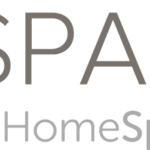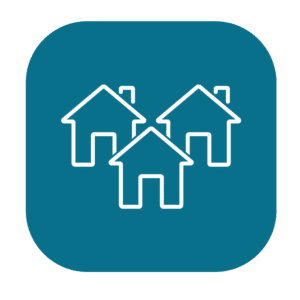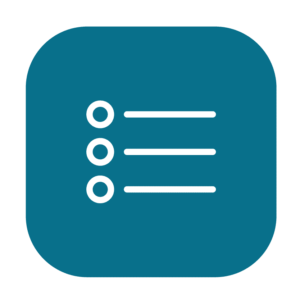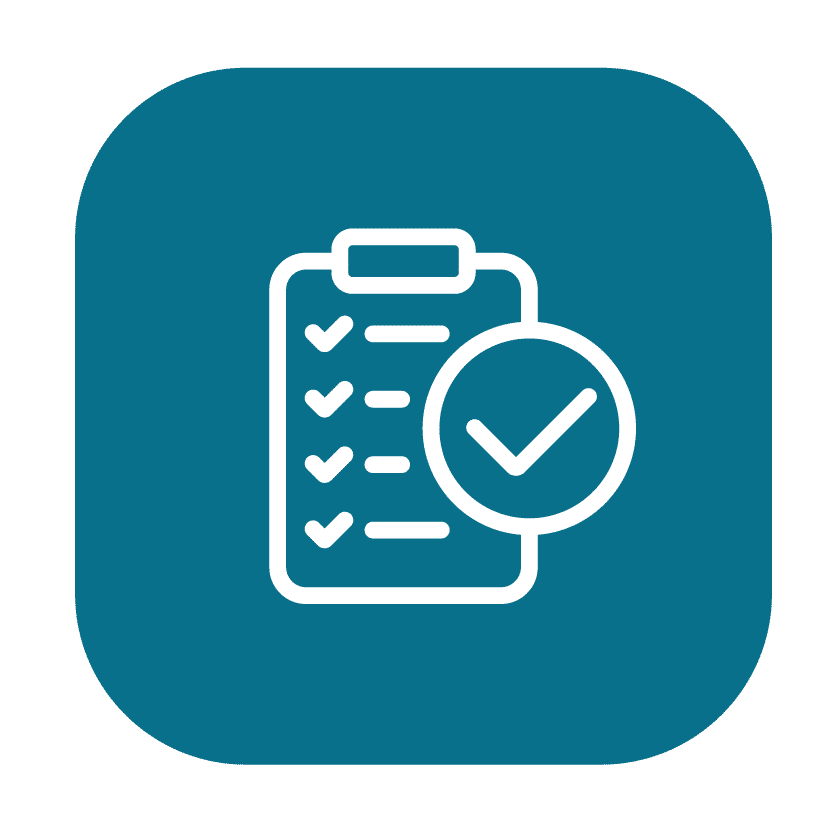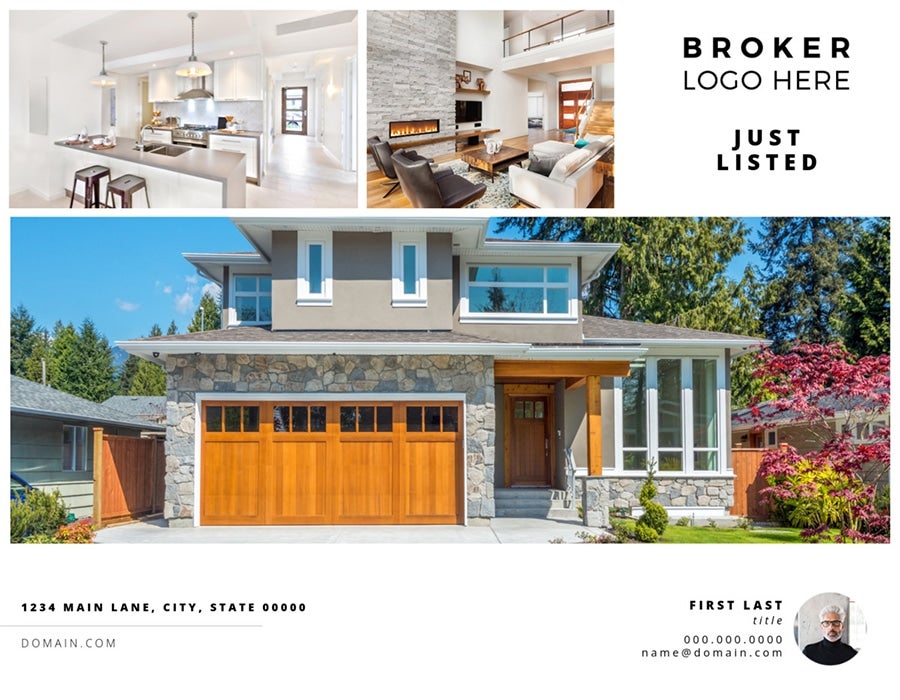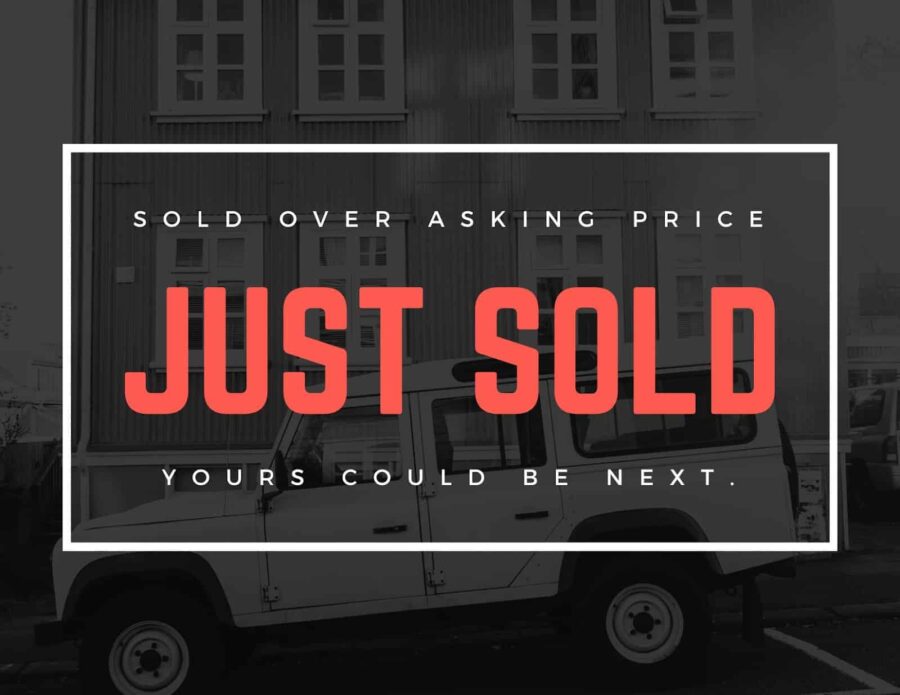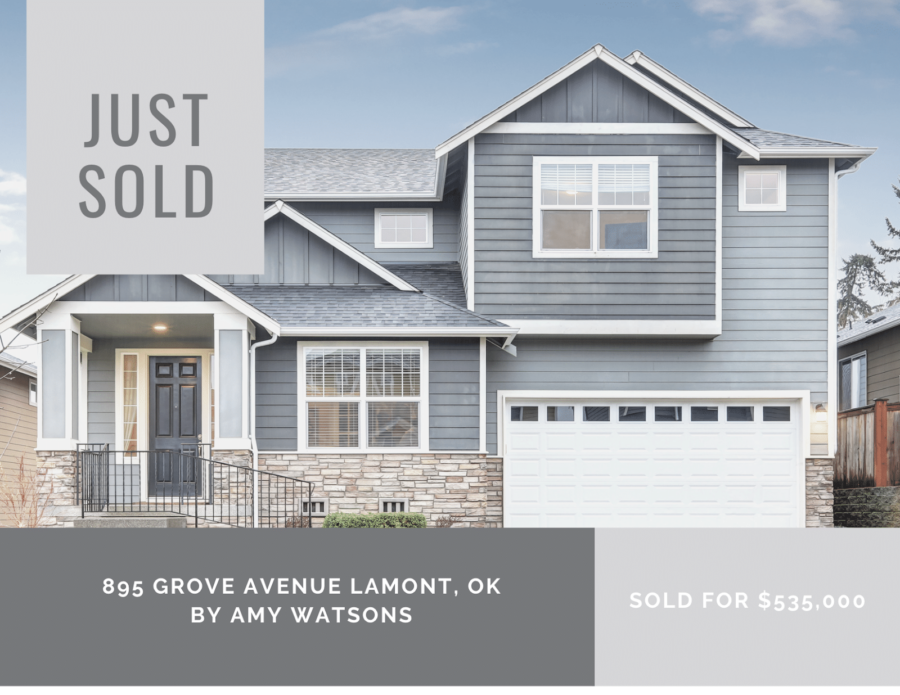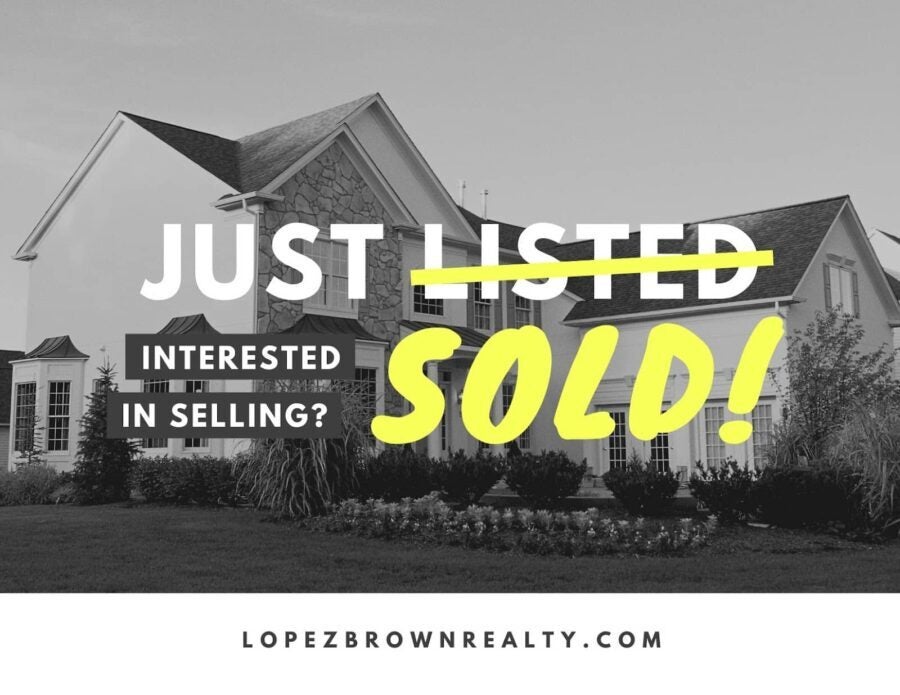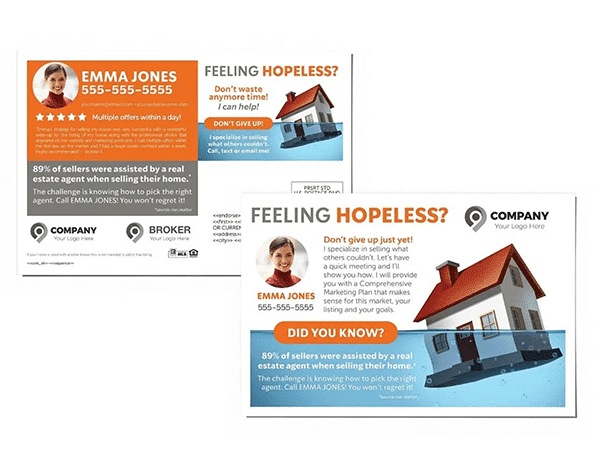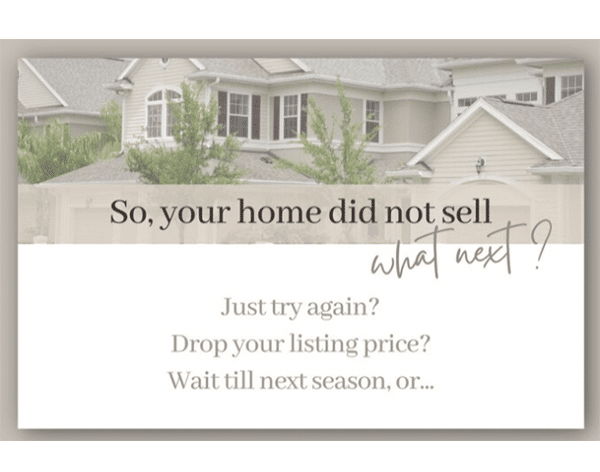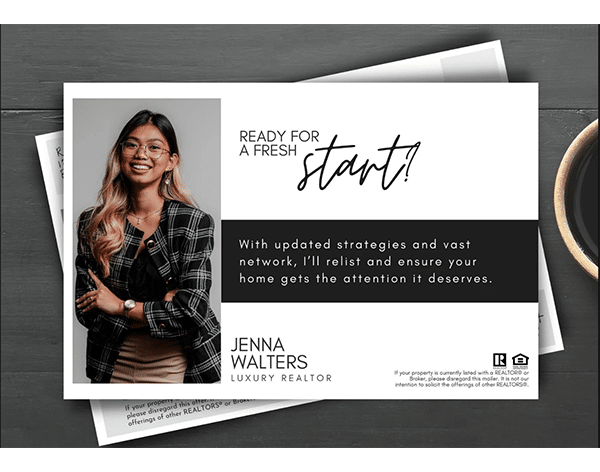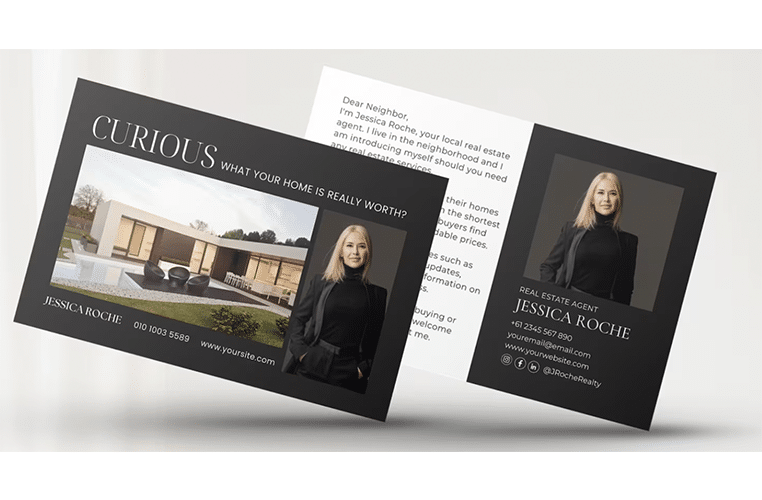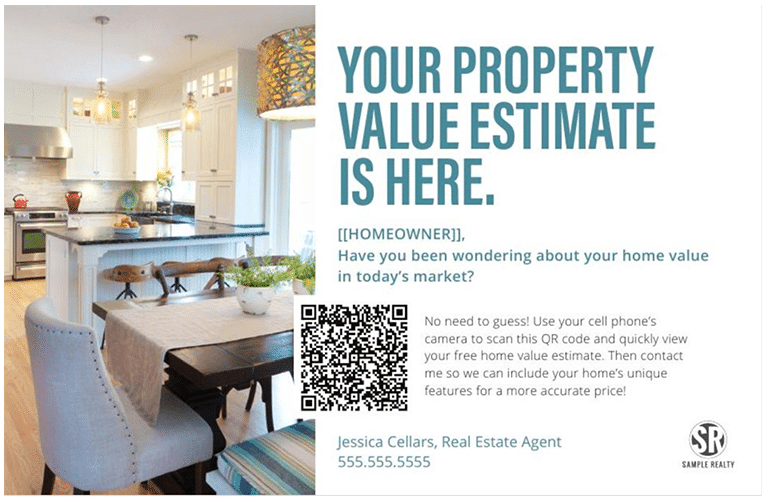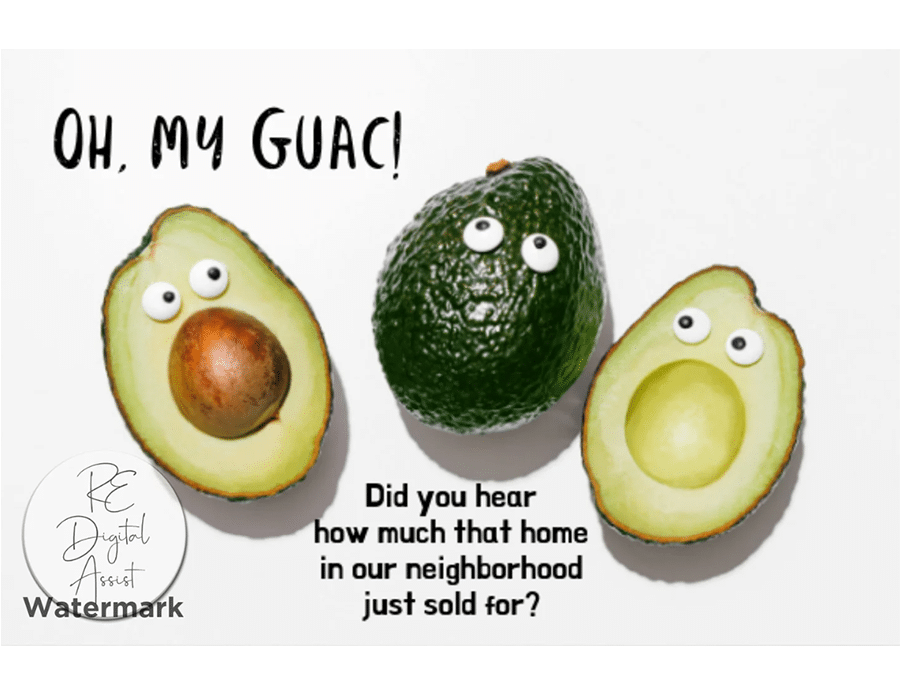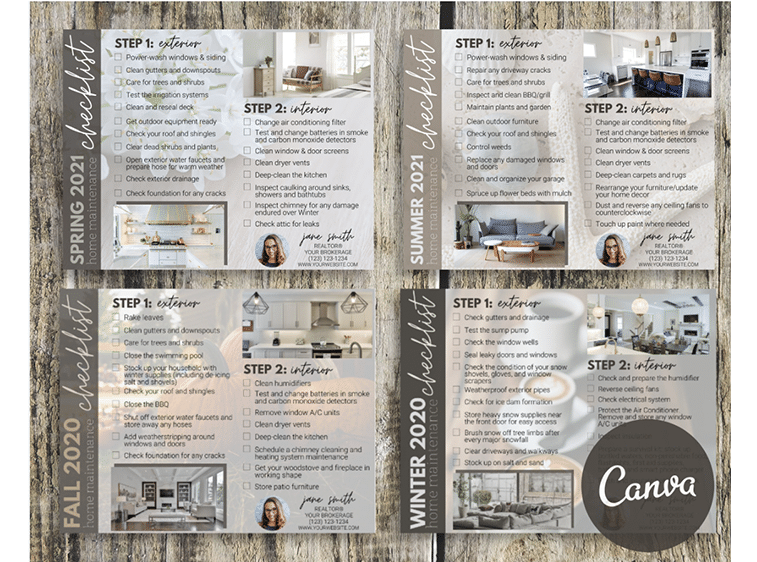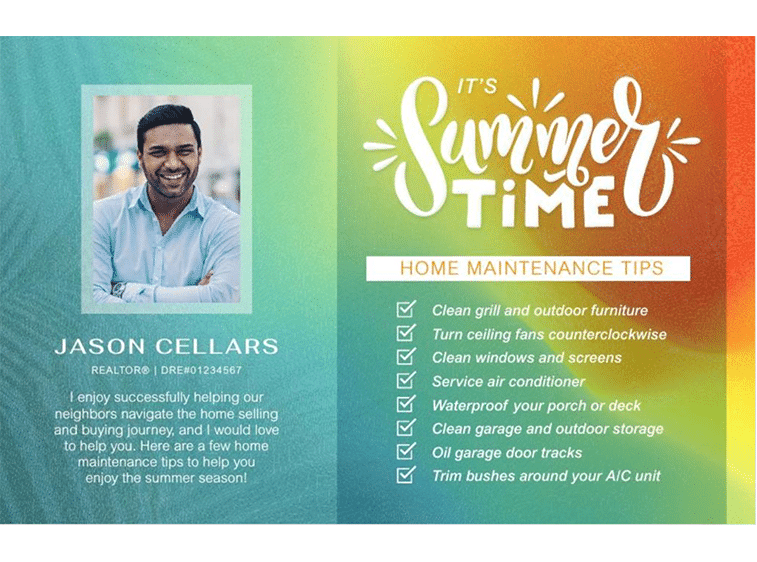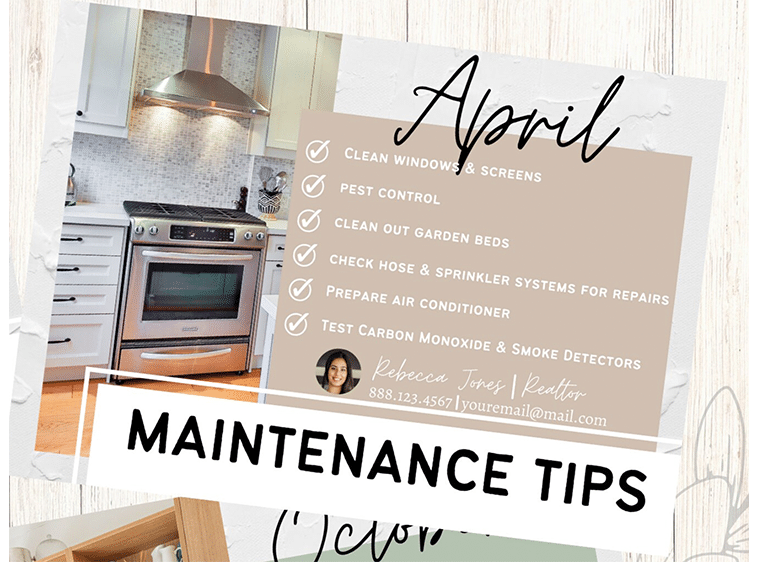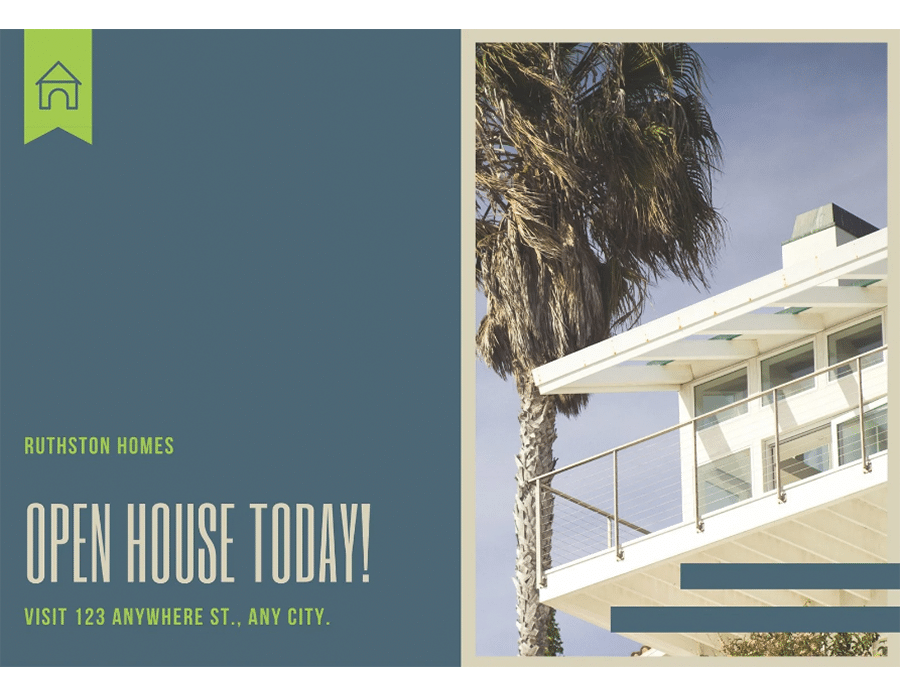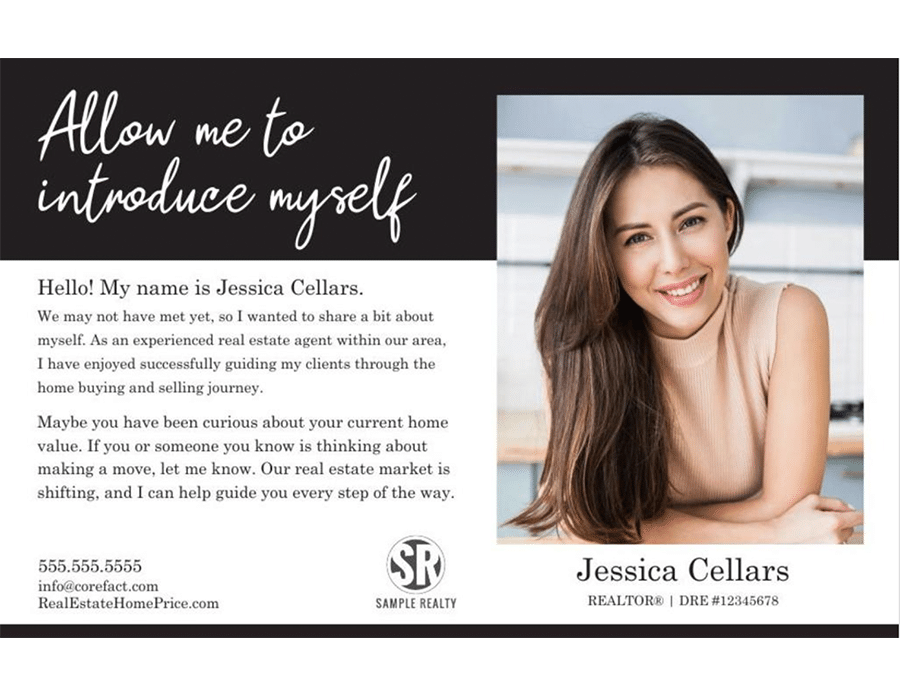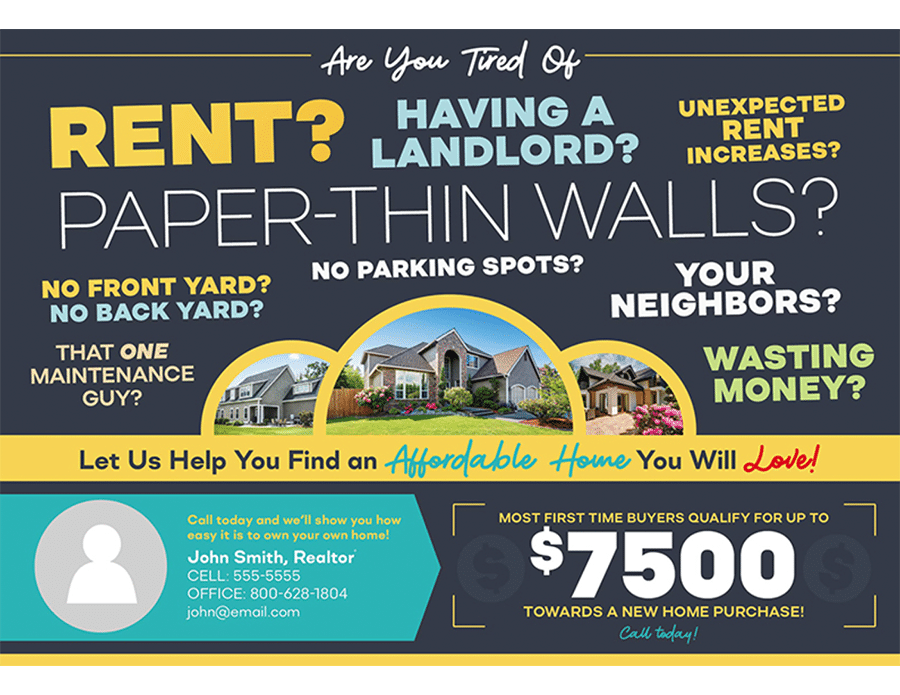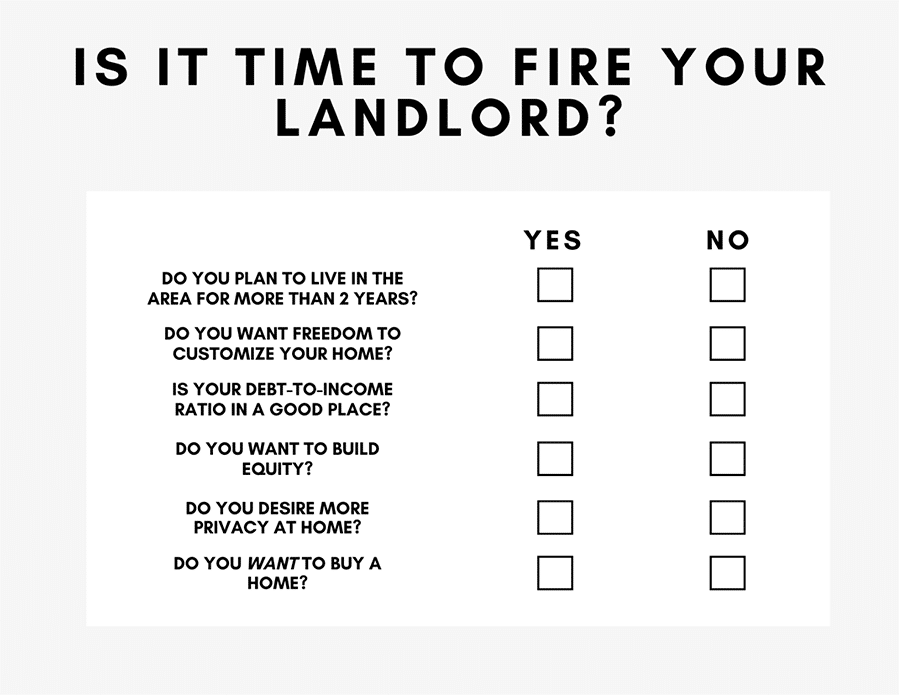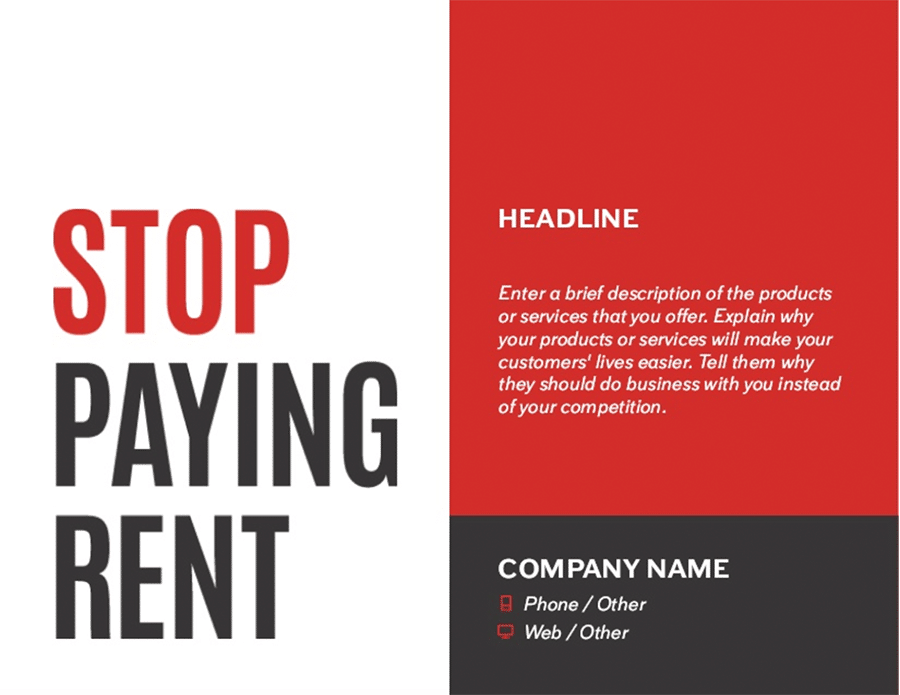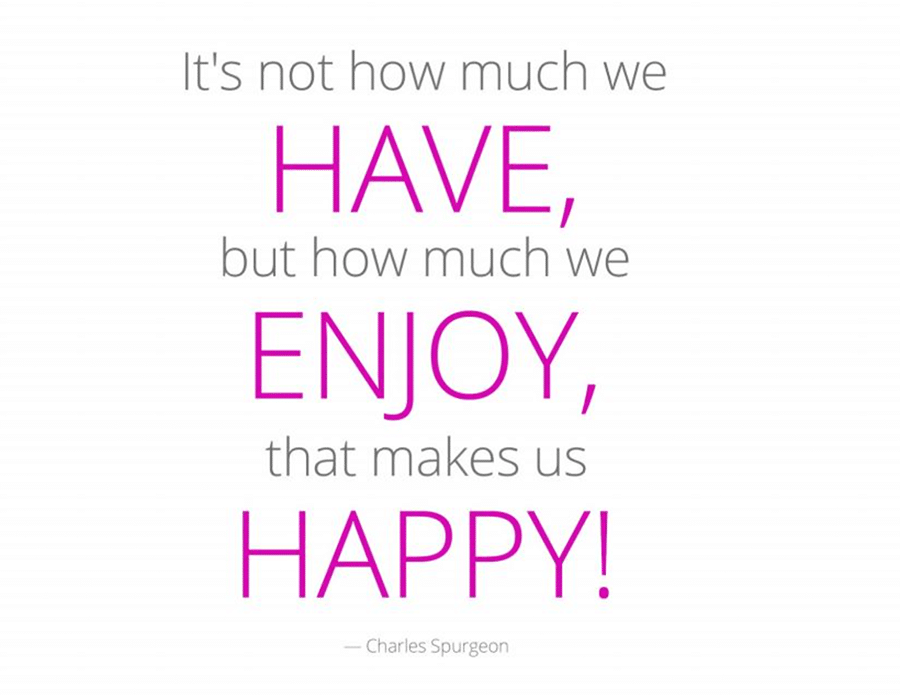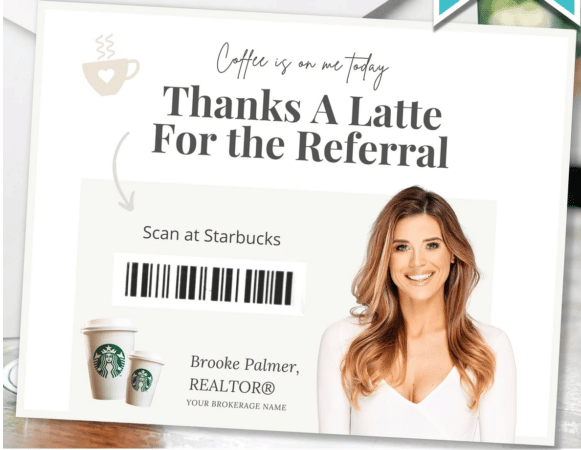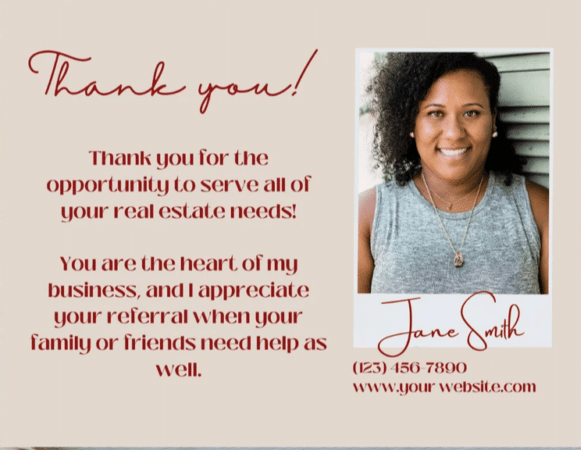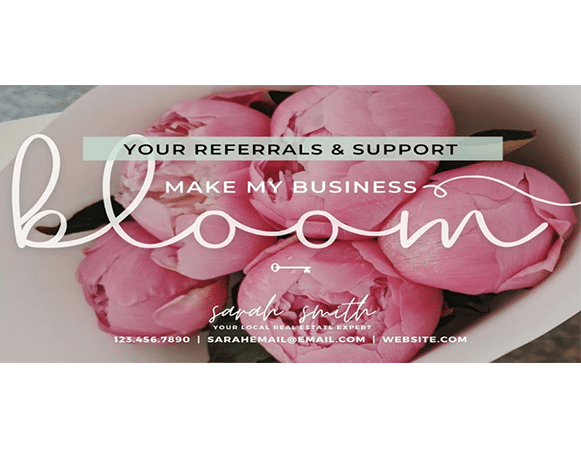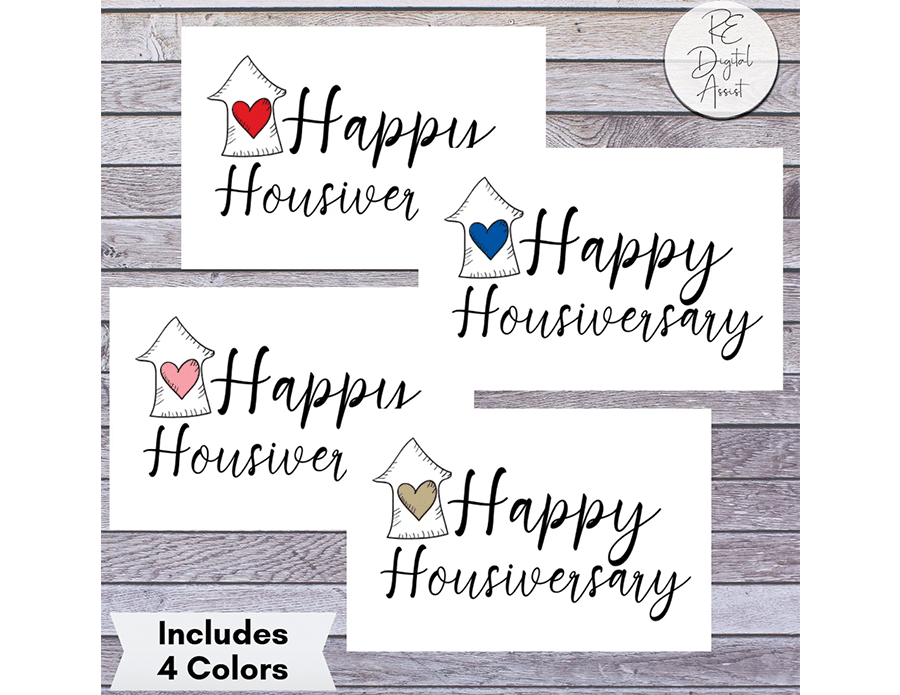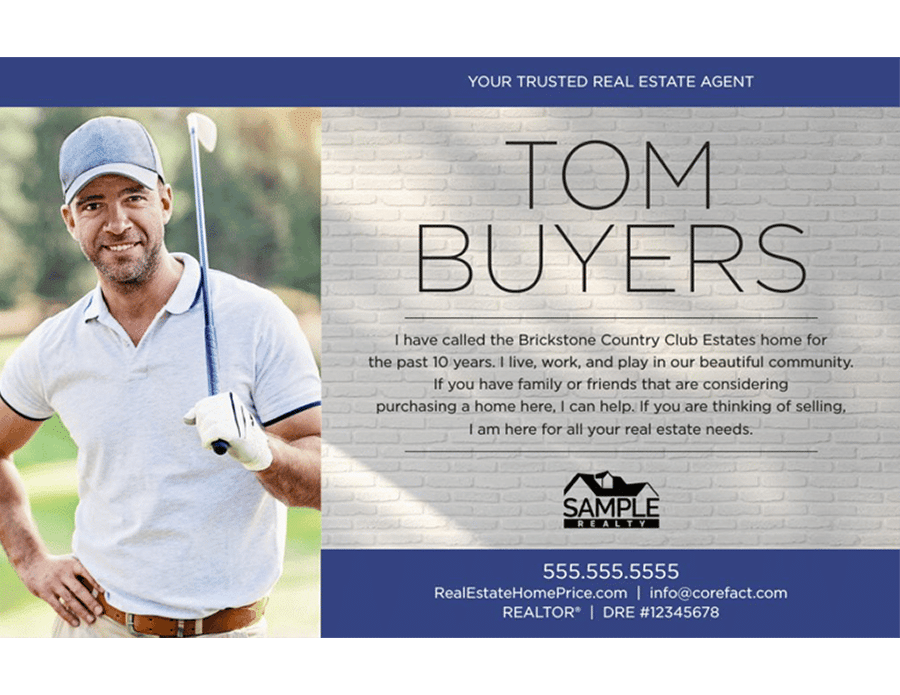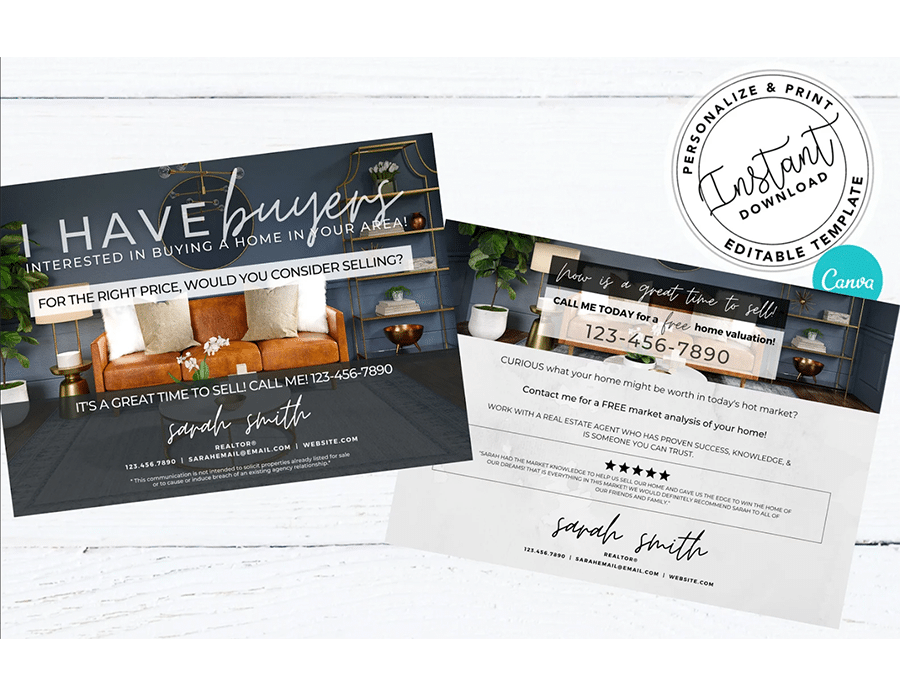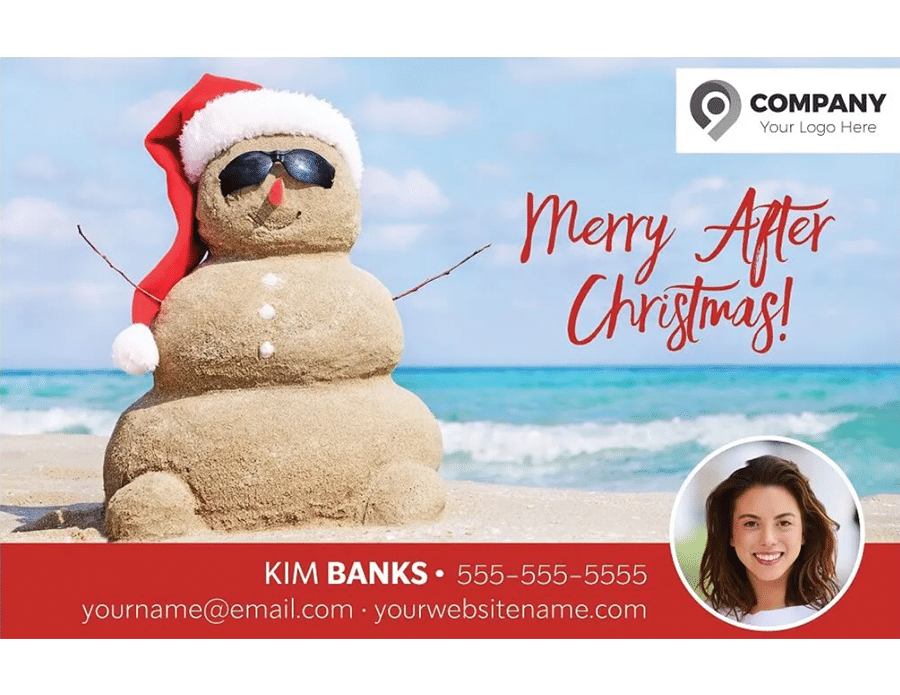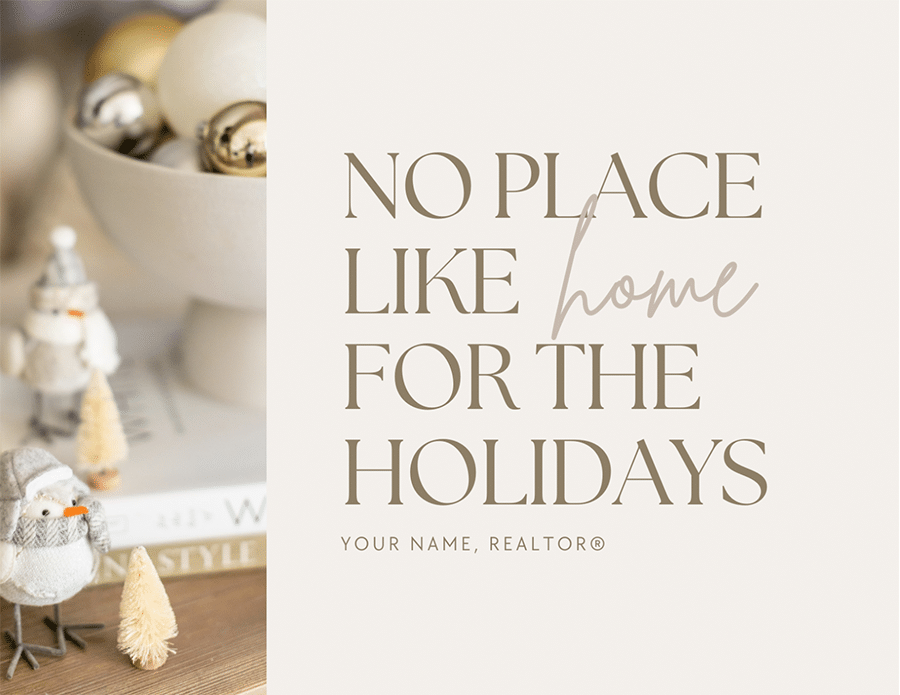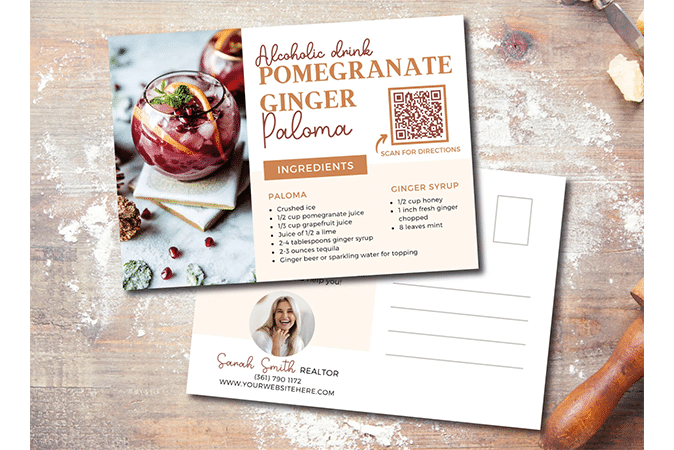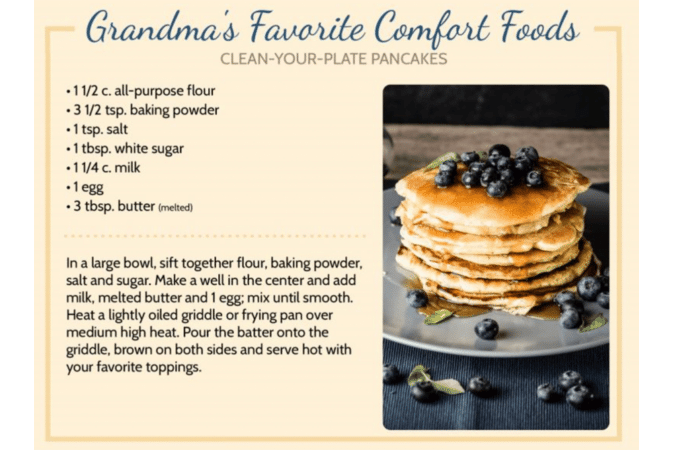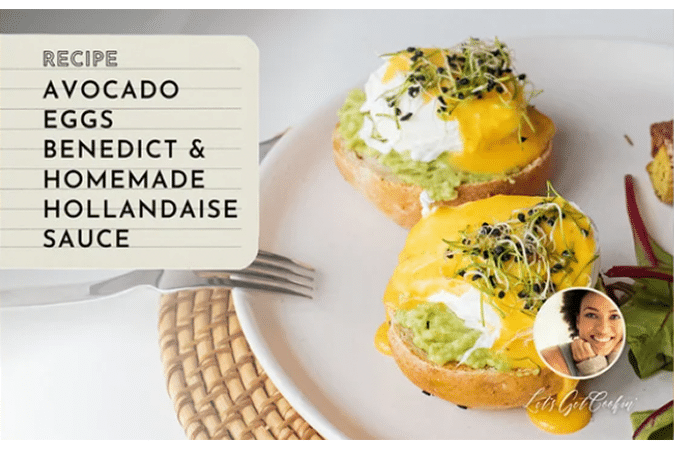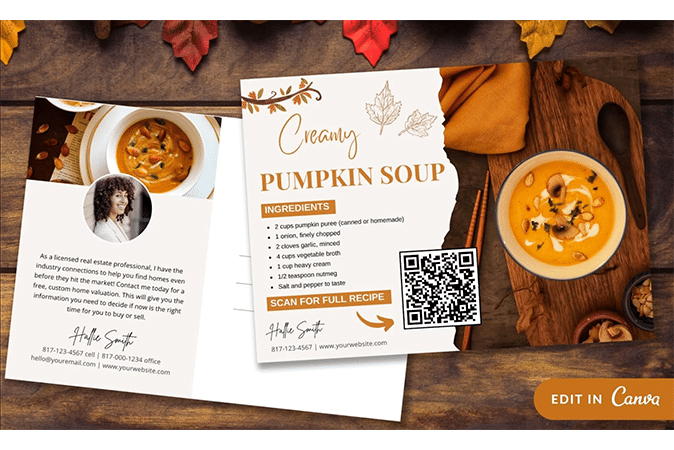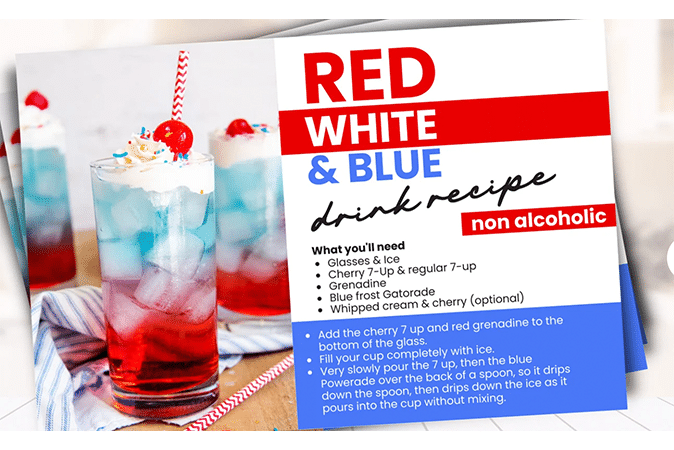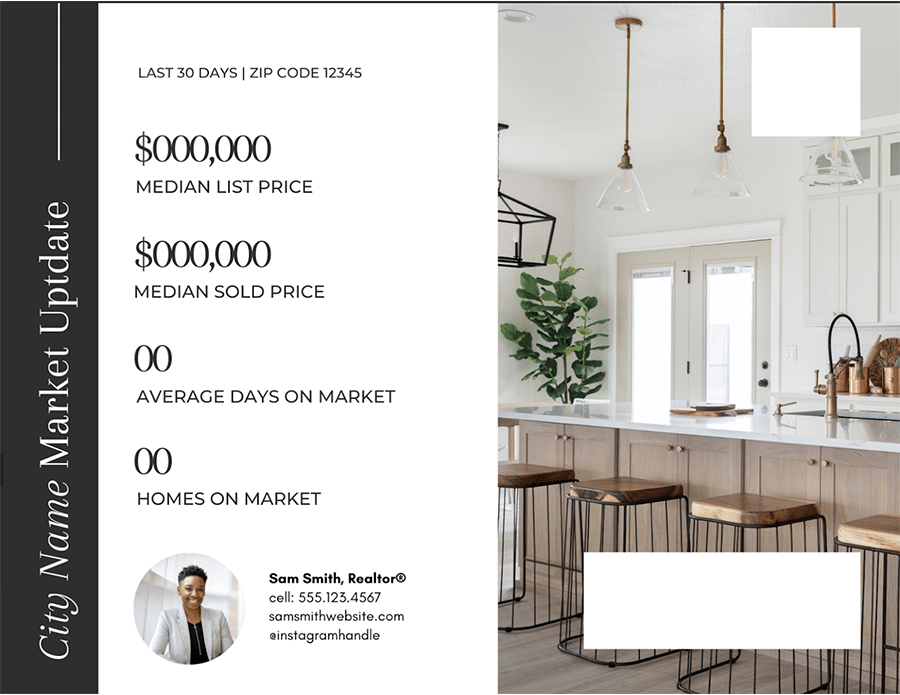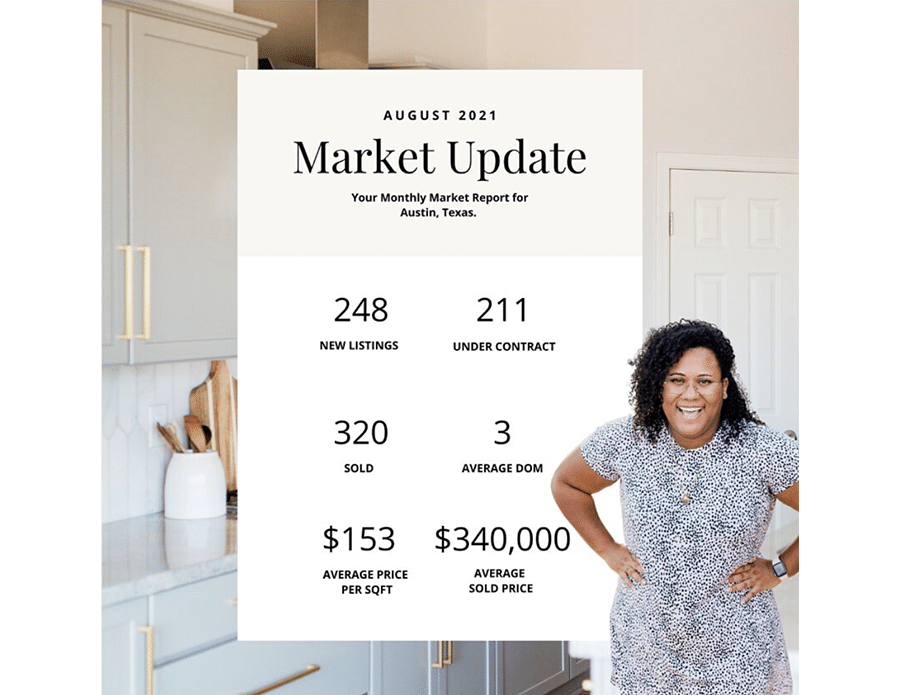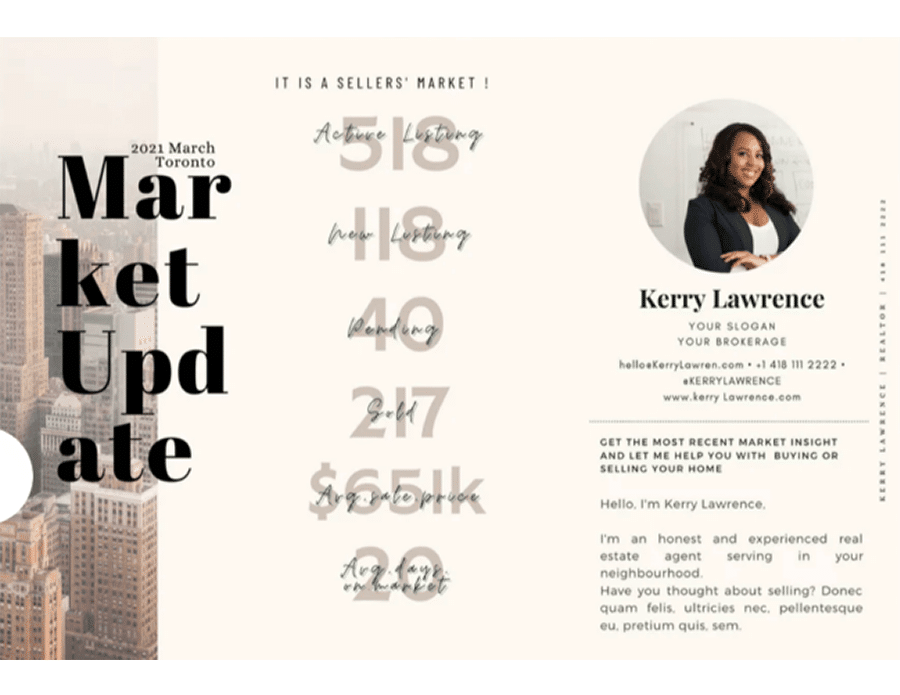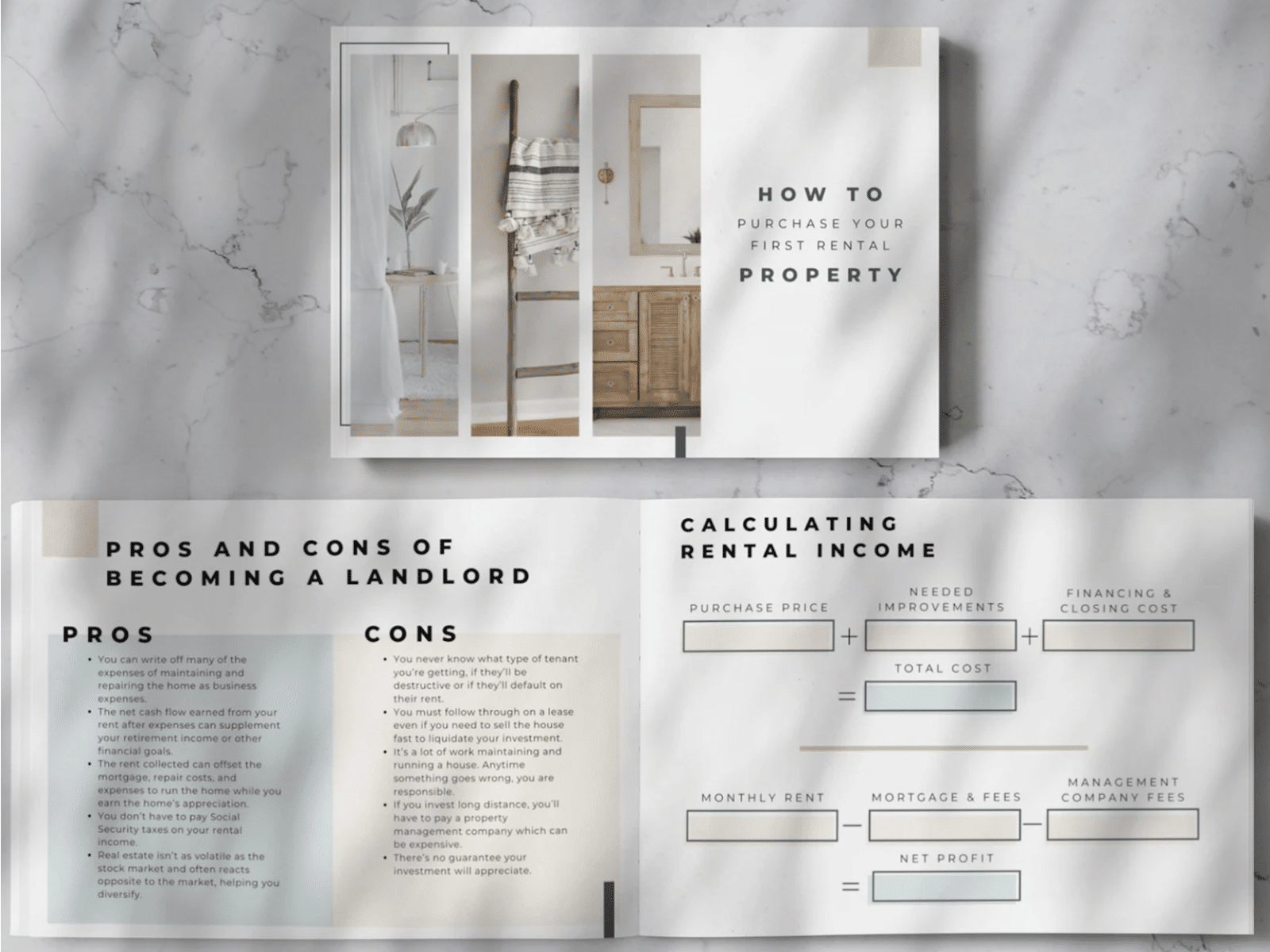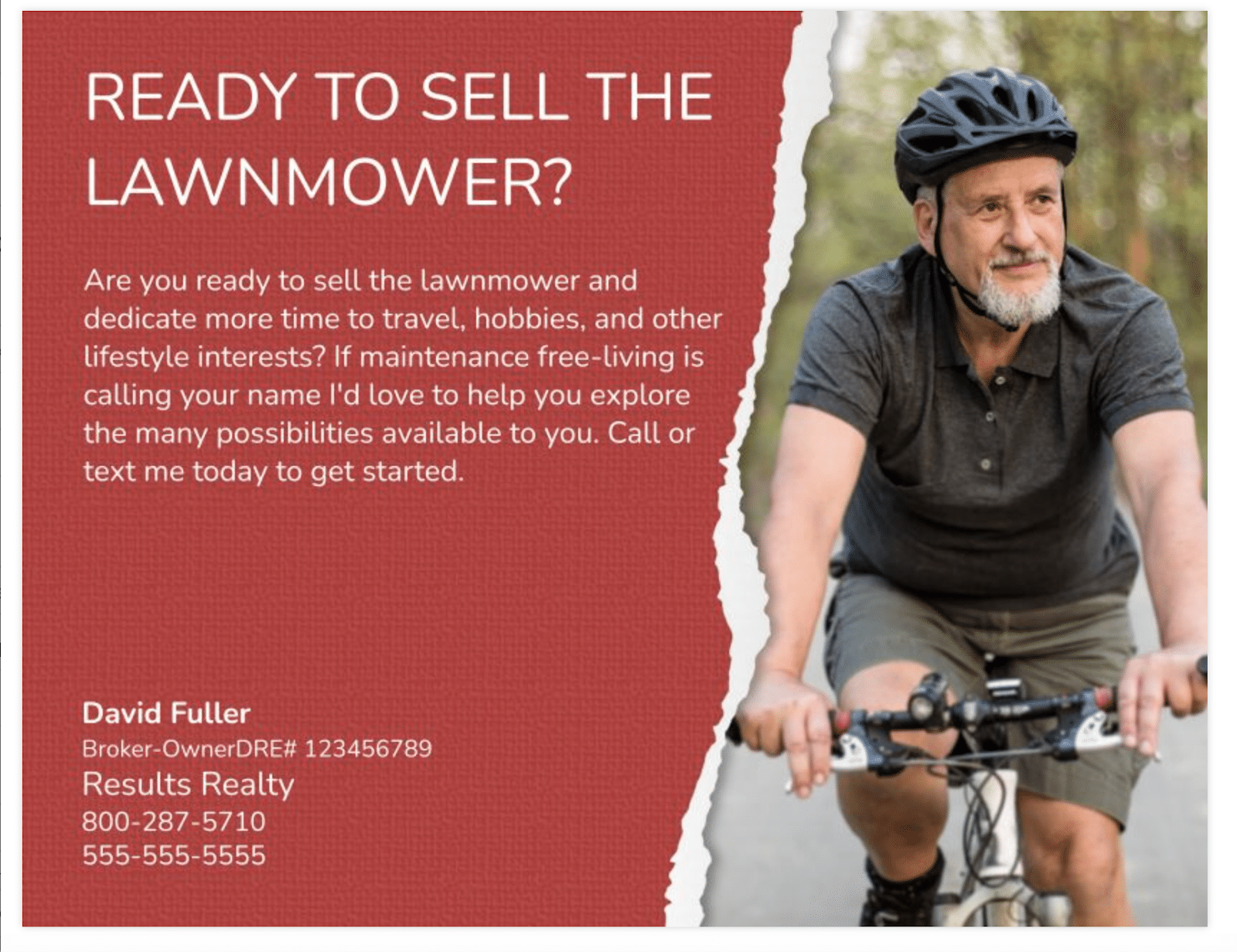If you’re still using pen and paper as sign-in sheets for your open houses, it’s time to step out of the Stone Age! With the best open house apps now available, you’ll be able to better market your properties, streamline the sign-in process, and capture more data for quality leads. With that being said, I’ve listed the best open house apps below to help you grow your real estate business.
- Spacio (by HomeSpotter): Best for lead generation
- Curb Hero: Best digital sign-in sheets
- Open House Wizard: Best for identifying quality leads
- Open Home Pro: Best simple free platform
- Happy Open House: Best for quick setup
The Close’s picks for best open house apps
| Standout Features | Monthly Starting Price | Free Trial | |
|---|---|---|---|
| Social media integrations with automated follow-ups and updates | $25 | 14 days | |
| Visit Spacio | |||
| Seamless QR code sign-ins with microsite marketing | Free | N/A | |
| Visit Curb Hero | |||
| Hot lead notifications and email tracking | Free | 14 days for premium versions | |
| Visit Open House Wizard | |||
| Seller reporting and personalized email branding | Free | N/A | |
| Visit Open Home Pro | |||
| CRM integration and customizable registration fields | $10 | 14 days | |
| Visit Happy Open House | |||
1. Spacio (by HomeSpotter): Best for lead generation
-

Pricing:
Starts at $25 a month (14-day free trial) -

Available on:
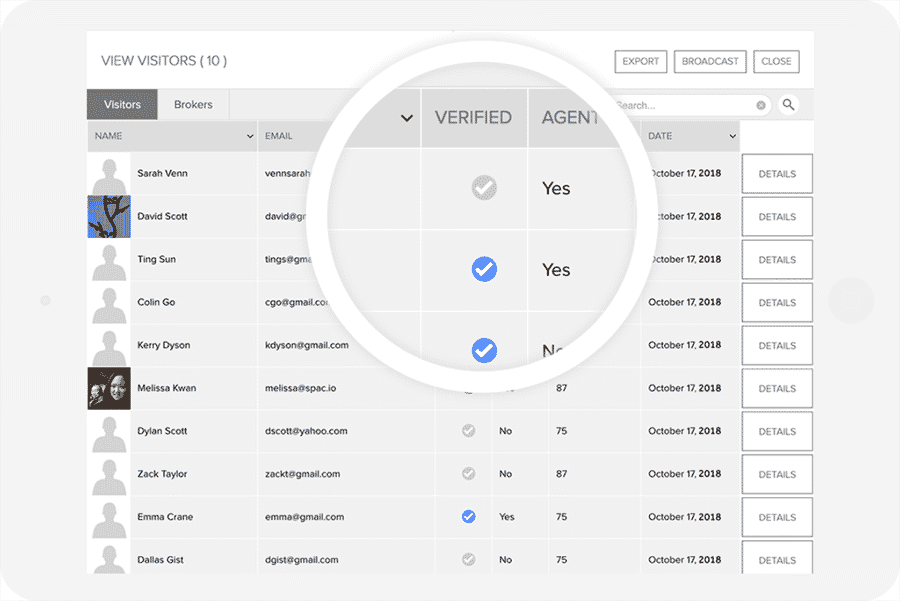
What is the Spacio app?
Spacio is a game-changer for real estate agents looking to streamline their open house process and capture more leads. It can be used to capture more than just basic contact information for your open house attendees, such as social media information, which you can use to nurture these leads in the long run. Combine it with the ability to send email updates and have automated follow-ups, Spacio is an app designed to help you generate as many leads as possible.
While having a digital presence and engaging with leads online can be a crucial first step to getting them in the door, don’t forget about your physical presence as well. Having effective open house signs, for example, is an opportunity for you to showcase your personal branding, and can result in more foot traffic for your property.
Notable features
Spacio comes loaded with a ton of features that can help with lead generation. Here are just a few notable items that can help you accomplish this:
- Automated follow-ups: As a real estate agent, it’s easy to let things slip through the cracks. Give yourself one less thing to worry about by allowing Spacio to automate emails to follow up with leads. Spacio can also be integrated with existing CRMs to easily import data for your existing contacts.
- Report creation: Keep your seller apprised of the effectiveness of open houses with visually stunning reports showing data on the number of attendees, lead status, and more.
- Email lists and updates: Capture the attention of those who have previously attended your open houses by notifying them of new properties and other updates that may be of interest to them.
- Capture social profile data: Spacio allows you to capture the social media information of your open house attendees, giving you another platform to connect and build more meaningful relationships.
- Custom registration forms: Customized sign-in sheets can allow you to capture the data you want for in-person and virtual open house events.
2. Curb Hero: Best digital sign-in sheets
-

Pricing:
Free for solo agents -

Available on:

What is the Curb Hero app?
Elevate your open house game with Curb Hero. This sign-in open house app is becoming extremely popular with agents, and it’s easy to see why. For starters, it’s 100% free for agents. That’s right, free! The app offers branded templates for popular brokerages like Compass, Century 21, and Keller Williams with automated follow-up to keep your leads engaged.
Notable features
Capturing contact info from open house attendees may seem simple — however, it often comes with challenges like making sense of illegible handwriting, fumbling with pens or pencils, or dealing with downtime due to unreliable internet access. Here are some features Curb Hero has developed to eliminate those headaches.
- No requirement for internet access: When you’re working at a client’s home, it’s hard to say how reliable internet access can be. It can even be hit-or-miss if you use your own mobile hotspot or cell service. Fortunately, Curb Hero’s sign-in functionality does not require an internet connection.
- QR code sign-ins: Make the registration process fast and easy for your guests by allowing them to simply scan a QR code. That’s right. No more dealing with illegible handwriting from using pen and paper, or needing to hover over them to walk them through the process.
- Microsite marketing: Market individual properties with Curb Hero’s microsite functionality, optimized for convenient viewing on mobile devices and social media sites.
- Data collection & verification: Curb Hero’s lead capture service includes built-in verification and background info collection. It also integrates with over 6,000+ CRMs and marketing tools to allow for multiple ways to follow up with your leads.
3. Open House Wizard: Best for identifying quality leads
-

Pricing:
$0 to $150+ (14-day free trial) -

Available on:
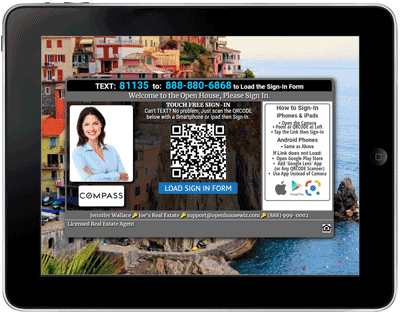
What is the Open House Wizard app?
Open House Wizard is my pick for the best app to help you identify quality leads. A big reason it makes this possible is that it makes open houses a breeze with open house checklists to ensure nothing is overlooked. With this in mind, Open House Wizard has the functionality to identify leads that are more likely than others to purchase a house in the near future. Tools like email tracking can also help you figure out how interested your open house attendees are.
Notable features
Quality leads can be just as important, if not more important, than getting a large quantity of leads. To this point, Open House Wizard helps you convert your leads with features like mini property marketing sites, flyers, daily visitor reports, and more.
- Hot lead notifications: Those who visit your open house can exhibit certain characteristics that suggest they are highly likely or very interested in purchasing a property. Examples include those who have attended multiple or previous open houses, which can be flagged as hot leads.
- AI-powered tools: Powered by OpenAI, you can utilize a text chatbot for visitor registration, create open house flyers, get assistance with emails, quickly generate open house forms, collect visitor feedback, and more.
- Integrated disclosures: Seamlessly integrate disclosures as part of the guest sign-in process for their acceptance and signature.
- Email tracking: Determine the effectiveness of your open house campaign as well as the interest level of visitors by getting notifications whenever emails are delivered and read.
4. Open Home Pro: Best simple free platform
-

Pricing:
Free; paid version for $20 per month if billed annually -

Available on:
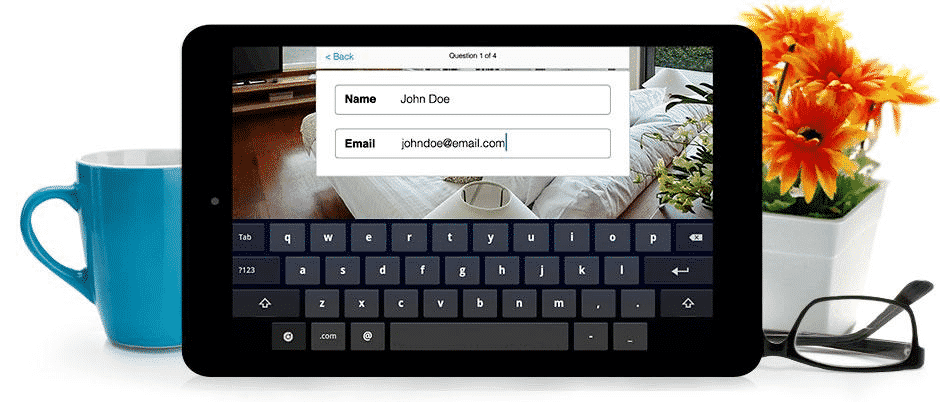
What is the Open Home Pro app?
Previously acquired by Placester, Open Home Pro is one of the first open house sign-in apps used by more than 90,000 agents. If you want to avoid the headache of trying to understand or figure out how to integrate multiple features into your business model, Open Home Pro is an excellent choice to consider because it really just focuses on having a digital sign-in sheet for open houses.
The best part? Pricing starts free, and you can always level up to the paid version if you’re looking for premium marketing and lead follow-up features!
Notable features
If you’re just looking for a simple, no-frills platform, Open Home Pro is an excellent option to consider for just getting your feet wet in this new era of real estate tech apps! In addition to being able to integrate with your preferred CRMs, the free version lets you use a digital sign-in sheet for an unlimited number of open houses, create single-property websites for marketing, and provides the ability to share to social media.
Although not a comprehensive list of features, the paid version provides the following notable functionality:
- Custom sign-in questions: Ditch the standard list of questions and have your clients answer the questions you’re really burning to know! Custom questions can include options for multiple choice, yes/no, and plain text responses.
- Personalized email branding: Stand out from the competition by having your emails customized with your company branding!
- Automated follow-ups: Save time from having to follow up with individual clients with the use of automated emails.
- Seller summary reports: Keep your sellers updated as to the effectiveness of the open house events with reports that show details on each individual visitor.
5. Happy Open House: Best for quick setup
-

Pricing:
Starts at $10 a month (14-day free trial) -

Available on:
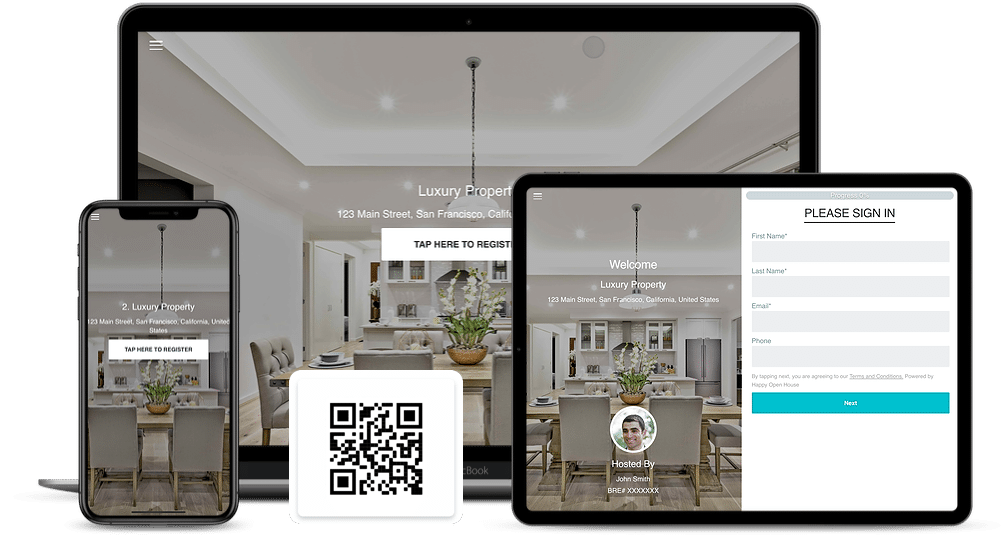
What is the Happy Open House app?
As a real estate agent, your time is valuable! That’s why I love Happy Open House’s app. You can sign up for the service in a matter of seconds, with only another few minutes to complete set up. After that, you’ll be on your way, and you can focus on other tasks! You’ll be able to bring your open house ideas to life with the app’s intuitive setup, which allows you to include property details and photos and customize questions for your visitors.
Additionally, while there is no free version of the app, there is a 14-day free trial, and you can sign up without needing to provide a credit card.
Notable features
If you want to level up your business without spending too much time, Happy Open House can get you up and running with its platform in a matter of minutes. Despite being able to get set up quickly, you’ll still have access to a number of useful features, such as:
- QR code and custom sign-in questions: Allow your open house guests to quickly sign in by scanning a QR code, and get answers to questions specific to your property and seller’s needs with custom registration questions.
- Hot lead indicators: Quickly identify motivated buyers with reports that show who has visited a property more than once.
- Bulk emails: Easily notify leads of updates or news with mass email messaging.
- Seller reports: Keep your sellers happy with regular reporting that contains details of the foot traffic they’re getting from the open houses.
- CRM integration: Automatically add and sync contacts from your existing CRM, marketing platform, or other similar app.
Honorable mentions
These last three programs are worth mentioning, even though an app isn’t available. They may not be widely known, but that doesn’t mean they can’t make a big impact on your business. Take a look at these web-based products to see if any of them are right for your business.
Pro tip: You can make any web-based program a button on your phone’s home screen so it appears as an app and is easily accessible.
- For iPhones: When you’re on the website, tap the menu button (looks like a rectangle with an arrow pointing up). Scroll down and select “Add to Home Screen.”
- For Androids: Go to the website you want to add and tap the menu (looks like three dots in the upper right corner). Tap on “Add to Home Screen.”
Showable
-

Best for:
Maximizing showings -

Pricing:
$0, $9, or $29 per month -

Available on:
Web Only
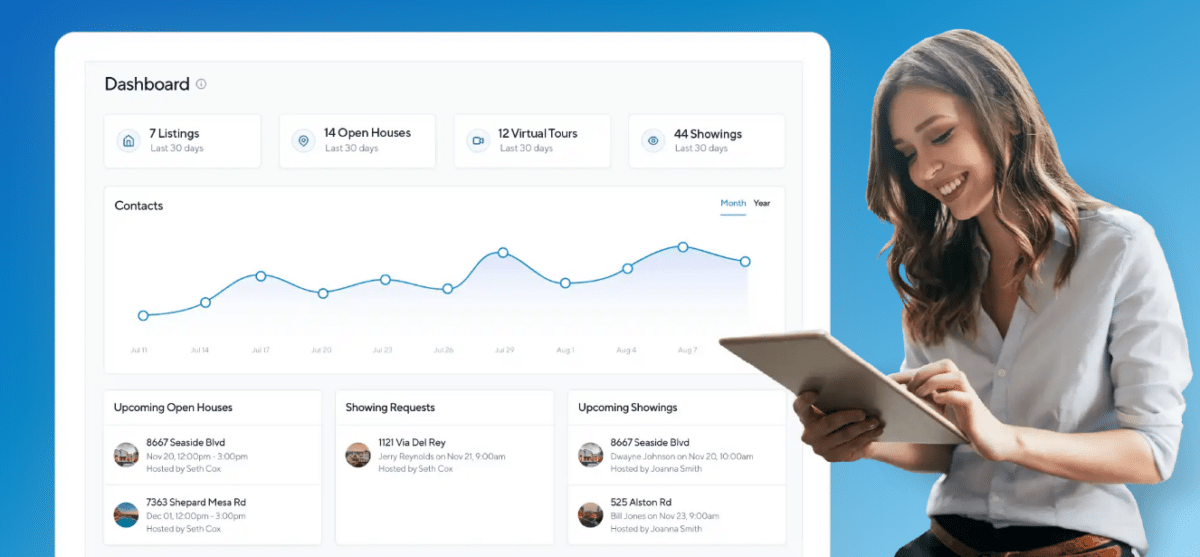
What is the Showable app?
Showable is your new secret weapon for killer open houses! This open house app includes all of the perks and simplicity of digital sign-in with the added benefits of appointment scheduling, virtual tours, email templates, and marketing.
Showable features that make open houses easier
Showable handles follow-ups for you, so staying in touch with potential clients is a snap. Connect with agents who have shown the home by sending broadcast emails directly from your dashboard. Agents can also request showing appointments quickly through an online booking calendar, making scheduling showings hassle-free.
Kagent
-

Best for:
Showing feedback -

Pricing:
$25 per month -

Available on:
Web Only
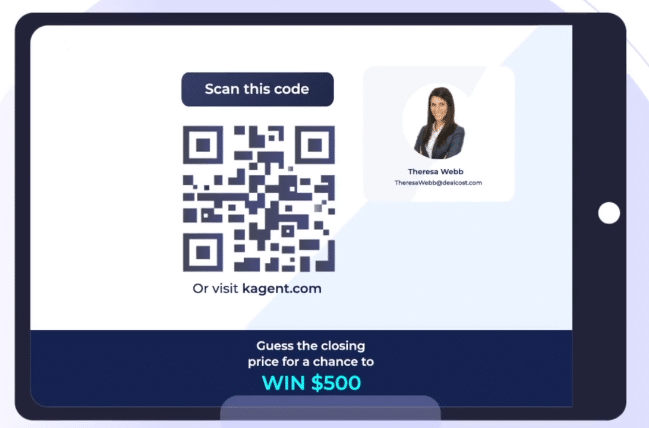
What is the Kagent app?
Kagent is an excellent tool to use if you want feedback from your open house attendees. This is something you can use to boost attendance and enhance your visitors’ open house experience. With QR code functionality, attendees can quickly and easily register and access your custom surveys. And, because Kagent sponsors a prize drawing (at no cost to you), they’ll have an incentive to register using your QR code.
Kagent features that make open houses easier
Kagent simplifies open houses with QR code generation, quick surveys, and a streamlined design. It took me less than five minutes to assemble an open house sign-in sheet, including setting up my account. Kagent connects with over 3,000 CRMs and other real estate tools. The standard version of Kagent is free for 1 month, after which pricing starts at $25 monthly.
Real Team Code
-

Best for:
One-click reports -

Pricing:
Starts at $20 a month (billed annually) -

Available on:
Web Only
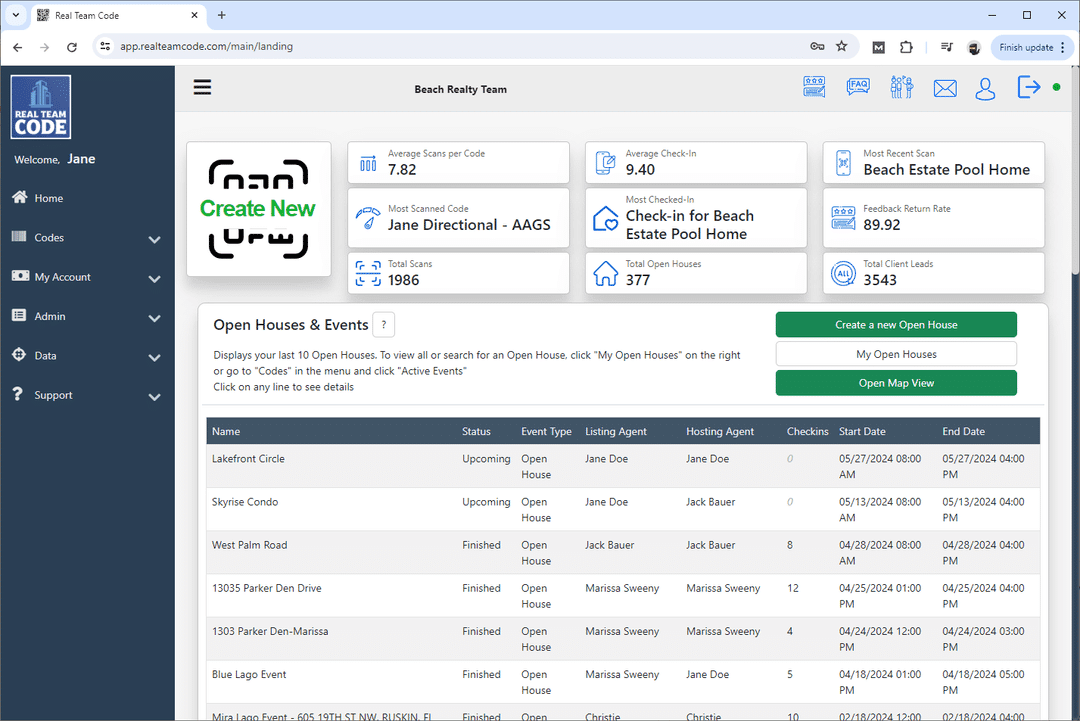
What is the Real Team Code app?
Generating reports with the data you need is often a time-consuming and tedious process. However, Real Team Code simplifies that and allows for one-click reports through the regular use of its platform. Once all of the sign-in data for an open house event has been collected, you can easily download the information and generate reports catered to your specific audience, whether it be sellers, team leads, or brokers.
Real Team Code features that make open houses easier
Coordinate with agents, gather feedback from visitors, and handle other essential tasks related to hosting a successful open house. Step One? Create your event. Step Two? Manage communications and collect information. Step Three? Download the data and generate reports. Everything you need for a successful open house and lead generation is at your fingertips.
Methodology: How I chose the best open house apps
In selecting the best open house apps real estate agents can use to get more leads, the methodology at The Close considered factors that would ultimately increase your odds of becoming a successful real estate agent. Having more leads is key to eventually landing a client, so you’ll want as many opportunities as you can get when it comes to finding and nurturing potential business relationships.
The factors I considered when researching open house apps centered around the potential return on investment, likelihood of generating leads, amount of time needed to learn or set up the model, as well as what its current and former customers have thought of the platform.
Here are the factors I looked into:
- Affordability
- I don’t know about you, but price is often one of the first things I look at for a new product or service! That’s because I know there’s always a small risk that I might not get enough value for what I pay for.
- Features
- I evaluated the specific set of features offered by various open house apps in determining how they compared with competitors, and whether they’d give an agent a leg up in the industry.
- Ease of use
- Time is money! The easier an app is to use, the less time you’ll need to spend setting it up, and the more you can focus on other aspects of your business.
- User reviews and ratings
- Probably one of the best ways to get an idea of what your experience will be with an app is to see what current and former users have to say about it.
Frequently asked questions (FAQs)
Should I serve food at an open house?
Absolutely! Serving food at an open house is about creating an inviting atmosphere that makes potential buyers feel at home. Imagine the smell of freshly baked cookies or a spread of gourmet snacks enticing visitors as they explore the property. It adds a touch of hospitality and charm, making your open house memorable and enjoyable. Plus, who can resist a tasty treat while checking out their potential new digs? So go ahead, whip up something delicious, and watch those offers roll in!
Do scripts work at an open house, or should I ditch them?
Scripts can definitely work wonders at an open house, but it’s all about finding the right balance. Having a script can help you stay organized, ensure you cover all the essential points about the property, and guide conversations with potential buyers smoothly. It gives you confidence and keeps you on track. However, being flexible and ready to adapt to different visitors’ needs and questions is just as important. So, think of your open house script as a helpful tool rather than a rigid framework. Blend it with your natural charm and spontaneity to create a personalized experience that leaves a lasting impression on your guests.
How do I host an online open house?
To host an online open house, start by choosing a platform like Zoom or Facebook Live that fits your audience and is easy for visitors to join. Pick a date and time, then send out your open house invitations via email, social media, and any other marketing you use. Before the event, prep the property by staging it nicely and ensuring good lighting. Be ready to guide the tour, covering key features and neighborhood perks. Greet participants, showcase the property with a virtual tour or photos, and encourage questions to keep things interesting. Don’t forget to use digital sign-in sheets to capture leads. Afterward, be sure to follow up with attendees to answer any questions and gauge their interest!
Bringing it all together
Hosting an open house should be fun and focused on building relationships to sell your listing. Ditch the old-school pen and paper that can get lost and messy. Open house apps allow agents — both tech-savvy and not — to get quality contact info and feedback while spending more time getting to know potential clients.
What open house apps do you use to connect with leads and promote your listings? I’d love to check out some new and upcoming apps to review. Let me know in the comments!
The post 5 Open House Apps Agents Use to Get More Leads in 2025 appeared first on The Close.
22 Apr, 2025 | Admin | No Comments
Real Estate Farming: How to Become the Go-to Agent in Your Neighborhood
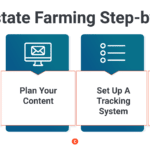
In my experience, farming for your real estate business can be one of the most lucrative and dependable lead generation strategies for agents. It’s easy to get started and reasonably inexpensive — just think about it this way: your commission from selling just one home could pay for your farming efforts throughout the year.
We’ll walk you through our detailed approach to farming, outline the costs involved, and review all the tools you’ll need.
What is farming in real estate?
Real estate farming is a lead generation and marketing strategy agents use to generate consistent business from a specific geographic area.
Agents “farm” a specific neighborhood by providing consistent value while cultivating relationships and generating leads that evolve into long-term clients. This practice also helps build a reliable business. Ultimately, the goal is to become the local expert and go-to agent for a particular geographic area.
 Pro Tip
Pro Tip
Geographic farming is not to be confused with demographic farming, where you focus marketing efforts on a set of people such as first-time homebuyers, seniors, military personnel, or even equestrians or golfers. You can read more about great real estate niches here.
How to approach real estate farming: 4 steps
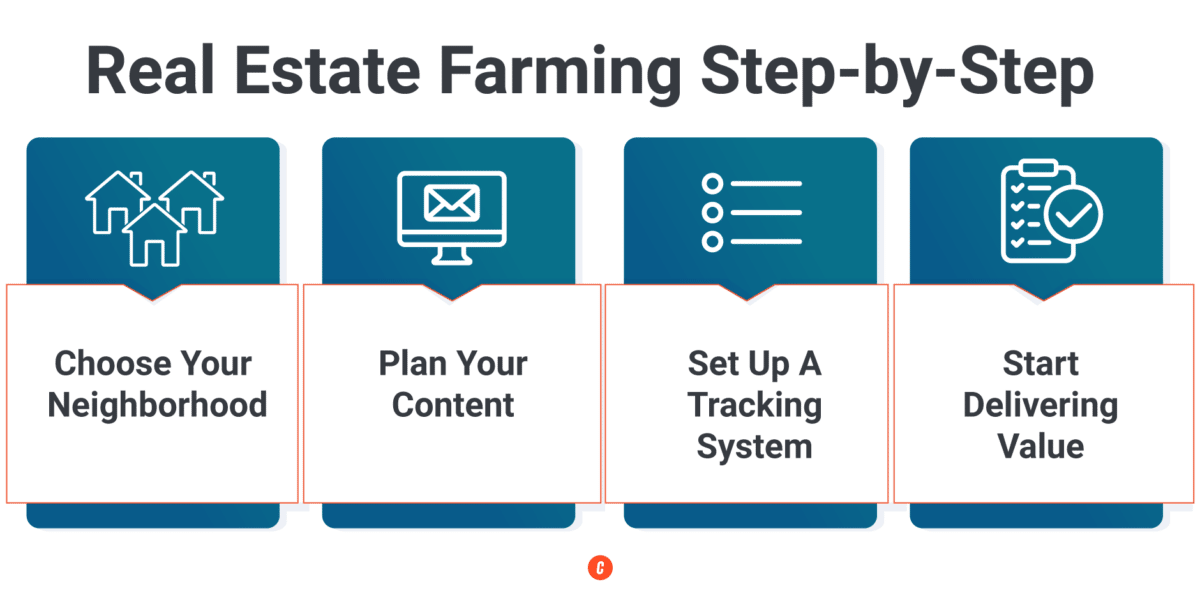
1. Target the Right Neighborhood
The success of your farming strategy depends on choosing the right area. A good farm includes between 100 and 250 homes, but note that each home you add to your farm increases your budget. You’re looking for consistency, and this can quickly rack up costs.
Many agents start with too many homes, can’t keep up, and drop their farming efforts after only a few months. Keep your farm small to maximize your effect and lead generation probability.
Using some easy napkin math, find an area where there’s healthy demand and where homes are actively listed for sale with a solid turnover rate. There is no point in farming an area that isn’t very active.
Computing for the turnover rate
To get the rate of homes sold/turnover rate, look back 12 months to see how many homes were listed for sale in your farming area, and how many sold. You can find this information in Zillow or your multiple listing service (MLS). We want to know the rate of homes sold to tell us how many months of inventory are in this neighborhood. Take your time frame (let’s say, one year or 365 days) and divide that by the number of homes sold.
For example, if there were 16 homes sold in your farm over the last year, we can divide 365/16 to get 22.8. So now we know that for your farm area, the rate of homes sold is roughly 23 days.
Stick with me to get the absorption rate. To do this, we’ll multiply the number of homes sold by the rate of homes sold.
Sticking with the example above, let’s say there are two active listings in your farm. So we will do 2 x 22.8 = 45.6 (or about 1.5 months). That’s a reasonable absorption rate — the average varies, but as a quick rule, you’re looking for less than three months.
Now you know that the current market conditions of the farm you’ve chosen are pretty hot — as long as market conditions remain consistent.
Next, gather information on your farm area and get to know the market backward and forward. In addition to understanding average sales prices and days on market (DOM), you’ll need to know the average age and income of homeowners, typical home styles and age, local employers, upcoming developments, zoning and permitting regulations, neighborhood amenities, and other local agents who might be competition. Use the tools at your disposal, like your local MLS and market reports from a place like Altos Research.
Arming yourself with neighborhood knowledge will immediately help you stick out when you get a lead from your efforts.
2. Plan how & when to deliver value to your farm
Agents crushing the neighborhood farming game deliver consistent value to residents in their farm areas. Successful outreach is more than papering the neighborhood with your branded message. It’s about offering something helpful to locals, like a market report, local event, social media group, or a neighborhood website.

This neighborhood strategy goes a long way in easily establishing you as the local expert. It’s also easy to do — once a month, send out your postcards to your farm. We like PostcardMania for this because their designs are simple. Try to include images of the recently sold homes—your farm will recognize the homes and they will come to associate you with the neighborhood.
3. Make a plan to manage & track your leads
Your real estate farming leads differ from those you pay for or capture on your website, so be sure you’re tracking them separately. A solid customer relationship manager (CRM) allows you to tag farm contacts individually, as well as automate digital communication like email or text messages. It also creates a record of the value you’ve delivered over the life of your farming activity. Plus, you can carefully track each reply to ensure you promptly follow up at every point of contact.
Check out all our top CRM picks in our guide to the best real estate CRMs. One of our top picks for the best overall real estate CRM is LionDesk (powered by Lone Wolf Technologies) — it’s affordable and packed with real estate-specific features ideal for farming.
4. Start delivering value
You’ve chosen the right farm area, made a plan to deliver consistent value, and set up a system to manage and track your interactions. Now it’s time to set up your automated communications and send out high-touch outreach with postcards and market updates.
Successfully farming a territory combines long-term automated communication and smart, day-by-day personal follow-up. As we’ve said, staying consistent is key — and you should start to hear from your potential clients after a few months. However, if you treat farming as a set-it-and-forget-it strategy, you won’t be as effective.
Now that you’ve set up your strategy, it’s time to go outside the box — think neighborhood events, knocking on doors, and circle prospecting your farm. We’ll dive into that next. But that’s all to say: If you’re active in the communities you serve, your clients (and your wallet) will thank you.
Are you looking for more clever real estate marketing ideas to up your game? We’ve got you.
 Pro Tip
Pro Tip
Market Leader is a tool you can use to help automate real estate processes from the beginning stages of lead generation, all the way to closing a deal. Its lead intel functionality can track and analyze behaviors of your contacts and alert you to potential hot leads based on their activities. You’ll also get a committed number of exclusive leads from your area. Additionally, Market Leader can help you automate marketing campaigns, seamlessly integrate with social media, manage your own branded website with MLS listings, and more.
How much does it cost to get started?
So yes, unfortunately, there will be a cost to getting started. But if done right, your efforts can pay off tenfold! And while it can be tempting to cheap out on products and services, sometimes you really do get what you pay for. Try to keep that in mind, as you may not get a sufficient return on investment with less expensive offerings.
Startup costs for everyone will vary. However, I’ve run through the numbers for what I would consider a fairly typical real estate farming operation of 250 homes. The bottom line estimate comes out to around $11,000, broken down as follows:
| Regularly scheduled postcards (250 × 8 = 2,000; estimated cost $1/card) | $2,000 |
| On-demand property status postcards (250 × 12 months = 3,000; estimated cost $1/postcard) | $3,000 |
| Quarterly letters (250 × 4 = 1,000; estimated cost $1/letter) | $1,000 |
| Door hangers for your annual door-knocking session (250 @ $2/piece) | $500 |
| Neighborhood website (e.g., Parkbench) | $3,500 |
| Farm-specific content for your website | FREE |
| One sponsored event | $1,000 |
| Total | $11,000 |
We go into each tool and how to use each one for your farming strategy in the next section.
Understandably, $11,000 as an estimated startup cost can be an alarmingly high figure, I’ll give you that. But try to put it in perspective and look at the bigger picture, as farming can be a crucial part of growing your real estate business!
For instance, considering a typical home sales price of $400,000 with a standard 3% commission, that would equate to gross earnings of $12,000. In other words, getting just a single client from this farming operation would be enough to cover these startup costs.
Essential real estate farming tools you’ll need
Having the proper tools is a key part of running an effective real estate farming operation. Many of the tools we’ll cover have been mentioned in the cost estimate in the prior section. Here, I’ll go through each and how they can be an effective part of your real estate farming operation.
| Type of Tool | Estimated Cost | Recommended Update Frequency | Purpose |
|---|---|---|---|
| Real estate postcards | $1 per card | 4-8 times per year | Direct mail to showcase expertise in your local market |
| On-demand postcards | $1 per card | Whenever a home is listed or sold | Providing up-to-date information to potential clients |
| Blog content | $0 | At least monthly | Provide a summary of local market updates and events |
| Market update letters | $1 per home | Quarterly | Market insights and updates from the past quarter |
| Website | $3,500+ annually | 1-2 times monthly | One-stop-shop to showcase your brand, expertise, and experience |
| Door hangers | $2 each | Annually | Added touchpoint to establish your local presence |
| Home value updates via email | $300 annually | Monthly | Keep homeowners informed of their home value |
| Sponsored event | $1,000+ | Annually | In-person meet and greet |
Regularly scheduled real estate postcards
-

Frequency:
Once or twice per quarter -

Typical annual cost (250 homes):
$1,000-$2,000 -

Our suggested provider:
ProspectsPLUS! -

The Close resource:
Real Estate Postcard Templates to Generate Leads
Direct mail is the backbone of your farming campaign. Postcards and flyers are the ideal tools to convey messages, statistics, and authority to your farm area.
Use direct mail to deliver quarterly touches. Mix it up with a snapshot of the market, recipe, inspirational quote, joke, or sports schedule — anything that will provide value to your recipients.
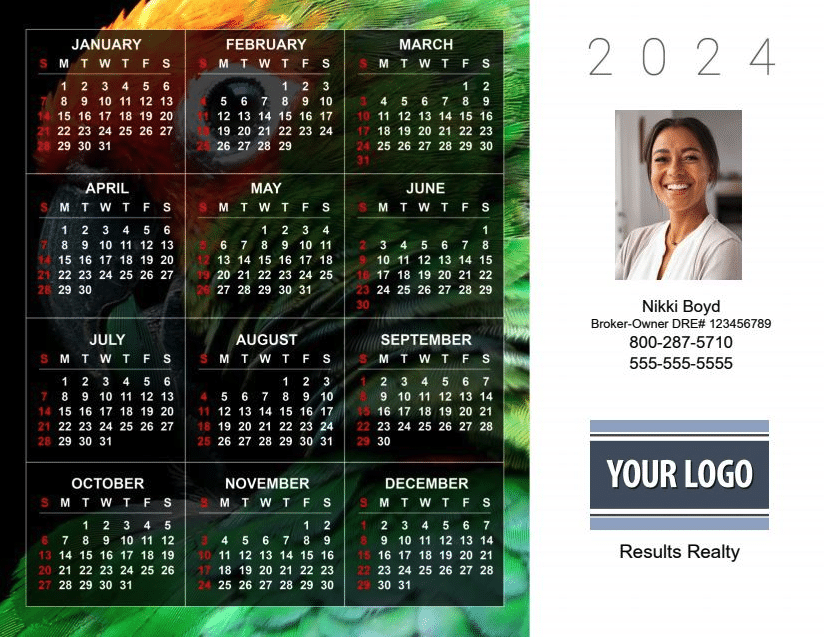
ProspectsPLUS! has dozens of geographic farming campaign postcards, perfect for quarterly mailings that keep you top of mind.
On-demand postcards
-

Frequency:
Whenever a home is listed or sells in your farm area -

Typical annual cost (250 homes):
$3,000~ -

Our suggested provider:
PostcardMania -

The Close resource:
Circle Prospecting Strategies to Boost Lead Generation
Using on-demand postcards to notify potential clients about recent sales and listings in their neighborhood can be an excellent way to showcase your brand, expertise, and ability to stay up-to-date with the latest market trends.
Additionally, from a homeowner’s perspective, receiving these updates can be minimally invasive and quick to glance through. It can serve as a potential motivating factor and an excellent way for you to get new listings if they are intrigued by the information they’re presented with, like a nearby home that fetched a high sales price. If they were on the fence about selling, then you might be the first one they call once they change their mind to see how much they might make by putting their home on the market!
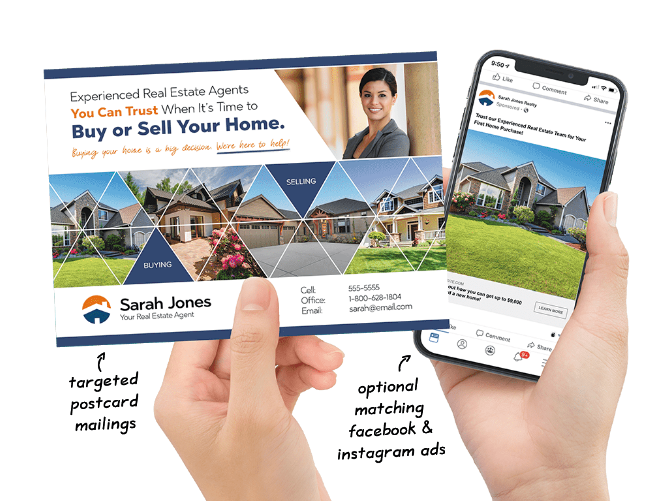
If you don’t have a service provider to help with this, you can use PostcardMania. In addition to bulk mail and direct mail services, PostcardMania can also provide guidance with designing your postcards.
Farm-specific content on your blog
-

Frequency:
At least monthly -

Typical annual cost (250 homes):
Free (as long as you have a website) -

Our suggested provider:
AgentFire -

The Close resource:
Real Estate Blog Ideas (+ Examples & Expert Tips)
Your farm area should have a dedicated section on your website where you can post weekly updates about the micro-neighborhood market, neighborhood goings-on, and even events in and around town. Your content can be short and sweet, with five or six sentences and a picture.
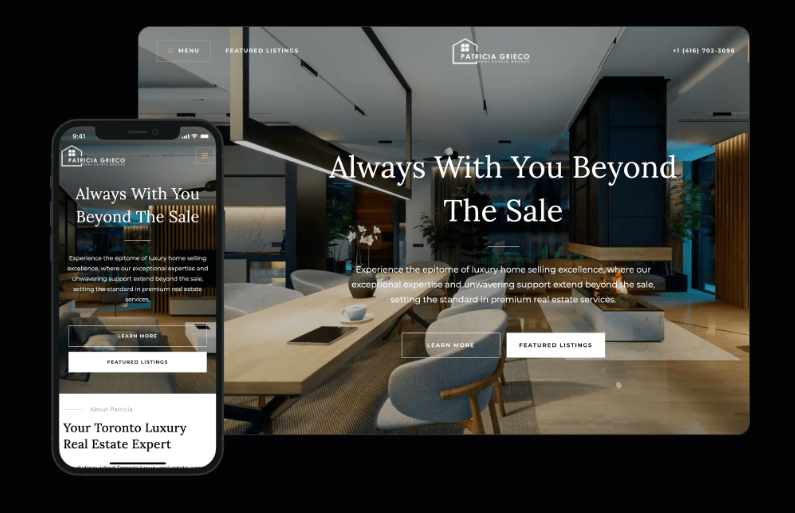
If you’re in need of a website or want to revamp an existing one, AgentFire is one of my favorites. Besides offering readily available templates for agents wanting to get up and running quickly, it allows for a high level of website customization and is packed with features like IDX integrations, engagement and conversion tools to capture quality leads, and other SEO tools.
With that being said, remember that your website should serve multiple functions. It should be a hub for information on your neighborhood and showcase to potential clients that you’re the local expert.
Market update letters
-

Frequency:
Quarterly -

Typical annual cost (250 homes quarterly):
$1,000 -

Our suggested provider:
Coffee & Contracts -

The Close resource:
Our Best Real Estate Prospecting Letter Templates
A real estate letter can share in-depth, thoughtful market insights and analysis, but it’s also a chance to talk about what’s going on in your business or give shoutouts to those doing good work in your community. Share messages that communicate that you’re the expert for buying and selling homes, but — perhaps just as importantly — you’re also the expert at living in your community.
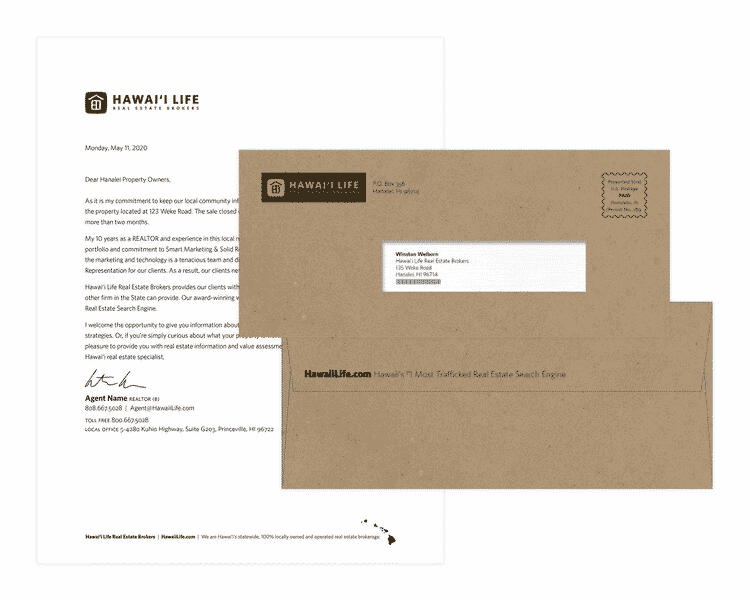
If you’re farming a luxury, higher-end neighborhood, consider your design elements. You can use a service like Coffee & Contracts to put together a high-end, aesthetically pleasing, branded market update for your farm.
Neighborhood website
-

Frequency:
New content one to two times a month -

Typical annual cost:
Starting at $3,500 -

Our suggested provider:
Easy Agent Pro -

The Close resource:
Best Real Estate Website Builders
With Easy Agent Pro, you can create an unlimited number of neighborhood sites. This helps establish your credibility and improves your website rank in the top results for SEO. For example, Keeton & Co Real Estate has 19 different neighborhood sites for Goochland, Ga. Each one of these sites includes a small summary of the area, notable points of interest and activities, nearby restaurants, and amenities.
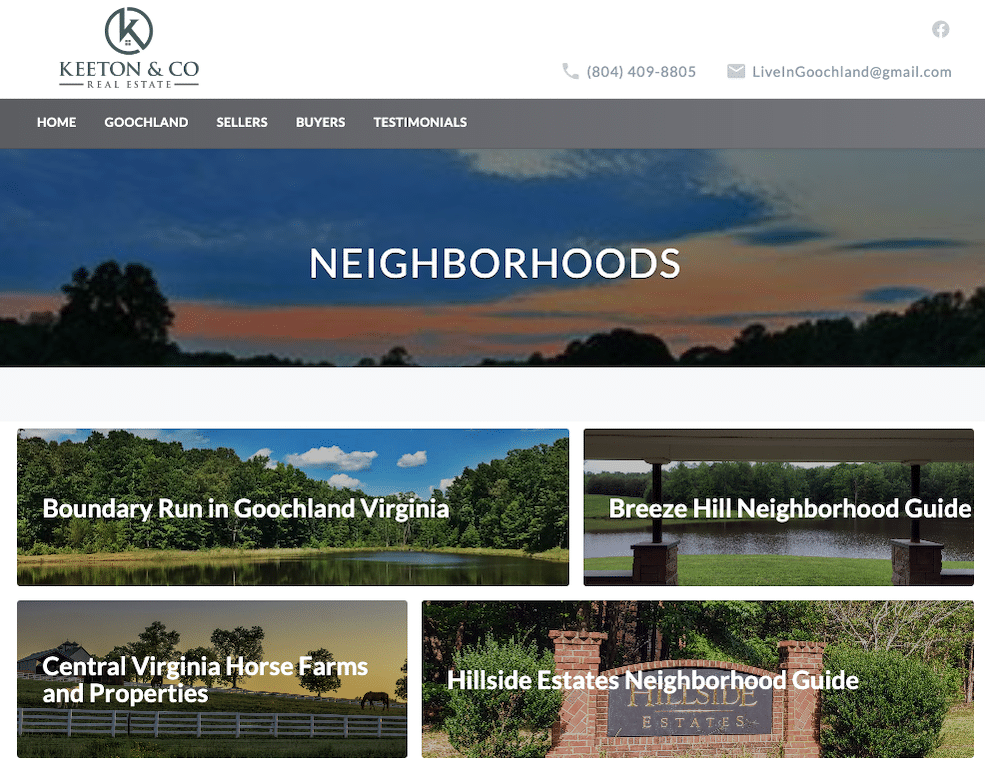
As a tip, also try including interviews with neighborhood business owners, local news, coupons, and, of course, all the latest information about the real estate market.
By choosing to work with Easy Agent Pro, you’ll be able to create websites that are focused on driving engaged leads directly to your website. There are other providers on this list that focus on SEO, but we like how easy it is for agents to make small edits to these premade pages. Book your free consultation below.
Door hangers for your annual door-knocking session
-

Frequency:
Once a year -

Typical annual cost:
Starting at $500 -

Our suggested provider:
ProspectsPLUS! -

The Close resource:
Fun Real Estate Door Hanger Ideas to Inspire You
You might think that door hangers might be a waste of time and money. After all, before I got into the real estate business, I would just throw away any door hangers I got on my home!
However, it wasn’t until I became more experienced that I realized door hangers are most effective when you’ve already had some form of communication with the residents. This way, residents already know of you and the value you’ve already provided, making them more likely to read the door hanger and reach out to you.
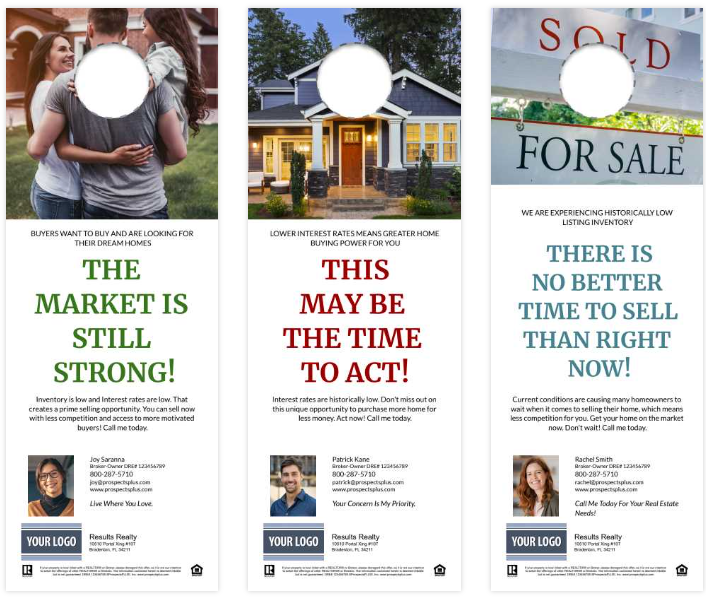
I looked into a few different services for door hangers and fell in love with ProspectsPLUS. It has door hanger templates for a wide range of uses, such as agents looking for listings, agents posting updates on recently sold properties, properties that have recently been listed, and more. ProspectsPLUS also provides the option for you to design your own door hanger by uploading a customized design.
 Pro Tip
Pro Tip
Keep safety in mind when knocking on doors. Ensure you have established precautions when door-knocking (letting another person know where you will be, or doing door-knocking with a partner, like a lender or another agent, are great ideas). And, check out The Close’s article on Realtor safety tips to keep yourself out of harm’s way.
Automated home value email updates
-

Frequency:
Once a month -

Typical annual cost:
$0-$300+ -

Our suggested provider:
Zillow -

The Close resource:
Real Estate Email Templates for Real Estate Leads
Many homeowners struggle with being able to confidently estimate the value of their home. In this sense, it’s an area where you can provide a lot of added value with the use of automated home value email updates.
Regular email updates can allow homeowners to track the value of their home over a period of time, and can be a good motivating factor when it comes to deciding whether they want to sell the home and use you as their agent.
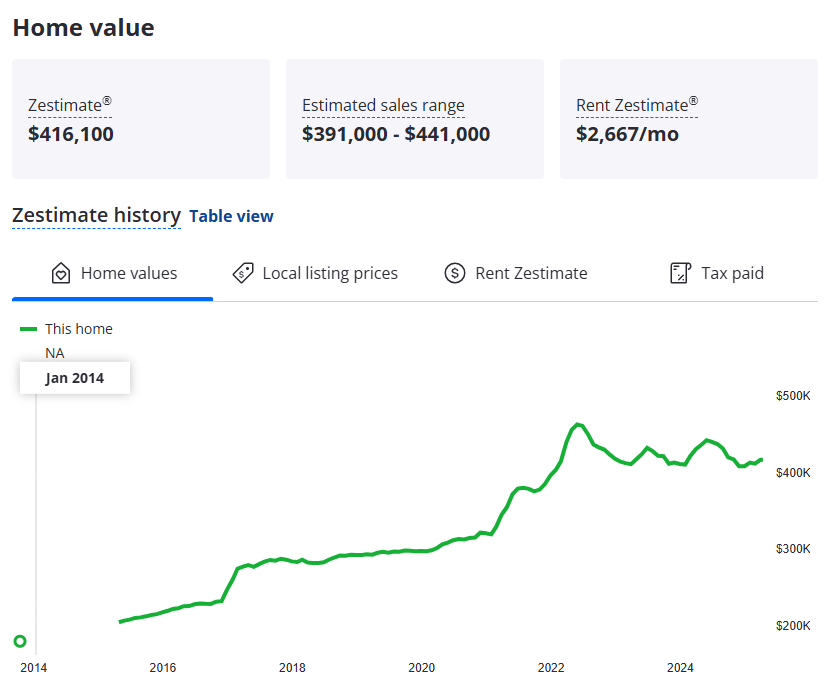
Zillow has a feature called Home Reports that will allow you to obtain regular updates about a specific home’s property value. It calls its property valuation estimates a Zestimate, and one of the things I personally love about its Zestimates is that it has data showing the accuracy of its figures. For example, as of the time of this writing, Zillow states that its nationwide median error rate for listed homes is 1.94%, while the error rate for off-market homes is 7.06%.
An annual sponsored event
-

Frequency:
Once a year -

Typical annual cost:
Starting at $1,000 -

Our suggested provider:
You! -

The Close resource:
Top Client Appreciation Event Ideas for Realtors
Whether you’re throwing a summer block party and BBQ, a holiday gathering, a wine tasting, or a Super Bowl watch party, events are a fun way to meet and greet community members. And considering that more than a third of buyers used a real estate agent they knew or were referred to (according to the National Association of Realtors), this is a fantastic method to expand your sphere of influence to get more buyer leads.
If you’re new to events, start with something you know will be a hit, like a pumpkin giveaway in October or a trivia night with great prizes. Or, try sponsoring a neighborhood garage sale, a community fireworks display in July, or a community service project with plenty of food and drinks afterward to celebrate all that hard work.
 Pro Tip
Pro Tip
Another unique tool you could use in your farming activities is to deliver pop-by gifts. These small and inexpensive gifts you can send on an occasion, like a holiday, or to simply encourage interaction. To learn more pop-by gift ideas, check out our article, Clever Real Estate Pop-by Ideas to Get More Referrals..
Where does social media fit into real estate farming?
Social media doesn’t replace traditional farming techniques, but it can go a long way in enhancing them. Many local neighborhoods have their own Facebook groups. Some homeowner associations also have dedicated websites and social profiles, not to mention active residents on social platforms.
We’ve got you covered if you’re looking for a deep dive into social media post ideas. The Close’s own Sean Moudry suggests this proven, unique social media approach to farming:
Start by connecting with members of your farm area using your personal social media profile. Then, using Facebook, create a custom audience for specific posts that includes only the people in your farm.

Sean’s strategy is great for promoting any neighborhood-specific content you’ve created for your website, like market updates or neighborhood guides.
Real estate farming Frequently Asked Questions (FAQs)
Why is it called ‘farming’?
Think of what it takes to farm a big field of tomatoes. You must select the field, plow the soil, plant the seeds, stake the plants, weed, prune, monitor, track progress, and eventually harvest the tomatoes. It’s not a stretch to think about real estate farming in the same way — it requires careful preparation, attention to detail, and some patience for the process to bear the fruits of your labor.
What kinds of activities constitute real estate farming?
Farming activities include sending direct mail, handwriting letters, hosting events, sponsoring local activities, building a social media presence, and even knocking on doors to introduce yourself and your business. It involves anything that builds relationships and trust with the people in your chosen territory, making you a local authority in that area.
Why should my real estate farm be 500 homes or less?
When it comes to real estate farming, bigger is not always better. Geographic real estate farming is an effective marketing strategy because you target a specific set of homes with a message that adds particular value repeatedly. The more extensive the selection of homes, the less likely you can consistently deliver on your farming efforts — budget and time-wise. Keep your farm small to focus your message and deliver more value.
How much of my real estate farming message should be about the local market?
Market conditions and specific statistics can be powerful conversation starters in your real estate farm. However, these types of messages can get boring quickly for anyone not actively ready to buy or sell. So, I’d suggest using this general rule: make 30% of your message about the market and the rest about the community.
What kind of results should I expect from my real estate farm?
It’s essential to track your efforts to determine the return on investment in your particular farm because every market is different. Your success depends on area-specific information, including the types of homes in the market, the sort of agent competition you’re facing in your neighborhood, and how long you’ve been active in the area.
What if another agent is already farming in that area?
Homeowners are looking for someone they know, like, and trust. One agent isn’t going to be right for every person in a particular neighborhood. Farming consistently creates value for owners — planting that seed for them to contact you when ready. You never know where things will be a year from now. As the saying goes, “Don’t judge each day by the harvest you reap, but by the seeds you plant.”
Keep your code of ethics in mind here — ensure that you adhere to any required disclaimers and local regulations to keep in good standing with the National Association of Realtors (NAR), local associations, and the MLS.
How long does it take for a real estate farm to produce results?
Real estate farming is not a strategy that produces overnight success. Though you may see some exciting immediate returns on your efforts, the farming leads you capture in the first three months will likely be people ready to buy or sell anyway. True farming success takes time. Give yourself a year with this strategy before analyzing and making changes based on your results.
Bringing it all together
Real estate farming is an effective means of prospecting and developing a consistent source of seller and buyer leads. The best part about farming is that the rate of return on your investment improves over time as your messaging gets sharper, more people recognize you, and your sales stats in the neighborhood improve.
Have a real estate farming idea we didn’t cover? Let us know in the comment section!
The post Real Estate Farming: How to Become the Go-to Agent in Your Neighborhood appeared first on The Close.
Zillow Premier Agent (ZPA) is a paid advertising program that connects agents to buyers. It offers agents enhanced visibility on Zillow’s platforms, giving them priority placement in property listings and exclusive access to leads. However, with the platform’s lack of pricing transparency, is Zillow Premier Agent worth it? I evaluated its key features, weighed its pros and cons, looked into pricing, analyzed third-party reviews, and gauged whether it’s worth the investment. Let’s dig in!
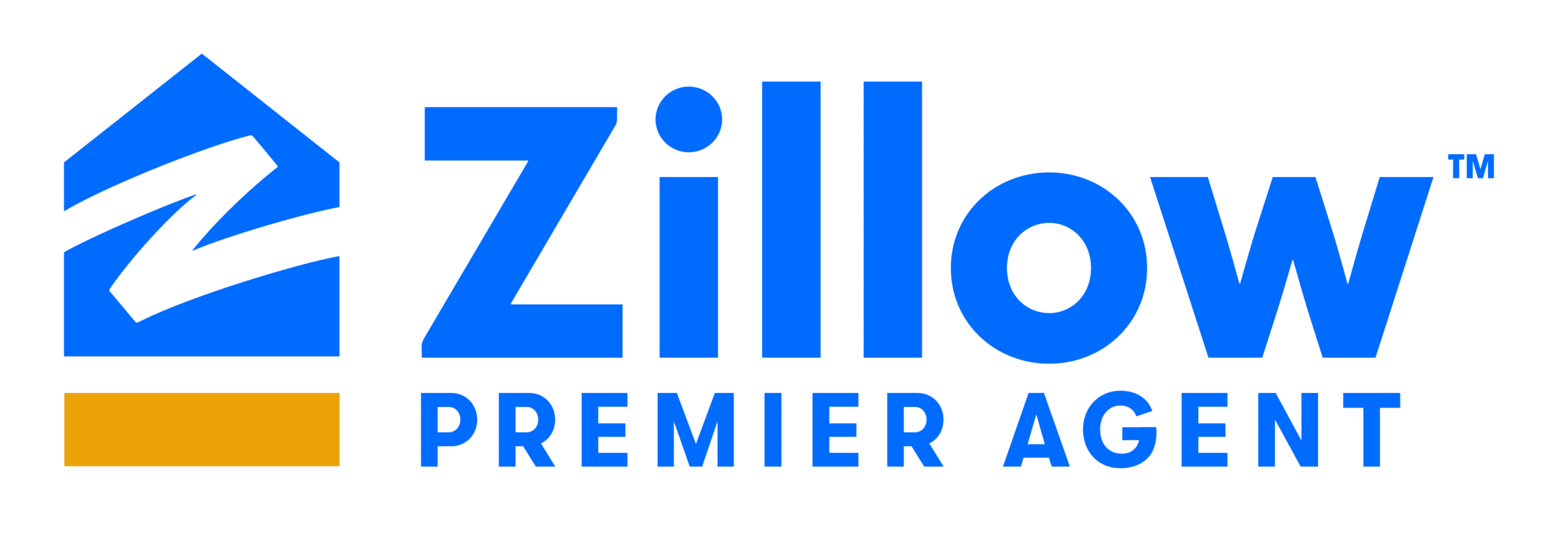
My verdict on Zillow Premier Agent & why you should trust it
As one of The Close’s staff writers, I have extensive research experience on various real estate topics and solution providers. I can provide readers with an objective and comprehensive review of Zillow Premier Agent, including an overall analysis of its strengths and limitations.
What is Zillow Premier Agent, and how does it work? In 2024, an average of 217 million unique visitors browse Zillow each month, searching for homes and real estate agents. Zillow Premier Agent leverages this site traffic, allowing agents, teams, and brokers to purchase display ads in specific ZIP codes across the Zillow network.
This process helps capture leads who might be casually browsing properties long before they contact an agent. The platform then displays ads in key positions next to properties for sale, boosting Zillow Premier Agents to the top of the agent directory.

The biggest challenge with Zillow Premier Agent is the cost, which can be substantial, particularly in highly competitive markets. Agents must ensure they have the budget to sustain the investment and effectively convert the leads they receive.Additionally, the competition among agents on the platform can make it difficult to stand out and secure many leads. Therefore, having a solid profile and lead follow-up process is essential. If you want to guarantee you’ll get leads, consider pay-at-closing lead companies like Zillow Flex and Clever.
Zillow Premier Agent alternatives
Zillow Premier Agent offers many advantages, but is not the perfect fit for everyone. The cost and competition can be challenging for some agents, especially those just starting. If you feel ZPA isn’t the right platform, here are some Zillow alternatives worth considering.
| Platform | Why It’s a Great Alternative | Starting monthly price | Learn More | Ready to Purchase? |
|---|---|---|---|---|
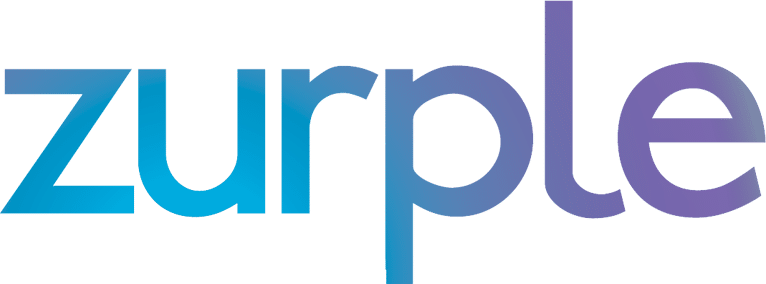 |
It offers exclusive buyer and seller leads with a robust profiling and nurturing system. | $309 | Zurple Review | Visit Zurple |
| You’ll get a guaranteed number of exclusive leads every month. | $300 | Market Leader review | Visit Market Leader | |
| It uses paid ads on Google, Instagram, and Facebook to target hyperlocal leads. | $899 | CINC Review | Visit CINC | |
 |
Agents aren’t tied to a contract. Plus, the company offers free replacements for bogus leads. | $400 | zBuyer review | Visit zBuyer |
| Platform | Why It’s a Great Alternative | Learn More | Ready to Purchase? |
|---|---|---|---|
 |
It offers exclusive buyer and seller leads with a robust profiling and nurturing system. | Zurple Review | Visit Zurple |
| You’ll get a guaranteed number of exclusive leads every month. | Market Leader review | Visit Market Leader | |
| It uses paid ads on Google, Instagram, and Facebook to target hyperlocal leads. | CINC Review | Visit CINC | |
 |
Agents aren’t tied to a contract. Plus, the company offers free replacements for bogus leads. | zBuyer review | Visit zBuyer |
Key features of Zillow Premier Agent
Obtaining leads is the most significant benefit of using Zillow Premier Agent, but there is more to this platform than just prospects. Some of my favorite ZPA key features include the following:
Zillow Premier Agent Profile
Agents can create a solid ZPA profile to stand out. A complete Zillow profile leverages the SHARP model, which stands for sales, headshot, advertising markets, reviews, and professional bio. This means you should claim all your past transactions on Zillow, have a current realtor headshot, work in the applicable markets, beef up your reviews, and spice up your agent bio.
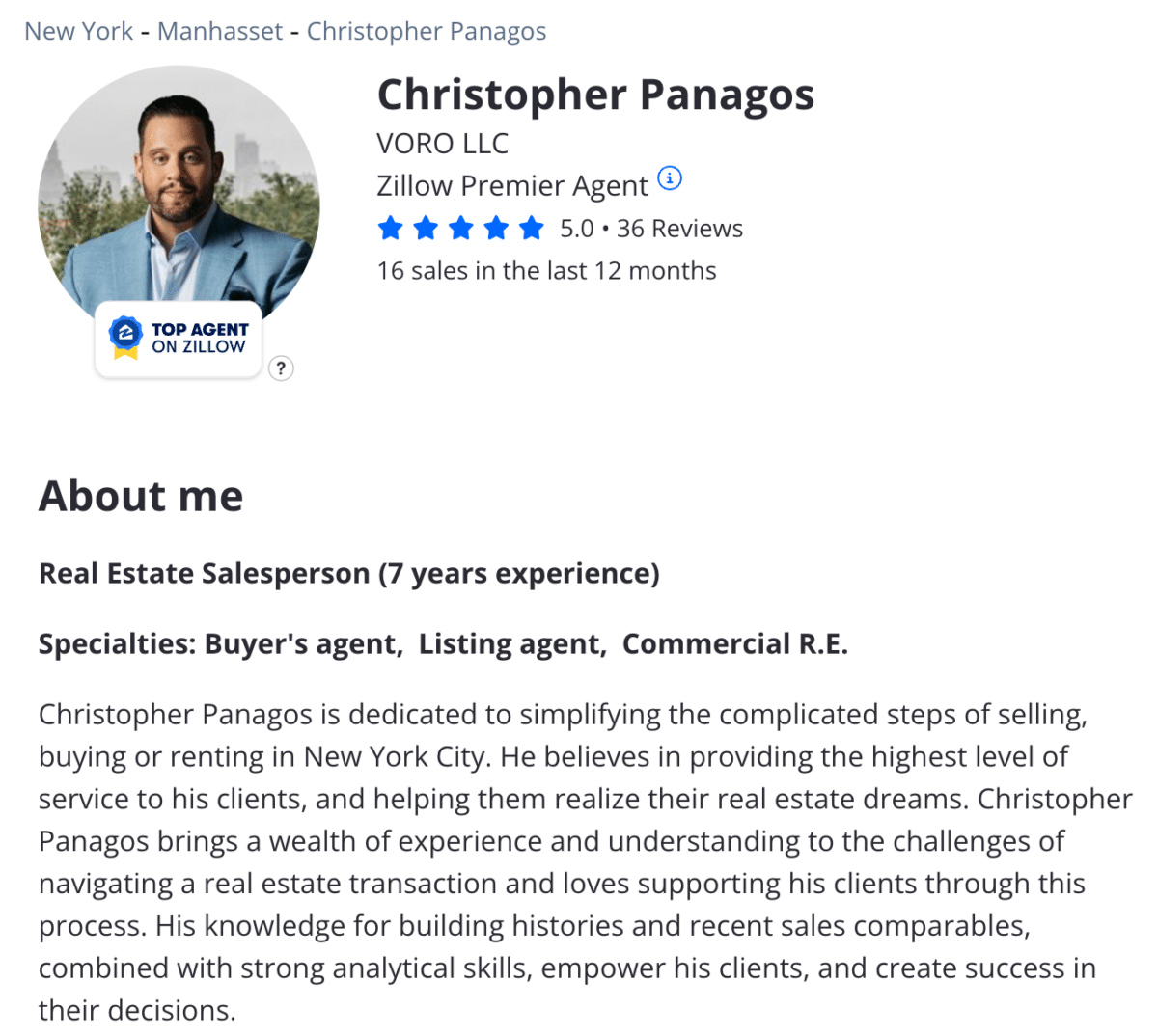
If you have an active profile and your listing is on Zillow, you should be displayed first as the listing agent, regardless of your Premier status. But you won’t have that opportunity if you haven’t claimed the listing or are inactive on Zillow.
Premier agents also appear next to their purchased share of every listing in their chosen ZIP codes (plus any of their listings, regardless of whether they are in their chosen ZIP code), expanding their exposure significantly.
 Pro Tip
Pro Tip
You should have an active profile on Zillow, at the very least. It’s free; you can use it to collect reviews, claim listings, and organically increase your brand visibility.
Third-party CRM integrations
Zillow Premier Agent offers seamless integration with various third-party CRMs, such as Follow Up Boss, Top Producer, and Lofty (formerly Chime), which enhances lead management efficiency. For instance, ZPA supports two-way sync with Top Producer CRM, ensuring any updates on one platform reflect on the other.
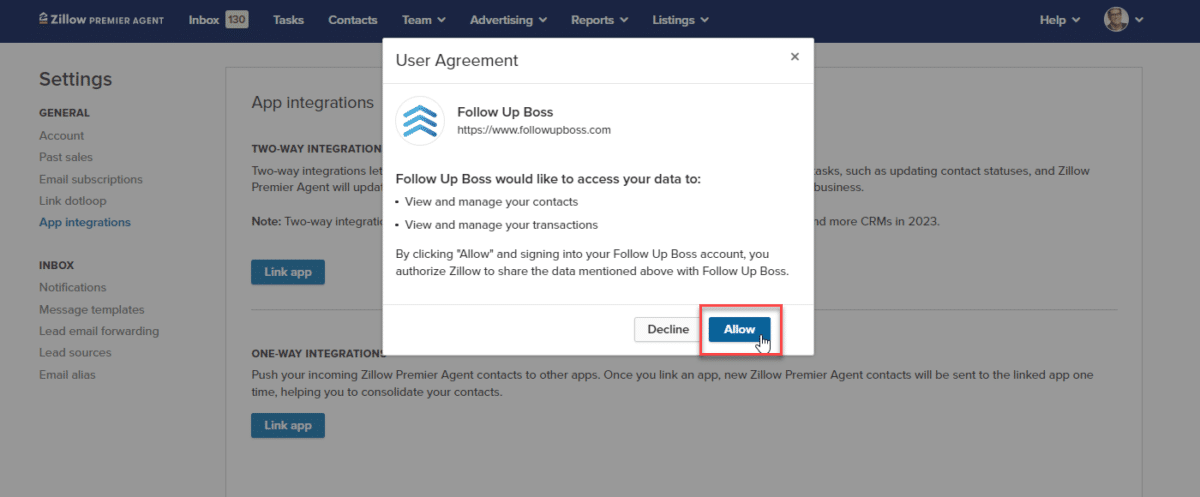
Performance Analytics
Zillow Premier Agent offers analytics and tracking tools to help agents optimize their lead performance. The platform has detailed reports on lead volume, response rates, and conversion metrics, allowing agents to see how well their advertising efforts are paying off.
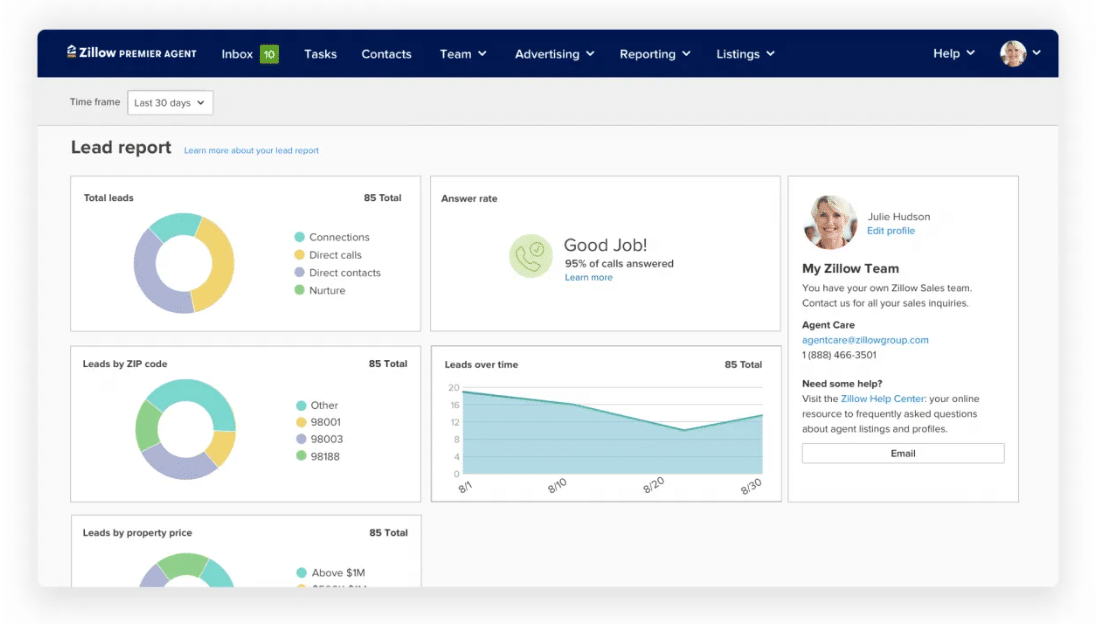
If you’re a team lead, ZPA’s performance analytics also track team members’ effectiveness and lead volume and status, ensuring everyone contributes efficiently to your team’s overall success.
Training resources
Zillow Premier Agent provides comprehensive training resources and education materials to support agents. These include courses and guides on using Zillow’s tools effectively, managing your ZPA advertising, using ZPA’s CRM, nurturing inactive customers, converting your leads, and more.
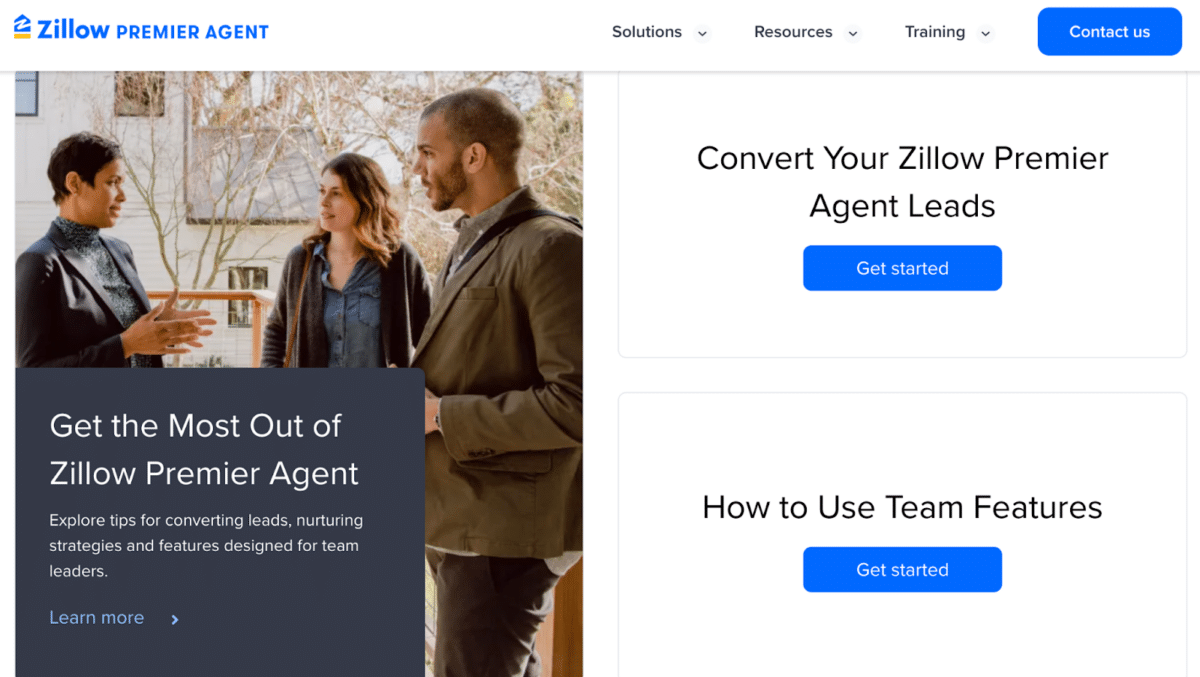
Zillow Premier Agent pricing
Is Zillow Premier Agent free? Of course not. If you’re researching Zillow Premier Agent cost, I’m afraid you won’t find it either. Zillow does not publish specific pricing details, as costs vary significantly based on several factors. You’ll need to contact Zillow directly to get accurate pricing information and discuss your particular market and advertising goals. However, I’ve gathered information from some agents that I hope will provide helpful estimates.
How much do Zillow leads cost?
The cost for Zillow Premier Agent lead depends on four factors:
- Your ZIP code
- The average home price in your area
- The number of competing agents
- The percentage of leads you want to capture
According to some of our readers, leads can cost as little as $20 to $75 each in less competitive markets. However, in competitive and high-priced markets, the cost can rise dramatically, with some agents reporting leads costing $450 to $500 each.
How much does it cost to be a Zillow Premier Agent?
You’re probably wondering, “How much are Zillow leads per month?” Since Zillow does not provide market-specific pricing estimates, The Close contacted agents in our network. Based on feedback from agents who are successfully profiting with Zillow Premier Agent, we found the following pricing estimates to be accurate:
- The typical monthly price for major metro markets starts at about $1,000.
- ZPA agents pay between $300 and $500 per month for markets outside of major metros.
While we disagree with the company’s lack of price transparency, I still believe that Zillow Premier Agent is a valuable service that agents should consider in their paid lead generation strategies.
How to get the most out of Zillow Premier Agent
Here are some strategies you can use to maximize your Zillow Premier Agent investment:
-

Polish your Zillow Premier Agent profile like a pro:
Add your sharpest headshot, a friendly but confident bio, and a handful of glowing reviews to make a killer first impression.
-

Bid strategically on ZIP codes:
Start with one to two high-opportunity, low-competition ZIPs and adjust your bids monthly based on cost per lead and lead quality. -

Ensure fast lead response:
Aim to respond within 5 minutes — Zillow data shows conversion rates drop sharply after 30 minutes.
-

Apply Zillow’s ALM framework:
In your first conversation with the lead, ask, “When can we tour?” (Appointment), “What other areas interest you?” (Location), and “What’s driving your search?” (Motivation) to secure a face-to-face meeting.
-

Leverage CRM and analytics:
Sync your leads with your CRM (e.g., Follow Up Boss, Top Producer) to automate drip campaigns, track response times, and A/B test your messaging to see which drives higher click-through rates.
Related article
How to Advertise on Zillow in 9 Steps (+ Free Checklist)
Methodology
In my assessment, I conducted thorough research to ensure accuracy in my Zillow Premier Agent review. Our team of expert researchers, agents, writers, and editors at The Close scored Zillow Premier Agent against dozens of other lead generation companies. We analyzed its platform, pricing structure, features, user feedback, and reputation, and then based our evaluation on the following criteria:
- Pricing (20%)
- We looked at the average price per lead for buyer and seller leads, exclusive leads, subscription costs, the minimum required ad spend, and whether a contract is required.
- General features (25%)
- We evaluated the main features of each lead generation company. This includes lead-capture tools, lead management, built-in CRM, multiple integrations, mass marketing tools, analytics and reporting tools, and IDX websites.
- Advanced features (20%)
- This category includes advanced functionalities such as the quality of leads generated, lead nurturing, lead scoring, triggers and alerts, team distribution, and scripts.
- Customer service (10%)
- We reviewed how easy it is for real estate agents to reach out to a customer service representative. We also considered agents’ access to phone or email support and a concierge program.
- Customer rating (10%)
- The reputation of each lead generation company was evaluated by considering feedback from verified users.
- Expert score (15%)
- The expert score covers other standout features not mentioned in the above criteria.
Read more about our methodology here.
Frequently Asked Questions
Is Zillow Premier Agent worth it for new agents?
Yes. Zillow Premier Agent can benefit new agents by providing increased visibility, steady leads, and numerous opportunities to build a client base. However, the cost can be prohibitive, especially for solo agents, as success largely depends on the agent’s ability to convert leads into clients.
How do I get out of a Zillow Premier Agent contract?
Premier Agents who wish to exit their contract before the term ends can do so, but they will incur an early termination fee equal to twice the monthly minimum spend specified in their agreement. Please contact your business consultant to cancel your Premier Agent Advertising.
What is the difference between Zillow Premier Agent and Flex Agent?
Premier Agent is Zillow’s upfront subscription model — you commit a monthly budget to bid on and secure exclusive leads. On the other hand, Flex is a performance‑based, invite-only program where you pay nothing until a connection closes, and then Zillow takes 20% to 35% of your commission.
Bottom line: Is Zillow Premier Agent worth it?
At the start of this review, you might have asked, “What is Zillow Premier Agent?” And now that I’ve run you through its most essential features, would you say the platform is worth it? For me, Zillow Premier Agent is an investment real estate agents, teams, and brokers should consider.
The lead gen landscape is constantly evolving. There are always new players, approaches, and lead generation ideas, but Zillow has remained a visible and vital part of this conversation. To be clear, Zillow Premier Agent isn’t as cost-effective for every agent. In some US markets, costs are so high that agents may barely break even. However, no online lead source offers the same traffic, exposure, and opportunity as Zillow Premier Agent.Is the platform perfect for every agent? No. But is Zillow Premier Agent worth it, or at least worth considering? Absolutely. As long as you have an adequate budget, an impeccable profile, and effective follow-up skills to convert your leads into clients, we can stand behind your investment in Zillow Premier Agent. But if you’re a new agent, consider your budget before committing.
Your take
Where do you buy real estate leads? Have you ever tried Zillow Premier Agent? What did you think? I’d like to hear your Zillow Premier Agent reviews in the comments!
Want more leads? Download our free e-book.
The post Zillow Premier Agent Review 2025: Is it Worth the Cost? appeared first on The Close.
Tools powered by artificial intelligence (AI) continue to become more popular in the real estate industry, and it’s easy to see why! These help agents save a tremendous amount of time while also making them more efficient by streamlining processes, automating tasks, enhancing client interactions, and providing marketing and other business insights.
AI will never replace the human component, as personal connections can be incredibly important in the real estate industry. However, it does help by giving us more time in our day to spend nurturing and growing relationships to close deals.
Here are my picks for the best AI-powered tools to help with various aspects of your business.
- CINC: Best for AI lead generation and nurturing
- Top Producer: Best for AI farming tools
- Agent Image: Best AI-powered website tools
- Offrs: Best for AI predictive analytics
- Lone Wolf: Best for AI-powered email communications
- Style to Design: Best for AI virtual staging
The Close’s top picks for best AI tools for real estate agents
| Type of Software | Standout Features | Starting Price |
|---|---|---|
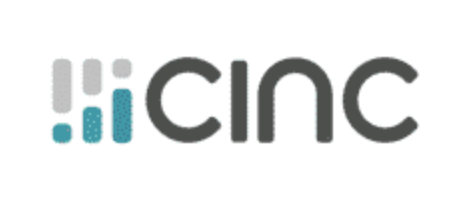 |
AI-powered lead scoring algorithm & automated messaging | $899/month + $200/month for AI features |
| Visit CINC | ||
 |
Contact management & integrations with CRMs, MLS, and social media | $179/month |
| Visit Top Producer | ||
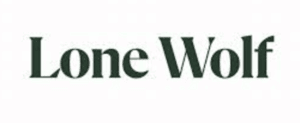 |
AI-powered email templates, task tracking, and email follow-ups | $33.25/month |
| Visit Lone Wolf | ||
 |
IDX integrations and custom market report generation | $99/month |
| Visit Agent Image | ||
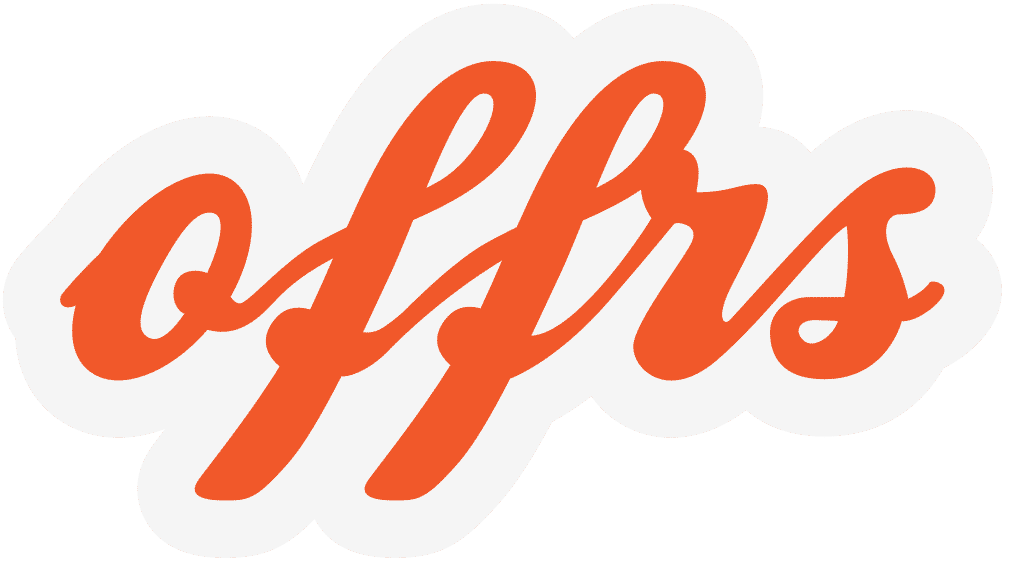 |
ISA team support for pre-qualification of leads | $399/month |
| Visit Offrs | ||
 |
AI-powered virtual staging | $19.99/month, Minimum three-month commitment |
| Visit Style to Design | ||
CINC: Best for AI lead generation & nurturing
 |
|
|---|---|
| Pros | Cons |
|
|
|
|
|
|
Starting Monthly Prices
- $899/month for the software plus $200/month added fee for AI tools
Learn more in our in-depth CINC review.
Why I chose CINC
CINC is also one of The Close’s picks for the best real estate lead generation companies, and its AI, Alex, emphasizes that as its AI lead expert. Alex chats with new leads and sorts them into three groups: new, active, and old. You’ll get notifications about these leads, including what Alex last said, so you know where to pick up the conversation. CINC created the AI through a partnership with Structurely and designed it to make these interactions with clients more human-like, relevant, and with improved scripting.
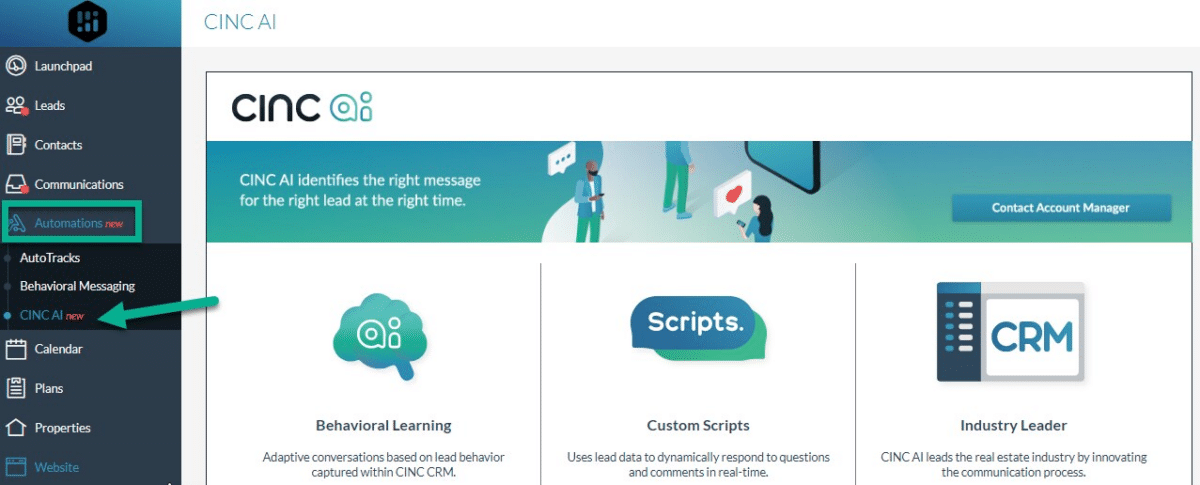
Additional features
- Automated messages: Follow up with your emails and texts without missing a beat.
- Lead scoring algorithm: Prioritize your leads based on an algorithm that lets you know which ones to focus on.
Top Producer: Best for AI farming tools
| Pros | Cons |
|
|
|
|
|
|
Starting Monthly Prices
- $179/month
Learn more in our in-depth Top Producer review.
Why I chose Top Producer
Top Producer knows that farming is a crucial component of your business, so it uses AI to make this prospecting technique even more profitable for you. Smart Targeting tools help you identify an area to target, and its predictive AI system finds potential sellers.
Once it determines who is likely to sell, a multichannel marketing campaign is set into action, including postcards, email marketing, online ads, and handwritten letters. When the leads come in, they will be sent to landing pages to convert into clients.
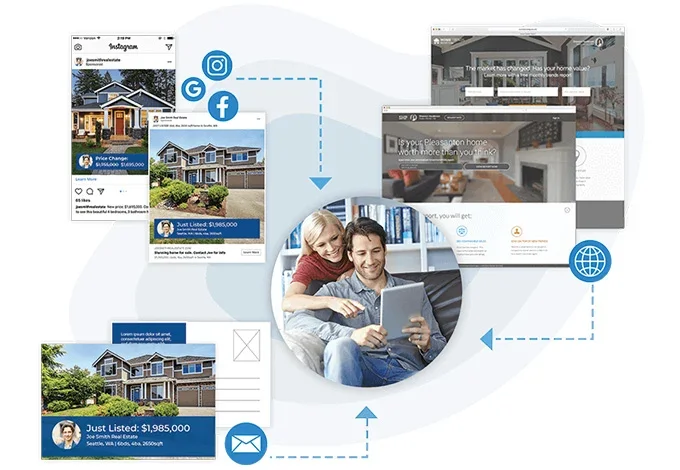
Additional features
- Website builder: Build a professional real estate website to attract leads and create an online presence.
- CRM: Track all incoming leads in the CRM and automate follow-up.
Agent Image: Best AI-powered website tools
 |
|
|---|---|
| Pros | Cons |
|
|
|
|
|
|
Starting Monthly Prices
- $99/month
Why I chose Agent Image
Agent Image has a strong track record of creating visually stunning websites that have been able to drive more traffic to a real estate agent’s business. Agent Image offers IDX packages powered by AI that allows for things like the automatic updating of property listings, property searches, personalized recommendations, behavior-based email automations, and up-to-date market data and insights.
Agent Image’s web design services are a more ideal fit for those marketing to the luxury market. As such, you might find that prices for some of its packages are a bit on the higher end.
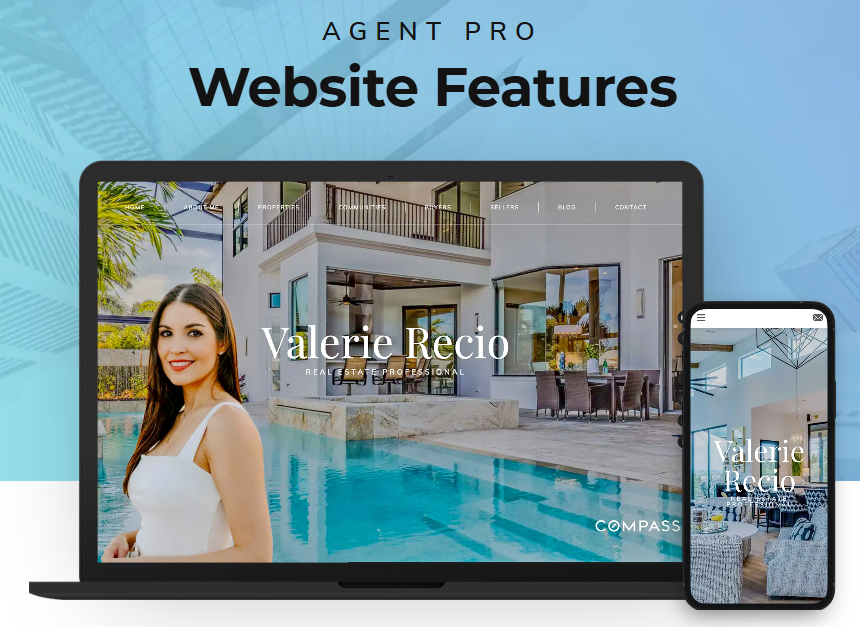
Additional features
- Multiple MLS boards: Agents that are part of multiple markets can include all MLS boards in the IDX package for their website.
- Hotsheets: Eliminate hours of research and quickly generate custom market reports showing various housing data such as new listings, price changes, and properties recently sold or under contract.
- Lead capture tools: Add various tools to your website that provide value to your readers, something that can provide quality leads for your business. Examples include mortgage calculators, home valuation tools, maps, property alerts, and contact forms.
Offrs: Best for AI Predictive Analytics
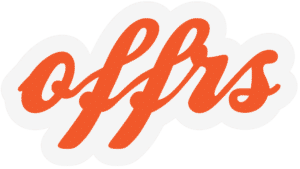 |
|
|---|---|
| Pros | Cons |
|
|
|
|
|
|
Starting Monthly Prices
- $399/month
Why I chose Offrs
Offrs has positioned itself as a top option for any real estate agent looking to harness the power of predictive analytics. It arms you with the edge you need to win listings by providing leads for potential sellers before they ever hit the market. Using sophisticated algorithms coupled with big data analysis, you’ll get predictive seller leads that point out those homeowners likely to sell soon. This insight lets you reach out to sellers before they list their homes, giving you a significant advantage in securing new listings.
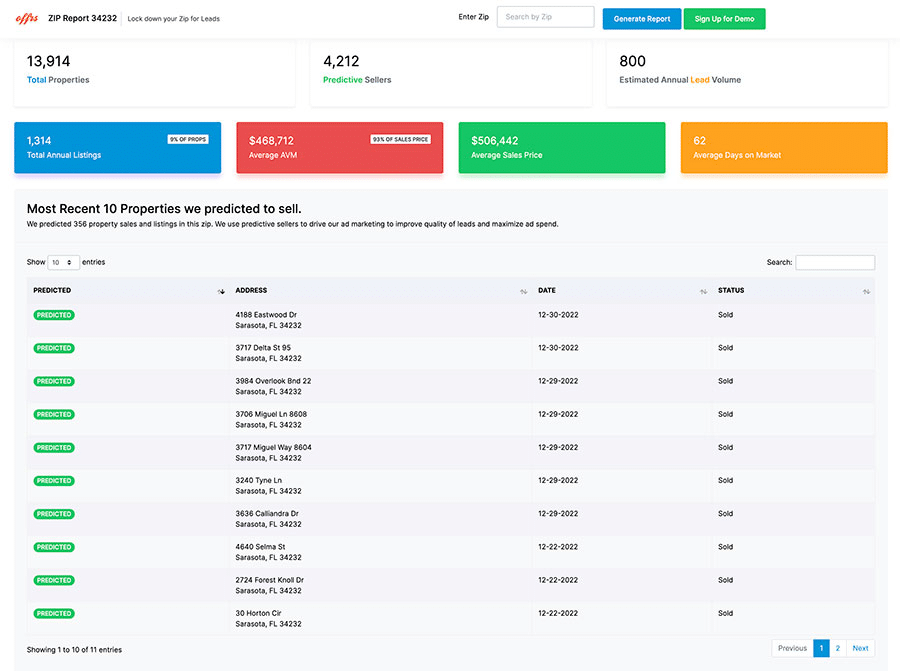
Additional features
- ISA team: They make the initial contact, confirm interest, and gather details necessary to make it easy for you to follow through on closure.
Lead capture ads: Ads are specifically set up and optimized to capture contact information from interested prospects and place it directly into your lead pipeline.
Lone Wolf: Best for AI-powered email communications
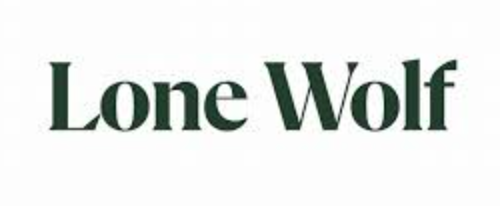 |
|
|---|---|
| Pros | Cons |
|
|
|
|
|
|
Starting Monthly Prices
- $33.25 monthly
Why I chose Lone Wolf
Lone Wolf — which acquired LionDesk, one of our top-recommended CRM systems — offers an all-in-one real estate platform designed to allow you to manage virtually all aspects of your firm. This includes an exceptional CRM system to grow your business, as well as tools to manage transactions from start to finish. Lone Wolf’s AI functionality is included with its client management platform called Relationships, which is available as part of its Foundation platform.
AI tools include templates and personalized emails that can be used for each stage of a transaction, from welcoming new clients, ensuring that every aspect of a transaction is addressed, and congratulating clients on their new home.
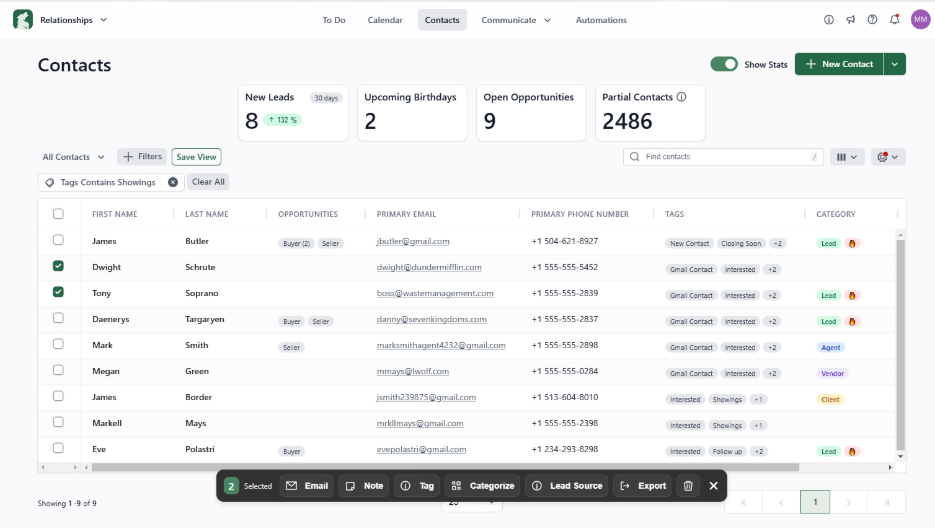
Additional features
- Task tracking: Integrations with third-party calendar apps like Google and Outlook can help ensure you never miss an appointment or task ever again.
- Automated communication tools: Emails can automatically be sent to contacts on a rules-based system, such as whenever a transaction moves to a new milestone.
- Analytics: Get market insights such as inventory levels, sales prices, and more to allow you to better assist your clients with finding properties and making competitive offers.
Style to Design: Best for AI for virtual staging
 |
|
|---|---|
| Pros | Cons |
|
|
|
|
|
|
Starting Monthly Prices
- 19.99/month, Minimum three-month commitment for all plans
Why I chose Style to Design
Style to Design is not limited to real estate agents and brokerages. Anyone who wants to be an expert on listing marketing and image rendering can use this software. The memberships are affordable and cost less than outsourcing the work.
The seamless virtual staging experience allows you to transform empty spaces effortlessly into beautifully staged homes. Leverage this tool to showcase the marketing team during listing presentations without the additional overhead costs of employing multiple staff members.
Style by Design is also a great AI tool for real estate investors because it can show what a renovation would look like.

Additional features
- Design academy: Take courses ranging from staging and design certification to leveraging AI to stage your listings virtually.
- Design community: Access to coaching to help you become an expert in virtual staging and renovation, so you can sell your real estate services with design included.
Methodology: How I chose the best real estate AI tools
Our methodology at The Close ensures that our team of professionals, writers, and editors thoroughly analyzes each platform. We meticulously evaluate the features, usability, integration capabilities, performance, and affordability of the best AI tools for real estate agents.
We selected the most effective and reliable real estate AI tools for agents to support business growth and success. This rigorous process ensures that our recommendations help agents streamline operations, enhance client interactions, and achieve business goals.
Detailed criteria included the following to determine the best AI in real estate tools:
- Feature set and functionality: We evaluated the range of features each tool offers and focused on how impactful this feature is to the real estate operations.
- Usability and user experience: We looked for tools with intuitive interfaces, straightforward navigation, and comprehensive support resources such as tutorials, FAQs, and customer service. We want to ensure a platform can be launched easily and integrated into an agent’s workflow.
- Integration capabilities: Because so many tools are needed in the real estate industry, we want to ensure that an agent’s technology stack can communicate with other tools necessary for business.
- Effectiveness and performance: We considered the effectiveness of each tool to make sure that it increased productivity and would achieve the desired outcomes that it promises.
- Affordability and value for money: Cost was an important consideration. We looked for tools that provide a good balance of features and affordability.
Frequently Asked Questions (FAQs)
How much technical skill is required to use a real estate AI tool?
Most real estate AI tools are designed to be user-friendly and require minimal technical skills. They often have intuitive interfaces and provide step-by-step guides to help users get started. Additionally, many platforms offer comprehensive support, including tutorials, FAQs, and customer service, to assist users in navigating the tools. While some familiarity with basic technology and software can be beneficial, the learning curve is generally manageable, allowing agents to quickly adopt and use these tools to enhance their businesses.
How does AI improve real estate lead generation and nurturing?
AI tools enhance lead generation and nurturing by automating the entire process, from capturing leads to managing them to a closed deal. These tools use algorithms to prioritize leads based on their conversion likelihood, ensuring agents focus on the most promising prospects. AI can also personalize follow-up communications by analyzing lead behavior and preferences. This level of automation and personalization ensures consistent communication, reduces agents’ workload, and increases the chances of converting leads into clients.
Can real estate AI tools integrate with an existing CRM system?
Many AI tools are designed to integrate seamlessly with popular CRM systems. This integration allows real-time lead updates that showcase any interaction or update with prospective leads, as well as ensuring that all client information is current and accessible from a single platform. Additionally, integration often includes features such as automated data entry, lead scoring, and follow-up reminders, which streamline the workflow and enable agents to manage their leads more effectively. While some advanced features are only available in CRM systems that carry a higher price tag, many of the best free real estate CRMs can offer premium features.
Are there any free AI-powered tools that can be used for real estate?
Absolutely! ChatGPT is probably one of the more well-known AI tools out there, and while there are paid versions of it, the free version is already quite robust. If you’re using ChatGPT for real estate purposes, you can give it background information about what you’re trying to accomplish so that it can help answer questions, create property listing descriptions for you, or create messages to send to clients using friendly or professional tones.
Why should I use AI as a real estate agent?
AI is a fantastic technological tool that can help you be more efficient with your tasks, allowing you to get more done in less time. However, technological advancements can occur quickly — and given how impactful it can be, you should keep your eyes and ears open for all of the newest tech trends in the industry to help you stay competitive as a real estate agent.
Your Take
Leveraging the best AI for real estate is not as daunting as it may initially seem. AI tools can automate routine tasks, provide data-driven insights, and enhance client interactions. The time saved allows you to focus on higher-value activities like building client relationships and closing deals. This increased efficiency will improve your productivity and enhance the overall client experience to ensure you keep filling up your sales funnel.
Have you incorporated AI into your business yet? Let us know!
The post The Best 6 Real Estate AI Tools for 2025 appeared first on The Close.
In an industry where emails and social media messages are instant, sending handwritten real estate prospecting letters can feel like a breath of fresh air. It’s a great way to make a lasting impression, especially if pulled off correctly.
In this article, I’ll share 11 real estate prospecting scripts plus some actionable tips to help you craft letters that actually get results. By the end, you’ll know exactly how to use prospecting letters to generate leads and grow your business.
1. Expired listing prospecting letter
Expired listings are a goldmine for leads since these homeowners already want to sell. Most often, the main reason a home doesn’t sell is pricing. Maybe they didn’t follow their agent’s advice, or their previous agent lacked the confidence to set the right price.
The key is to empathize with their situation and offer a fresh solution that shifts the focus from blame to getting their home sold.
Dear {first name},
As a realtor of {#} years in the {your farm area} community, I was surprised that your home did not sell. It has {a unique feature of the home} and {a desirable feature of the home} that many {your farm area} buyers who call our office are looking for. In fact, I sold {local comp you sold} to a couple relocating from {city} recently for well above asking. They were in love with the neighborhood, and after my presentation, they also fell in love with the home.
So why did this home sell over asking while yours didn’t? Simple. Most buyers have a hard time imagining themselves living in any new home. Sometimes, we need to nudge them by showing them exactly what a home could look like once renovated.
This is actually a lot easier and more affordable than it sounds. Using state-of-the-art virtual staging tools, my team creates realistic renderings of what your home would look like renovated and decorated to house hunters’ tastes. When buyers see the renderings, their faces light up, and they see the potential in your home.
I would love 10 minutes to show you some of the creative virtual staging and renderings I’ve used to sell other homes in your neighborhood. Let me know if they might work to sell your house for over asking, too.
Text me at the number below to set up a time for a quick, no-pressure Zoom call. I think you’ll be pleasantly surprised with the results.
Sincerely,
{your name}
{your cell phone number}
{your website}
<!–Copied to clipboard!–>
7 Expired Listing Letter Templates & Why They Work
2. FSBO letter
Homeowners opting to sell on their own usually just want to save money and might not realize all the work involved in marketing a home. Show them the real value you offer by sharing free, actionable advice — using one of our best FSBO scripts to guide the conversation and build trust.
Dear {first name},
I wanted to congratulate you on your success so far in listing your home on your own. Marketing homes is complex, and I love how you {something they’re doing right with their listing, such as persuasive copy or nice pictures}. That’s something that some agents skimp on, so kudos for doing a great job with it.
That said, your {something they are doing poorly} can use some work, and I wanted to offer some quick and free advice on improving it.
First, you need to {actionable way to improve}, which you can do by {specific way to do it}. If you decide to take my advice, I would love to know how it works out.
Of course, as you may be discovering, selling a home is a lot of work, and the trial and error involved can mean a slower sale or even selling for a lower price. I can help you save time and money on that trial and error, and since I have {#} years of experience selling homes in {your farm area}, I’m confident that the price of my commission will be covered by the higher price I can get for your home.
If you’d like to discuss how I can sell your home faster and for a better price, please text me on my cell below.
Sincerely,
{your name}
{your cell phone number}
{your website}
<!–Copied to clipboard!–>
3. FRBO market research letter
Not all sellers are the same. You’ll eventually encounter rental property owners who want to maximize returns. When talking to them, be direct and tell them immediately that you can get them a better return on their investment than they are now.
Dear {landlord’s name},
I just came across your rental listing at {address of FRBO} and wanted to let you know that you could easily double or triple your investment tomorrow by putting your property on the market.
Even in this market, my research shows that {type of property} homes like yours have increased more than {percentage} in the last five years. However, trends indicate a slowdown on the horizon due to new developments and regulations that may kill investment values.
If you have a few minutes for a coffee sometime this week, I’d love to show you my research in detail. You might be surprised at what your {type of property} is worth in today’s market. Or, if you prefer, text me at my cell phone number below, and I can send you a free PDF with my analysis.
Best regards,
{your name}
{your cell phone number}
{your website}
<!–Copied to clipboard!–>
4. Absentee owner letter
The struggle for property owners who don’t live in the area is real. It’s not uncommon for a homeowner to move before they can sell or inherit a property in another location where they don’t live.
These unexpected landlords practically have to hire someone to manage their rental on their behalf. But you can offer a solution to their long-distance rental woes.
Dear {landlord’s name},
As you undoubtedly know, owning property that is far away from you can be challenging. Problems tend to become magnified by distance and often lead to anxiety and frustration.
Despite current market conditions, my brokerage is selling property briskly. I believe that we can sell your {type of home} in {your market community} at an attractive price.
In fact, we would be happy to prepare a comparative market analysis to show you what you might expect to receive from a sale in the present market without obligation to you. Text or call me at my cell phone below if you would like more information about what we can do for you.
Sincerely,
{your name}
{your cell phone number}
{your website}
<!–Copied to clipboard!–>
5. New agent introduction letter
When you’re just starting, there are plenty of ways to prospect, but heartfelt, handwritten real estate letters to potential sellers truly stand out compared to simple Facebook posts. It shows you put in the extra effort, and people appreciate that personal touch.
Check out real estate coach Sean Moudry’s sphere letter for an excellent example — hit your strengths and remind your network that you’re their insider in the industry.
Dear {name},
If you’re anything like me, chances are you’re only reading this letter out of sheer curiosity. After all, why would someone go through the trouble of writing a letter in {year}? What could possibly be so important that Facebook, Instagram, email, texting, and LinkedIn just aren’t good enough?
Why did I go the extra mile here? Simple. Big changes lead to big opportunities. Let’s start with the changes: Last month, after {years} in {previous industry}, I proudly joined {your brokerage or team}, one of the most respected and talented {brokerages or teams} in {your farm area}.
Now for the opportunities. Here are some of the potential benefits of having a personal real estate insider in {your farm area} that you might not have thought of:
Integrity: I will answer any real estate questions you have with complete transparency and honesty.
Access: I can hunt down information on any property you’re curious about whenever you need it.
Accountability: Since we are personally connected, I have a financial and social obligation to work harder for you than any other agent in {your farm area}. But I don’t want you to hire me just because we are personally connected. I plan to earn your business.
If you have a few minutes this week, I would love to buy you a cup of coffee at {local coffee shop} to talk about the market and how I can help you achieve your real estate goals this quarter, this year, and for many years to come.
Sincerely,
{your name}
{your cell phone number}
{your website
<!–Copied to clipboard!–>
6. Referral request
Real estate referrals are an agent’s honeypot and typically provide the largest pool of prospects they can tap into. When you reach out to your network, you connect with people who already know, like, and trust you, so you don’t have to spend time convincing them how awesome you are.
Reach out directly and ask them if they know anyone who might need your services. It’s also a great way to remind them you’re their friendly neighborhood real estate pro.
Hi {name},
I hope this letter finds you well. Can you believe how fast time is flying by? It feels like just yesterday we {shared memory or event, like closing on their home}.
I’ve been up to some exciting things in the real estate world, helping people find their dream homes and make wise real estate investments. It got me thinking — who do I know who might be looking to make a move or invest in property? And, of course, you came to mind.
I’m not asking you to pack up and move (unless you secretly want to), but if you happen to know anyone — friends, family, co-workers, or even your neighbor — who’s thinking about buying or selling real estate, I’d be super grateful for the heads up.
Word of mouth is powerful in this business, and I know that if you recommend someone, they must be amazing. If there’s anyone you think could benefit from my real estate prowess, just drop me a line. A simple “Hey, my friend might be interested — I’ll connect you guys!” would be pure gold.
And, of course, if you ever want to chat about real estate, life, or anything in between, my door (or phone) is always open. Catching up would be fantastic. I’ll buy the coffee!
Thanks for being awesome, {friend’s name}. Looking forward to hearing from you soon!
Warm regards,
{your name}
{your cell number}
{your website}
<!–Copied to clipboard!–>
7 Savvy Ways to Get Real Estate Referrals
7. Local business prospecting letter
Entrepreneurs and businesses can become great allies in your community. Show entrepreneurs that you’re a valuable asset by aligning your services with their business objectives.
Engage with genuine curiosity about their businesses and a willingness to provide meaningful support. Focus on building long-term symbiotic relationships rather than seeking transactional opportunities.
Hey {business owner’s name},
I just wanted to let you know that my team and I are thoroughly impressed with how your company has grown and become such an essential fixture in {your community}. Building a brand that people actually care about isn’t easy, and {your farm area} wouldn’t be as fun without {their business name}.
That’s why I’m reaching out today. My brand has been working on creating engaging experiences for prospective homeowners at open houses. I am averaging {approximate number of attendees} people per open house.
All of them are interested in buying a home in {your farm}, and a warm welcome with your {their product or service} would be an excellent way to introduce them to the community. Adding your services would be an excellent way to welcome our open house guests and allow you to show off your {product they sell}.
What day this week works for a quick call — or better yet, a meeting over coffee at {local coffee house}?
Best regards,
{your name}
{your title}
{your cell phone number}
{your social media and website links}
<!–Copied to clipboard!–>
8. Divorce prospecting letter
Divorce transactions will register high on the emotional scale and require a patient, empathetic approach — traits that newer agents might still be developing. If you’re an experienced agent ready for a challenge, here’s a letter to help you connect with divorce leads and guide them through the process gracefully.
Dear {name},
Buying or selling a home in {your local market} is hard. Add in the stress and confusion of a divorce, and it becomes 10 times harder. Hire a real estate agent who has never worked with clients who are getting divorced before, and it becomes 20 times harder. The good news is that it doesn’t have to be.
Throughout {#} years working as an agent in {your farm area}, I have helped many clients smoothly navigate buying and selling homes after a divorce. Many of them have said that after their families, friends, and attorneys, they valued my help most. I’ve included {#} testimonials from former clients at the end of this letter.
My {#} years of experience can help de-stress buying or selling after a divorce. Here are a few things I’ve learned over the years to help close real estate transactions after a divorce with as little stress as possible:
- Experience matters: New agents are often so hungry to close a deal that they fail to guide you through the process smoothly. They usually end up adding stress when they should be helping to reduce it. With {#} years in real estate, I have the experience you need.
- Integrity matters: Since you likely need to buy or sell quickly, many agents rush you through the process, again, adding stress when they should be helping to reduce it.
- Skills and empathy matter: While many agents just offer empathy, I offer something far more valuable: the marketing, sales, and negotiation skills to de-stress your transaction as much as humanly possible.
If you want to discuss your options for buying and selling real estate or just need some quick advice, you can text me 24/7 at {your cell phone number}.
Sincerely,
{your name and title}
{your cell phone number}
{your website}
{testimonials from former divorce clients}
<!–Copied to clipboard!–>
9. Probate prospecting letter
Like divorce transactions, probate listings come with so much stress and red tape that we generally don’t recommend them for new agents. While it’s true that probate listings tend to sell quickly, dealing with grieving families and lawyers takes patience and a few years of experience.
If you’ve done your homework and feel ready to take on the challenge, here is a letter offering empathy and showing off your agent skills.
Dear Mr./Mrs./Ms. {last name},
I am writing to you to offer my condolences for your recent loss. I did not know {decedent’s name} personally, but having been through this myself, I know how surreal and stressful it can be to navigate the labyrinth of lawyers, paperwork, and red tape accompanying the grieving process.
I know it’s a small consolation, but I would like to help you alleviate some or all of that stress so you can focus on remembering {decedent’s name}. I have been an active Realtor in {your farm area} for {# } years. As you can see from the testimonials attached to this letter, I have extensive experience selling homes quickly, and without the stress of hard-sell negotiating with deal-hungry investors or endless open houses that most Realtors use to find clients for themselves rather than to sell your home.
My promise to you is that I will never waste your time and will always act in your best interests. If you would like to discuss the next steps, please don’t hesitate to send me a text or call me on my cell below.
Sincerely,
{your name and title}
{your cell phone number}
{your website}
{testimonials from former probate clients}
<!–Copied to clipboard!–>
10. Preforeclosure prospecting letter
Preforeclosure letters are not easy to write. But in a challenging situation, your letter and services just might help someone out of a tricky financial crisis when they most need it.
The key to converting these leads is empathizing with their situation and remaining optimistic and realistic. Here is a prospecting script you can use:
Dear {first name},
I know you’re probably tired of getting letters in the mail about your home, but I am writing to offer you something most are not: hope. I won’t insult you and pretend this situation is easy, or that I have the perfect solution to save your home. Instead, I am offering two simple things: empathy and options.
Empathy: I know this might not sound sincere from someone you don’t know yet, but I have helped many people in your situation get through this process with the least amount of stress possible. I will be your advocate, both legally and as a person with sensitivity and experience.
Options: There are many ways to get through this process quickly and with the least amount of pain. A short sale, which will allow you to avoid foreclosure and rebuild your credit faster, is an option that many of my former clients chose as the best solution. I have extensive experience with the short-sale process and can be a staunch advocate for your best interests. But I’m happy to walk you through other choices if you’re interested.
If you have five minutes and an open mind, please call or text me at my cell number below to chat. It might not seem like it now, but this, too, shall pass. Hopefully, I can make it easier for you.
Sincerely,
{your name and title}
{your cell phone number}
{your website}
<!–Copied to clipboard!–>
11. Open house follow-up prospecting letter
Obviously, you want to circle prospect before an open house. But if you want to make a more personal connection with your open house guests, a quick letter — or better yet, a handwritten card — will have an excellent return on investment.
Just remember to keep it light, short, and friendly. Here is an example of a real estate letter you can use for inspiration:
Dear {first name},
I just wanted to send you a quick note to personally thank you for coming to my open house at {open house address}. It is always a pleasure to meet new people in {your farm area}. I am passionate about serving {your farm area} and I genuinely believe that even small connections at events like my open house build stronger communities. Chocolate chip cookies certainly help!
If you ever need advice about this crazy real estate market or just want to grab a coffee sometime, please don’t hesitate to call or text me at my cell number below.
Best wishes,
{your name and title}
{your cell phone number}
{your website}
<!–Copied to clipboard!–>
7 tips for nailing your real estate prospecting letters
Copywriting is about persuasion and choosing the right words to inspire action. Remember, a well-written letter can turn prospects into clients, while a weak one gets tossed without a second thought. To help you craft your real estate letters, I’ve compiled this list of best practices designed to improve your response rate.
Tip 1: Personalize every letter
Use the recipient’s name and adopt a friendly tone. Make your greeting feel warm, like you’re writing a letter to a friend. A personalized opening helps your message feel genuine, not as if you’re mass mailing.
 Examples:
Examples:
- Hello, Kim! I came across something that might interest you.
- Hi, John! I wanted to personally reach out.
- Hey Archie and Sam! I love what you’ve done with your home.
Tip 2: Grab attention
Try using an attention-grabbing lede in your opening paragraph. The goal is to draw your readers in quickly before they toss your letter out with the recycling. When you use a strong hook to get your reader’s attention early in your writing, you’re more likely to draw them into your story and keep them interested.
 Examples:
Examples:
- Are you leaving $80,000 on the table?
- Imagine waking up in the home of your dreams every morning.
- You won’t believe what your neighbor’s home just sold for!
Tip 3: Build a connection
Once your reader is hooked and interested in what you have to say, it’s time to make a meaningful connection. Do that by pointing out a challenge your reader is most likely facing and empathizing with their situation. Let them know you understand where they are and how they feel.
 Examples:
Examples:
- I understand how challenging the current market is and how it must weigh your decision.
- Many homeowners are unsure about their next step in this market — you’re not alone.
- I know how frustrating it is to see homes selling fast and wonder if you’re missing out.
Tip 4: Give your unique value proposition
Now that you’ve made a meaningful connection with your prospect, it’s time to set yourself apart from your competitors. Share what you do that makes you a better choice than any other agent. What do you provide to your clients that other agents don’t?
 Examples:
Examples:
- Unlike most agents, I have a background in home staging, which means I can help you present your home in the best possible light.
- I have exclusive access to off-market listings, giving my buyers an edge in this market.
- When you work with me, you’ll get an empathetic ear, a caring touch, my years of probate expertise, and the professionalism to see your transaction through smoothly.
Tip 5: Provide the solution
You’ve introduced yourself, made a meaningful connection, showed empathy for their current situation, and shared what sets you apart from the competition. Now, it’s time to present the solution to the prospect’s problem. If you’re wondering what the solution is, it’s hiring you.
 Examples:
Examples:
- Let me simplify your home sale, ensuring you get the highest price for your home in the least amount of time.
- You don’t have to figure this out alone—let’s create a plan that works for you and your goals.
- With my proven marketing strategy, I’ll get your home in front of the right buyers and maximize your profit.
Tip 6: Include a call to action
Now that you’ve convinced them that you are the solution to their real estate needs, tell them what you want them to do next. This doesn’t have to be sleazy or pushy. Make it simple. Just give them some direction on how to get in touch with you so they can hire you.
 Examples:
Examples:
- Send me a text or call me at the number below to get things started.
- No pressure — just a friendly chat. Reach out at {your number} or {your email}.
- I’m here when you’re ready! Feel free to schedule a free consultation at your convenience.
Tip 7: Finish like a champ
Be sure to thank them for reading your letter and considering you for their real estate needs. It’s courteous, and you want to end on a positive note. Also, don’t forget to include all your contact information under your signature. Include your website too, so they can learn more about you and read your real estate testimonials.
 Examples:
Examples:
- Thank you for taking the time to read this and for allowing me to present my value. I hope you’ll consider working with me to sell your home.
- Thank you for allowing me to introduce myself. I’d love the chance to earn your trust and help you achieve your real estate dreams.
- I’d be honored to assist you with your real estate goals.
Frequently Asked Questions (FAQs)
What are real estate prospecting letters?
Yes, if done right. A well-crafted letter can stand out and make a lasting impression, but success depends on targeting the right audience, delivering value, and following up. They work best when combined with other marketing strategies like social media, email campaigns, and networking.
How do I write a real estate prospecting letter?
Start with a strong opening, connect with your potential client, highlight your expertise and how you can help, and end with a call to action. Always remember to keep your letter personal, concise, and value-driven.
What is the golden letter in real estate?
A golden letter is a handwritten note asking homeowners if they’d consider selling their property. It’s straightforward, only a few sentences long, and often just says you have buyers interested in their area.
Your take
Whether you’re reaching out to sellers, buyers, or investors, a well-written letter can spark conversations and open doors to new opportunities. I hope you’ve picked something up from our real estate sample letters. Do you have unique real estate prospecting letters that convert well for you? Let us know about it in the comments!
The post 11 Best Real Estate Prospecting Letter Templates for 2025 appeared first on The Close.
It’s no secret that open houses are tedious. It’s a very manual process that gets boring really quickly; plus, it very rarely leads to a quick sale. While that may be the case, any agent worth their salt knows that it’s more than just marketing a house — it’s about creating connections, letting potential sellers know you’re willing to go the extra mile, and building your local reputation.
Biases aside, it’s not like it can’t be easy and exciting for both you and your attendees; a number of technological advancements have made for some simple ways to make your open house a bash. Here are a couple of real estate open house ideas you can use to up your open house game.
Nail down the basics
Preparing for an open house is pretty straightforward, but forgetting the little things that could help ensure your event’s success is easy. It’s as simple as preparing a checklist and scripts, inviting neighbors and past clients, and working with other agents in the area.
1. Use an open house checklist to stay organized.
-

Cost:
FreeUsing a checklist to track open house necessities like home staging, posting on social media, and preparing handout materials keeps you on task so that you’re not scrambling around at the last minute. Preparation also maximizes your lead potential since you’ll feel more relaxed and confident interacting with guests instead of worrying if you forgot something.
-

Use this tip:
Create an open house checklist of all the tasks you must do before, during, and after your open house. If you’re short on time, check out The Close’s open house checklist — and there’s a free downloadable for you to use.
2. Knock on doors to invite the neighbors.
-

Cost:
FreeDoor-knocking is a tried-and-true way to become a top agent in your area. The personal connection it offers is hard to beat. In fact, data from PropertyRadar predicts that out of 100 doors knocked on, 20 of those typically lead to a meaningful conversation — and around 10% of those turn into quality leads.
-

Use this tip:
Having a script ready can make this effort easier and faster for you. Check out our comprehensive article with door knocking tips and scripts.
3. Reach out to past clients to boost attendance.
-

Cost:
FreeIf you’ve been doing real estate right, you’ll know how important it is to keep close to past clients. Besides potentially offering referrals, some may even be interested in moving into a new home — and given that they’ve worked with you before, they’ll be more inclined to attend your event.
-

Use this tip:
Take a more personal approach. If they’re near you, pop by. Otherwise, a simple call would go a long way, allowing you to reconnect, stay at the top of their mind, and possibly increase your open house’s attendance.
4. Work with other agents in your area.
-

Cost:
Free to $500, depending on what help you needReal estate agents should see fellow agents as teammates, not competitors. You can team up with nearby agents for a joint open house day, promoting the event together and attracting more visitors, especially if the listings are similar. You can also work with other listing agents and hold their open houses for them or even request help from a junior agent to manage your attendees and make your open house a bit smoother on the event day.
-

Use these tips when working with other agents:
- When advertising group open house days, a little creativity can go a long way. Hold a raffle that people can only enter if they visit every home on the list — or even try a scavenger hunt for the kids.
- To make hosting an open house for a listing agent a benefit to them, agree to pay them a referral fee for any client you pick up from the open house. Note that referral fees can vary by location and are entirely negotiable among the agents involved.
- Working with junior agents will help you keep things running smoothly and ensure that attendees don’t feel neglected. Find $50 or so to have someone cover the door for an hour or two — you won’t regret it.
5. Prepare an open house script & practice delivering it.
-

Cost:
FreeEven if you’re a pro at chatting with everyone at an open house, using real estate scripts will still steer your conversations toward getting contact details. So unless you’re hosting open houses just to make new pals and discuss gardening, practicing scripts will help you gather more leads. It’s as simple as that.
-

Use this tip:
If you want some persuasive scripts to get you started, check out our best open house scripts. Oh, and don’t worry, we won’t tell anyone you rehearsed them!
Spruce up your marketing & branding
Marketing and branding play a huge role in throwing a killer open house. From setting up a simple yard sign to creating eye-catching promo materials, your marketing game can seriously impact the number of people who show up and the success of your open house.
6. Use an open house yard sign.
-

Cost:
$50 to $200It might be predictable, but very few things can market your event as easily as having huge open house signs. Not only does a yard sign clearly show your attendees who may be new to the area exactly which house is the one you’re showing, but it also encourages walk-ins. Ensure that your sign is designed well, with clear typography and personal branding.
-

Use this tip:
Before posting your yard signs, check local regulations and HOA rules — you don’t want to get fined unknowingly and ruin the vibe of your open house.
7. Invest in high-quality open house marketing materials.
-

Cost:
$40 to $150Investing in high-quality open house marketing materials is crucial for creating a positive and professional impression on potential buyers. Well-designed materials like flyers, brochures, and signage showcase the property effectively and reflect positively on the hosting agent or agency. High-quality materials convey attention to detail, help build trust, and leave a lasting impression for increased engagement and potential leads.
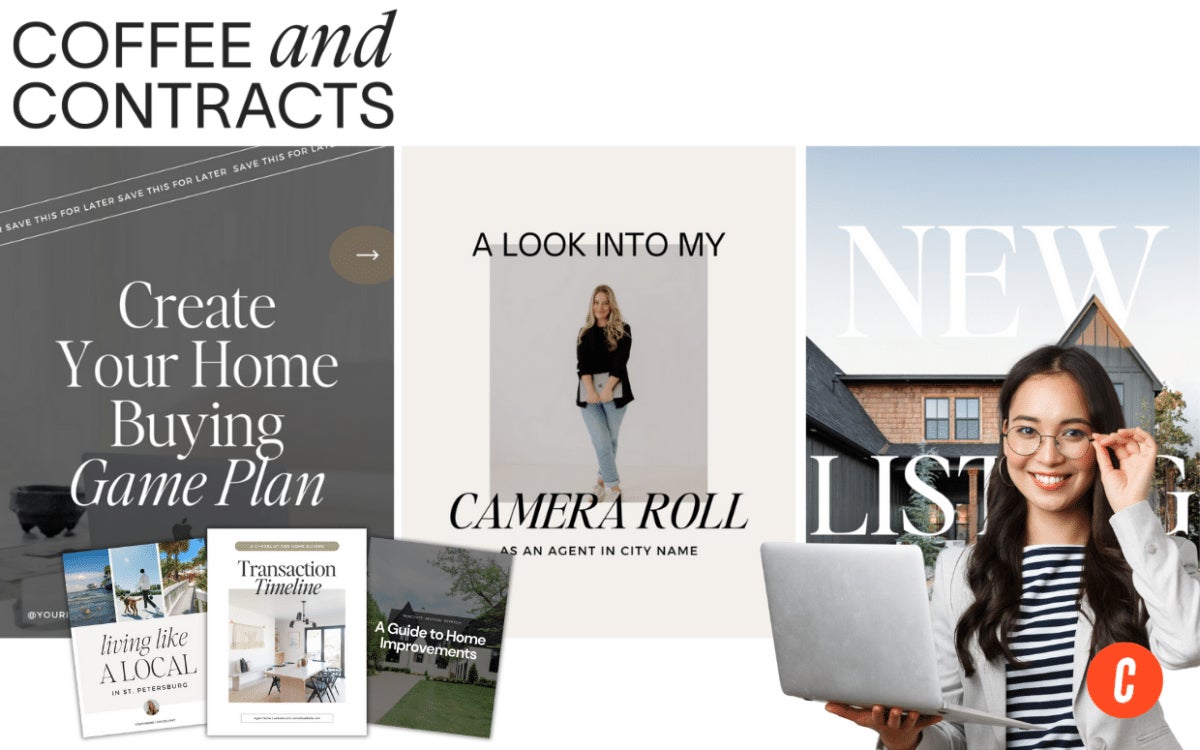
-

Use this tip:
Use the help of a real estate marketing company with branding elements. Coffee and Contracts, for instance, offers thousands of social media templates designed specifically for agents. These include templates for Instagram Reels, carousels, and Broke Agent memes. As a subscriber, you’ll access fresh content and new options every month. For more information, read our Coffee and Contracts review.
 Pro Tip
Pro Tip
If you want to keep your personal real estate branding low-key, consider placing your real estate marketing materials next to some snacks and drinks. Even having a small business card holder near some snacks could catch the eye of potential clients. When you’re meeting with clients, bring a branded folder for them to use. It is a subtle way to show that you’re organized and might help them stay organized, too.
8. Hire a photographer to take pictures
-

Cost:
From $50 an hourIf you want your fellow real estate agents to like you, think about hiring a photographer to snap some pictures of them in action at your open house. Agents always love having more pics of themselves for social media, and these images can also come in handy for your next listing presentation.

-

Use this tip:
Hiring a professional photographer is a good idea, as these pros can deliver great results without you figuring it out yourself. You may also consider hiring a drone photographer; it’s fun and results in great photos you can share. It can also help potential clients see exactly what’s in the area at a glance. However, if a professional is too costly, you can try doing it on your own — check out our real estate photography tips for better results.
9. Create a branded infographic with neighborhood info.
-

Cost:
Free neighborhood overviews, $30 per detailed reportCreating branded real estate infographics with all the neighborhood info gives potential buyers what they need to know about it. You can show off the local amenities, schools, and parks; you can even throw in some fun facts about the neighborhood. Plus, it adds credibility to market trends, property values, and community demographics.
-

Use this tip:
Grab a neighborhood profile for free, take four or five of the most interesting stats, and whip up an infographic in Canva. It’s easier than you think, and your preparation will impress your clients.
Enhance your open house with technology
Incorporating technology can take your open house to the next level, providing an engaging experience for agents and potential buyers. From virtual tours and interactive floor plans to smart home devices, using tech can really wow visitors and showcase properties in exciting and modern ways.
10. Livestream an open house tour and share it on social media.
-

Cost:
FreeLivestreaming an open house tour allows potential buyers to see the property in real time, ask questions, and get a sense of the space. Sharing livestreams on social media, particularly Instagram and TikTok, can help reach a younger audience and make the property more visible on different platforms. This multi-platform approach can create more interest in the property and potentially lead to a quicker sale.
-

Here are some livestream open house tips:
- Create and boost a social media post to advertise and boost your virtual open house.
- Send out an email or text blast announcing your virtual open house. Don’t forget to contact other agents in your office or farm area. Even if they’re too busy to attend in person, it might be the perfect home for one of their buyers.
- Use short snippets of the video to market yourself on social media. Record your live stream and cut it into quick-hit videos for Instagram real estate Reels or Stories and TikTok. You can use them as “day in the life” videos or show how your property marketing can fill a room with people!
11. Create a VR experience.
-

Cost:
$25 to $450Virtual reality (VR) is still super cutting-edge but catching on quickly. That’s why adding it to your open house toolkit can show everyone that you’re a tech-savvy agent. Give visitors a virtual tour of the property or a 3D mockup of potential renovations to help them see the space in a new way.
-

Use this tip:
Snag a decent VR headset and preload it with interactive tours. Play around with it to ensure your visitors don’t run into issues.
12. Virtually stage a room & allow attendees to play around with it.
-

Cost:
$7 to $50, depending on approachVirtual staging for open houses helps potential buyers envision the potential of a space by virtually furnishing and decorating it, making it more appealing. It also allows showcasing different design options and layouts to influence buyer decisions and presents the property in its best light, ultimately attracting more potential buyers.
To make it even more fun and interactive, bring some devices on the day of the open house with the virtual staging applications preloaded. That way, attendees can play with the staging themselves and see how the home can look exactly the way they want it to.
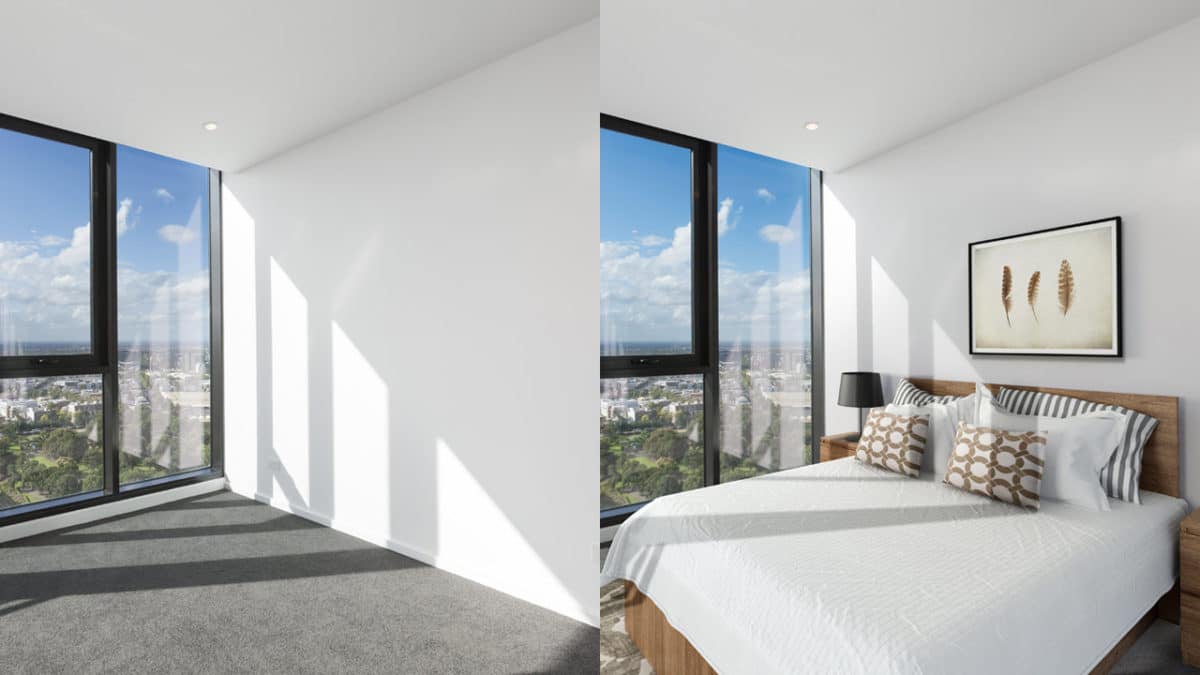
-

Use this tip:
Offer to email or, better yet, text them the pictures of the staging they created. Check out our guide to the best virtual staging software if you need some options.
13. Use QR codes creatively.
-

Cost:
From $50 an hourQR codes have become popular, but many agents still don’t know how to use them to get leads at their open houses. Here are easy ways to use QR codes at your next open house to get more leads:
- Set up an iPad sign-in station using a QR code creator at the front door — or, better yet, on your refreshments table.
- Create a free QR code (using a site like QR Code Generator). Print it onto your welcome sign and ensure the QR code links to your open house sign-in sheets.
- Create QR codes that link to slideshows of each room, virtually staged in different themes. Print out the codes on signs and post them in each room with a copy such as, “See this room staged as a home office!”
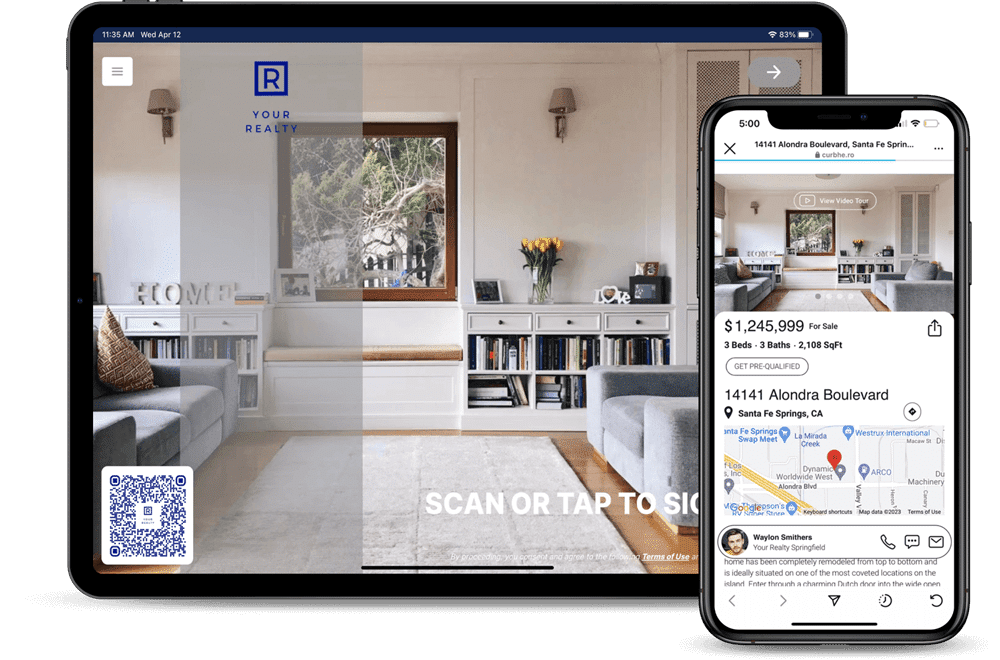
-

Use this tip:
For a budget option, you can use Curb Hero — one of our top-recommended open house apps. It is 100% free for agents and lets you create QR codes for touchless sign-in, postcards, signs, or anything else.
14. Showcase smart and sustainable home features.
-

Cost:
$50 to $500While sustainable and smart home features aren’t new, potential home buyers are bound to have many questions about how they work and what it would mean to own one. Simple brochures can go the distance here, but a walkthrough of these features and showcasing the cost-effectiveness and environmental impact would really put this into perspective for your attendees.
-

Use this tip:
If you have the budget, consider partnering with local green energy experts or companies to co-host the event. They can provide objective insights or even discounts for attendees, further adding value to their attendance at your open house.
Prioritize engagement & networking
Engagement and networking at an open house are crucial for building connections and generating leads. From interacting with visitors to facilitating meaningful conversations, effective engagement and networking strategies can significantly impact the success of your open house event.
15. Boost your open house on hyperlocal social networks.
-

Cost:
FreeAdvertising your open house on Facebook and Instagram can work well. However, at the end of the day, you’re still paying to reach people who could be hundreds of miles away, so it’s great for brand awareness but lousy for actually getting people through the door. By posting on local Facebook Groups and Nextdoor, you will reach fewer people — but those people almost certainly live in the neighborhood.
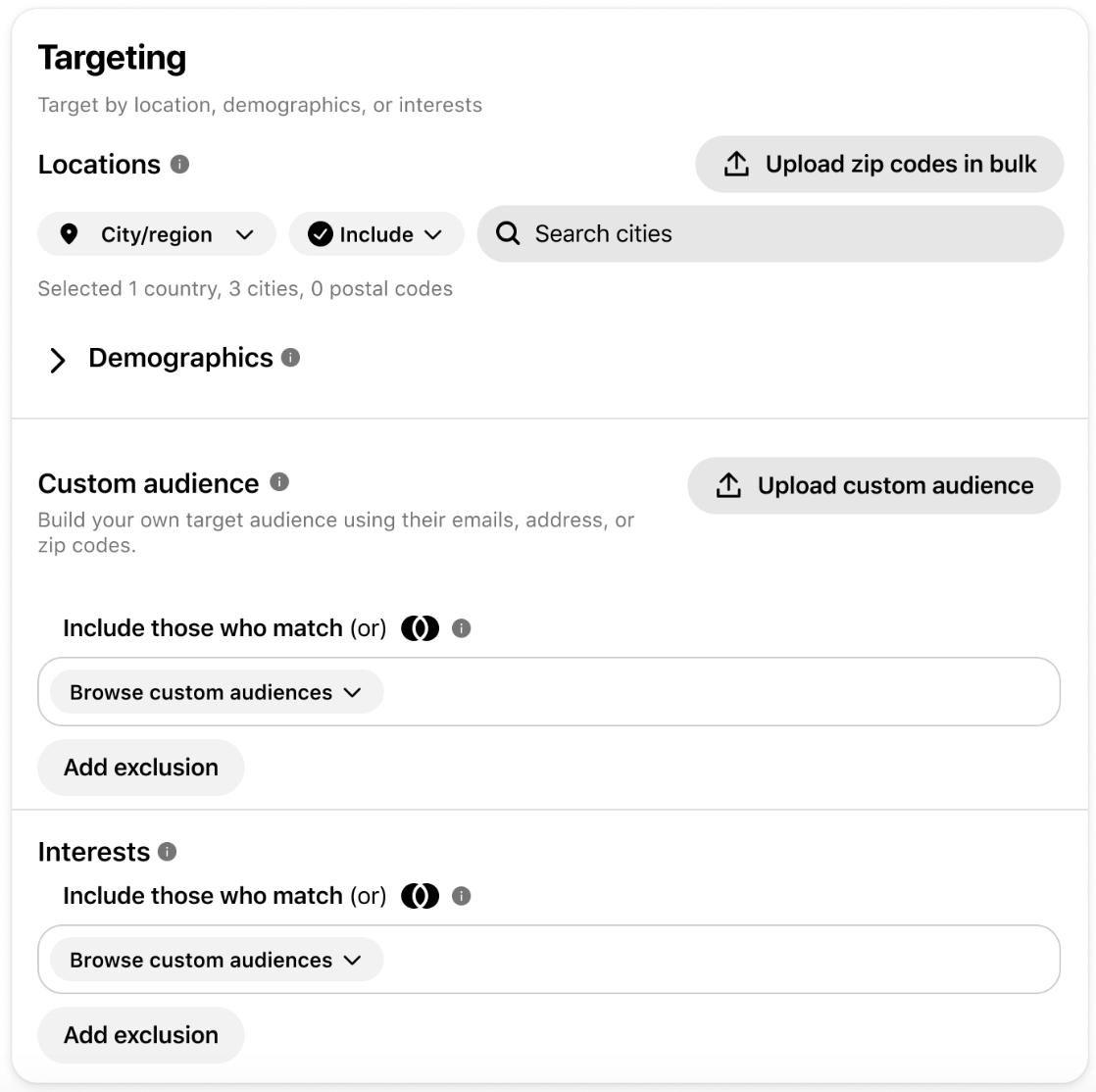
-

Use this tip:
Nextdoor and Facebook Groups have some of the most engaged local audiences online. If you offer trendy food and music or use the other tips above, you might get neighbors talking about your open house for free. For your posts to get more traction, check out our real estate social media marketing tips.
16. Partner with a local brand or shop.
-

Cost:
Free to $500Experiential real estate marketing is about creating an awesome experience for local influencers to talk about, which helps draw them in. But to keep them interested, you need something more than just a cool backyard.
Partnering with a local company or brand — like a boutique, restaurant, mixology bar, music school, or art gallery — can excite your open houses and get people chatting. Plus, the brands you team up with might even promote your event on their social media, reaching a whole new audience for your business.
-

Use this tip:
Find businesses that align with your target market, define clear objectives, create an engaging experience, cross-promote the event, and show appreciation afterward. This can help you build successful partnerships and enhance your open house events.
17. Set up a financial consultation area.
-

Cost:
FreeBuyers have questions about mortgages, down payments, and how much they can afford, especially with the current rates. To address these concerns and provide a whole new level of service for clients, have a lender tag along to your next open house. They can keep you company and provide visitors with advice. It’s a win-win for both of you since creating that financial relationship can be the first step for buyers.
-

Use this tip:
Set up the area with comfortable chairs and a desk. Try to keep it separate from the main space for privacy. You can even offer some financial FAQs for buyers to grab and read later.
Don’t forget the hospitality & amenities
When it comes to open house hospitality, it’s all about making guests feel at home. Offering snacks, cozy seating, and helpful info can really make people feel welcome. By creating a chill and friendly vibe, hosts can leave a great impression on potential clients.
18. Serve trendy food & drinks that spark conversation.
-

Cost:
$1 to $5 per servingAn open house idea that’s more a classic staple than anything — don’t forget to offer food and drinks. There’s nothing quite like the cozy, welcoming vibe of fresh-baked cookies greeting your guests at the door. But if you want to get folks chatting, serve unique and easy-to-eat dishes that will spark conversations, even on the go. When the conversation starts to flow, so do the connections.
-

Use this tip:
Try serving kiwi mojito mocktails or baked treats that always have a line at the local bakery on Sunday mornings. This will give your guests a great reason to chat and mingle. Remember, the goal isn’t to show off your cooking or mixology skills but to make it easy for everyone to break the ice and start conversations. Check The Close’s guide on open house food ideas if you’re struggling to think of what to whip up.
19. Offer water bottles branded with your business card.
-

Cost:
From 45 cents each, in bulkEveryone could use a bottle of water, especially when walking around — and that’s no different a case when it comes to walking through your open house. To ensure you get your business card to your attendees, use water bottle giveaways by attaching your business card to the tag!
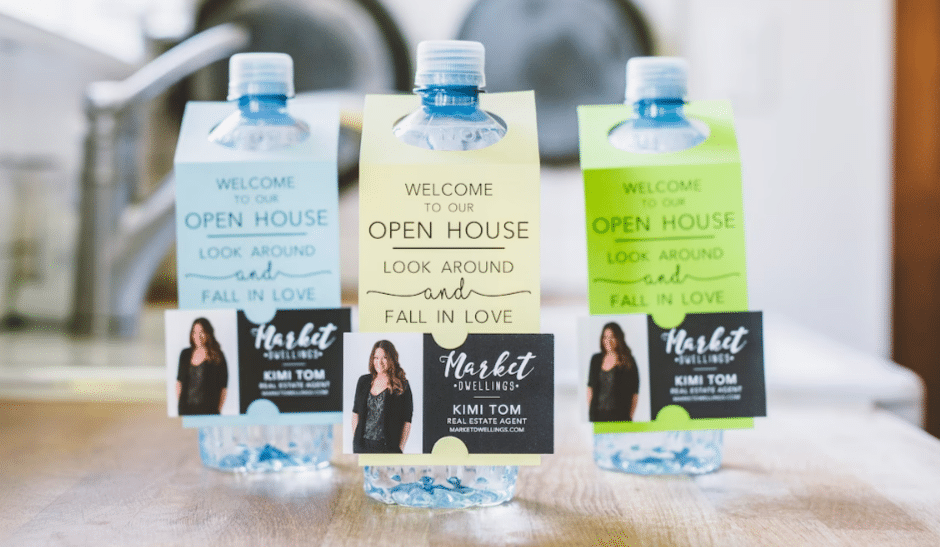
-

Use this tip:
Grab different colors to match your brand or the season. These are perfect to offer your guests as a to-go item on a hot day.
20. Have a childcare corner.
-

Cost:
Free to $200Parents can sometimes find it challenging to focus on their open house while trying to keep an eye on their kids. Set up a play area with toys, coloring books, and kid-friendly shows, making their visit to your open house more relaxed and enjoyable, even if only for a few minutes.
-

Use this tip:
Consider hiring a babysitter for young families and putting up a sign for the kids’ corner. To make it even more memorable for both parents and children, give the kids a small goodie bag with your branding, adding in some coloring materials, healthy snacks, and a cute little squish toy to entertain them.
21. Give out small branded gifts as party favors.
-

Cost:
$2 to $5 per branded giftBranded items are perfect for open houses. Your open house guests probably don’t know you from Adam, so a small gift with your brand on it helps keep you at the top of their minds, especially when they like the item you gave. While it might not pay off immediately, the simple name recall when using your items is enough to grow your client base.

-

Use this tip:
Give small branded gifts to your open house visitors that they will actually keep and use. Consider useful items like dishtowels, potholders, compact mirrors, or change purses.
Go the extra mile
Putting in the extra effort at your open house can really make a difference. When hosting, finding unique ways to impress potential buyers and leave a lasting impression is key. From organizing charity activities to partnering with local artists, these thoughtful touches can set your open house apart and help you generate valuable leads.
22. Raise money for charity at your open house.
-

Cost:
FreeBeing a leader in your community is part of the job of a real estate agent. It’s not just about selling houses; it’s also about positively impacting the community. Think about it this way: If you were selling your own home, wouldn’t you prefer working with an agent known for giving back to the community?
-

Use this tip:
There are several approaches to this. You can organize a charity raffle or silent auction during the open house. You could also pledge to donate a part of your commission from any sales made during the event to a chosen charity. Another idea is to set up a donation booth or pledge drive so that visitors can contribute directly to the charity. Just be transparent about which charitable foundation the proceeds go to.
23. Showcase local art and artists as part of staging.
-

Cost:
FreeLocal artists are always on the lookout for opportunities to display their work. By featuring their pieces at your open house, you’ll get some cool staging and visual charm for free while building a sense of community. It’s also a great way to spark conversations!
-

Use this tip:
Contact some local artists and offer to display their work. Ensure you’ve got a specific area for the art and cards for the artist so your visitors can learn more about the pieces as well.
15 Home Staging Tips to Sell a House Fast
24. Host contests & giveaways.
-

Cost:
Free to $50Hosting a giveaway can increase your attendance immediately. People love free stuff! It adds a fun twist to your open house, even if it’s just a simple raffle or a more elaborate contest, like a scavenger hunt.
Besides engaging your attendees, it’s an easy and creative way to grab visitor’s contact info. Be transparent and say that you’ll be sending the prize via email — it’ll give you a chance to snag participants’ contact details without overtly pushing them into it.
-

Use this tip:
Keep the contest relevant to the property or neighborhood. For instance, make the prize a gift card to a local restaurant. Or, you could do something interactive, like asking guests to find the three small red stickers you’ve placed around the house for a prize.
Make time for the post-open house tasks
After a great open house, it’s time to keep the ball rolling with some post-event activities. These help nurture relationships with potential clients and increase the chances of turning leads into successful sales.
25. Follow up with all guests.
-

Cost:
From $300 per monthLike all lead generation strategies, the follow-up is crucial. The only problem is determining whom you must follow up with and how often. This is where predictive analytics comes in — using such platforms will help you determine exactly who to reach out to.
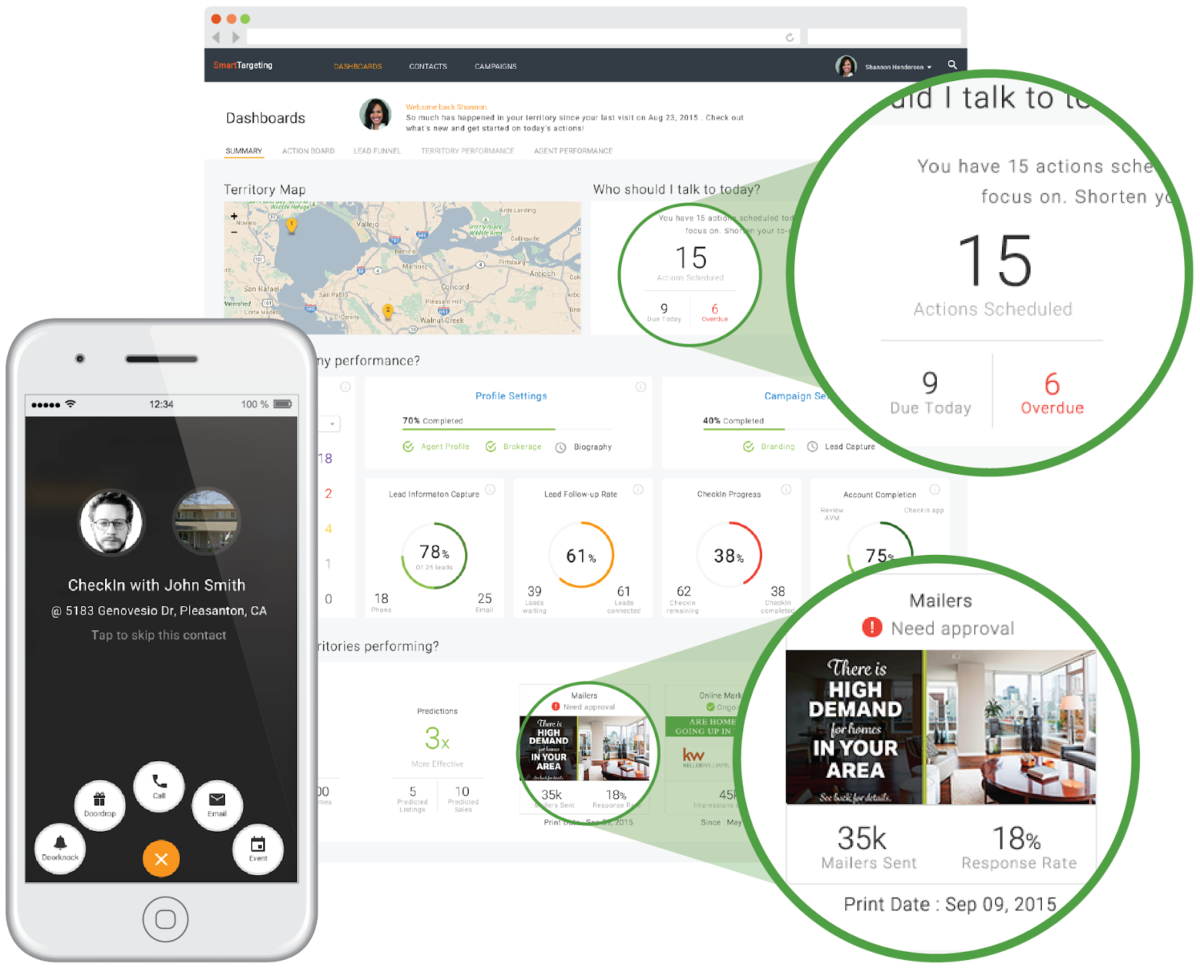
-

Use this tip:
Use a tried-and-tested platform, like Smartzip. It uses AI and a billion data points to tell who is likely to move before they even think about an agent. The provider says its AI is so accurate that it has an accuracy of 70% when predicting future listings. Learn more about it in our review of Smartzip.
26. Use follow-up email templates to engage new leads.
-

Cost:
FreeWhile getting emails and phone numbers at your open house is great, you might as well not bother if you can’t keep them engaged until they’re ready to transact. While some CRMs offer done-for-you drip campaigns to add to, that first email you send is vital to establishing a lasting relationship with potential clients. To ensure it hits home, use one of our open house follow-up email templates.
-

Use this tip:
Writing great subject lines is crucial — after all, you never get a second chance to make a first impression. Here are five clever email subject lines you can use to increase the odds of getting your email read:- Your Private Invite: Get the Best Listings BEFORE They Hit the Market!
- Coffee This Week? (on me)
- I Have to Ask…
- Did You Hate It…?
- If You Liked {your open house address}, You’ll LOVE These!
Frequently asked questions (FAQs)
How to make an open house stand out?
To make your open house really pop, consider coming up with creative open house themes, setting up fun activities, offering yummy snacks, using top-notch marketing materials, and sending personalized invites to potential buyers and neighbors. These can help make your event more memorable and draw in more potential buyers.
What draws people to an open house?
There are lots of reasons why people like going to open houses. Some people check them out because they’re interested in buying a new place, others go to get ideas for their own home, while even some more are just curious about the local real estate scene. Open houses are also a good chance to chat with real estate agents and get info about the home-buying process.
How do I get more people to an open house?
There are a number of strategies to get more people to attend your event. Here are some of the simplest ones:
- Post about it on social media, particularly local groups in the neighborhood.
- Utilize online ads and boost them as necessary.
- Hand out flyers around the neighborhood.
- Stick an open house real estate sign or set up a standing sign on the property.
- Team up with local businesses and real estate agents to help get the word out.
- Offer snacks or little freebies to encourage attendance.
How do I style my home for an open house?
Don’t forget to tidy up your home before opening the house, make the outside look nice, let in as much natural light as possible, show off any cool features, and make the place welcoming with good lighting and nice smells.
Bringing it all together
Open houses don’t have to be boring — some creativity can go a long way not just to engage potential leads but also to make it a bit more interesting for you. By using the tips in this article, you can create a welcoming atmosphere that attracts potential buyers and heightens engagement. Do you have some open house ideas that are working for you? Drop it in the comments below to help other agents out!
The post 26 Open House Ideas That Will Actually Get You Leads appeared first on The Close.
Real estate text message scripts can be a game-changer for converting leads, especially when many prefer texting over phone calls; just think about how often you ignore calls! Below, I share several scripts given various scenarios — from connecting initially and following up, to sending “thank you” and “congratulations” messages and requesting referrals and reviews.
Initial contact scripts for buyer leads
-

Objective:
Introduce yourself to potential buyers, establish rapport, and move them toward conversations about a property search. -

What to keep in mind:
- Introduce yourself and your brokerage.
- Personalize the message by mentioning a property or area of interest.
- Ask a question or provide helpful information to encourage a response.
Script 1
-

Use for:
Messaging a buyer lead
Hi, [name]! I’m [your name] with [your brokerage]. I saw on [website/platform] you were looking at [property type] in [area]. Are you still searching? I’d love to provide more details or schedule a time for you to see it. When’s a good time to chat?
<!–Copied to clipboard!–>
Script 2
-

User for:
Reaching out to a first-time homebuyer
Good day, [name]. Buying your first home is exciting! This is [your name] with [your brokerage], and I’d love to help guide you through the process and make it stress-free. Do you have any questions about getting started?
<!–Copied to clipboard!–>
Script 3
-

Use for:
Connecting after a property showing request
Hello, [name]! [Your name] with [your brokerage] here. I saw you’re interested in [property address] — and it’s a great [property type] in [area]! When would you like to schedule a showing? I can also recommend similar [property type]s in the area if you’d like. Let me know what works for you!/icon
<!–Copied to clipboard!–>
 Pro Tip
Pro Tip
Send one of those real estate text message scripts as soon as the lead comes in to get the highest response rate. For automation, consider adding the scripts to your CRM. Some of the best CRMs for real estate allow you to store scripts and track texts you send.
Initial contact scripts for seller leads
-

Objective:
Use texting scripts for real estate to engage with leads and move them toward conversations on listing with you. -

What to keep in mind:
- Introduce yourself and your brokerage.
- Personalize the message by mentioning their neighborhood, recent sales, or specific inquiries.
- Mention your comparative market analysis (CMA) to showcase market knowledge (read our guide on how to do a CMA).
Script 4
-

Use for:
Messaging a seller lead
Hello, [name]! I’m [your name] with [your brokerage]. I saw you might be thinking about selling [property address]. Would you be interested in a free property value estimate? Let me know when you are available for a quick call or text to discuss how I can help with the next steps.
<!–Copied to clipboard!–>
Script 5
-

Use for:
Reaching out for an expired listing
Hi, [name]. This is [your name] with [your brokerage]. I noticed your [property type] at [property address] was on the market but didn’t sell. I’d love to share some strategies to quickly sell it for top dollar. Are you open to a quick conversation?
When a listing first expires, sellers are flooded with calls from agents. Instead of joining the rush, wait at least two — or even up to 12 — months to start rolling out your expired listing scripts. By then, sellers are often still interested in listing, sellers’ objections (one of the real estate objections) are usually limited, and competition is minimal.
<!–Copied to clipboard!–>
Script 6
-

Use for:
Connecting with a For Sale by Owner (FSBO) seller
Good day, [name]! [Your name] with [your brokerage] here. Are you working with buyer’s agents to sell your [property type] at [property address]? I’d love to show you how I can help you sell for more money and faster. Would you like to chat?
<!–Copied to clipboard!–>
Lead nurturing scripts
-

Objective:
Stay engaged with leads who aren’t ready to buy or sell immediately, build trust, and keep them informed until they’re ready to make a move. -

What to keep in mind:
- Stay consistent, as regular check-ins keep you top of mind without being pushy.
- Reference their timelines and preferences per your past conversations.
- Share market updates, helpful tips, or relevant listings.
Script 7
-

Use for:
Reaching out as a regular check-in
Good day, [name]. This is [your name] with [your brokerage]. I hope you’re doing well! It’s been a little while since we last spoke, but if you’re ready to start [buying/selling] again, is there anything that I can do to help?
<!–Copied to clipboard!–>
Script 8
-

Use for:
Checking in on the timeline
Hello, [name]. [Your name] with [your brokerage] here. Last time we talked, you mentioned you might be looking to [buy/sell] in [timeframe]. Are you still thinking about making a move? I’m happy to help if you have questions!
<!–Copied to clipboard!–>
Script 9
-

Use for:
Sharing market updates
Hi, [name]! I’m [your name] with [your brokerage], and I just want to share a quick market update, as timing is everything when it comes to [buying/selling]. [Property type]s in [area] are [selling fast/rising in prices/etc.]. If you’re still considering [buying/selling], I’d love to talk about what this means for you. Let me know if you’d like more details!
<!–Copied to clipboard!–>
 Pro Tip
Pro Tip
Personalize texts and instill a sense of urgency without being pushy. Mention something from your last chat or a property they liked, as that helps jog their memory and shows you’re genuinely interested in helping.
Follow-up scripts for unresponsive leads
-

Objective:
Re-engage unresponsive leads by sparking a conversation and keeping the relationship open without being too pushy. -

What to keep in mind:
- Keep it friendly, as a low-pressure approach encourages responses. Convey the understanding that they may be busy.
- Try different messages over time to see what resonates. You’re there to help, not pressure them.
- Give them a reason to reply by providing current market insights or helpful resources. This may renew their interest.
Script 10
-

Use for:
Connecting with a casual nudge
Hello, [name]! [Your name] with [your brokerage] here. Just following up to see if you’re still thinking about [buying/selling] a [property type] in [area]. No rush — just here to help whenever you’re ready! Let me know if you have any questions.
<!–Copied to clipboard!–>
Script 11
-

Use for:
Making a light last attempt to connect
Good day, [name]! I have reached out a few times but haven’t heard back — and I don’t want to bother you if now isn’t the right time. Let me know if you’re still interested, but if not, I’m happy to check in down the road!
<!–Copied to clipboard!–>
Script 12
-

Use for:
Providing market insights
Hi, [name]. This is [your name] with [your brokerage], and I’m just sharing a quick market update. [Property type]s in [area] are [selling fast/rising in prices/etc.], so if you’re still thinking about making a move, it might be a good time to chat. Are you still interested, or would it be better to follow up later? No pressure either way!
<!–Copied to clipboard!–>
Property update scripts
-

Objective:
Keep leads engaged by sharing new listings, price changes, and updates on properties they’re interested in. -

What to keep in mind:
- Share updates based on their preferences or past interests.
- Highlight the significance of the update.
- Include a call to action, encouraging them to ask questions or schedule showings.
Script 13
-

Use for:
Sharing a general property update
Hi, [name]! Great news — the price on [property address] just dropped! It’s now listed at [new price]. Would you like more details or to schedule a time to see it?
<!–Copied to clipboard!–>
or
Good day, [name]. Just updating you — [property address] is now [under contract/sold]. Would you like me to look for similar properties in [area]?
<!–Copied to clipboard!–>
Script 14
-

Use for:
Offering market updates given their preferences
Hello, [name]. I’m sharing a market update that [property type]s in [area] are selling for an average of [N]% over asking in just [N] days! If you’re still considering [buying/selling], now might be a great time to let me help. Are you still thinking of making a move, or have plans changed? No pressure either way!
<!–Copied to clipboard!–>
Script 15
-

Use for:
Sending a new listing match
Hello, [name]! A new [property type] just hit the market — and it matches what you’re looking for in [area]! It has [features, e.g., big backyard, open kitchen, etc.]. Want me to send more details or schedule a showing?
<!–Copied to clipboard!–>
Appointment reminder scripts
-

Objective:
Confirm meetings with leads, reduce no-shows, and ensure leads feel prepared and excited for the conversation. -

What to keep in mind:
- Remind them of the date, time, and location the day before and day of the appointments.
- Offer directions and send pinned locations for seamless navigation.
- Let them know they can reschedule if needed. Be flexible.
Script 16
-

Use for:
Sending a 24-hour reminder
Hi, [name]. Just a quick reminder about our appointment tomorrow at [time] at [address/virtual meeting platform + meeting link]. Looking forward to [chatting about/meeting with you for your ! Let me know if anything comes up and you need to reschedule.
<!–Copied to clipboard!–>
Script 17
-

Use for:
Sharing a same-day reminder
Good day, [name]. Excited to meet with you today at [time]! We’ll go over [topic, e.g., property features, listings, value, etc.], and I’ll answer any questions you may have. Let me know if anything changes. See you soon!
<!–Copied to clipboard!–>
Script 18
-

Use for:
Following up on a non-confirmation or responding to a reschedule request
Hey there, [name]! I’m just checking in to see if we’re still good to meet today at [time] at [address/virtual meeting platform + meeting link]. If anything has changed, no worries — just let me know if you need to reschedule.
<!–Copied to clipboard!–>
or
I totally understand needing to reschedule, [name]! I’m available at [alternative time(s)] on [alternative date(s)]. Let me know what works best for you, and we’ll get it scheduled.
<!–Copied to clipboard!–>
Event invitation scripts to engage leads
-

Objective:
Strengthen relationships by inviting leads and clients to events where they can view properties and engage with you in person. -

What to keep in mind:
- Highlight the event’s value, and tailor your invite to their interests or situation.
- Provide essential event details, such as date, time, and location.
- Follow up after the event.
Script 19
-

Use for:
Encouraging attendance at an open house
Hello, [name]. I’m hosting an open house at [property address] on [date] from [time start to time end]. It’s a great opportunity for you to see the [property type] and ask any questions. Would you like to drop by?
<!–Copied to clipboard!–>
Script 20
-

Use for:
Requesting their presence at a client appreciation event
Hi, [name]! I appreciate you being part of my real estate journey! I’m hosting a [event, e.g., happy hour, holiday party, etc.] on [date], [time], at [property address] to say thank you, and I’d absolutely love for you to be there! Do you think you’ll make it?
<!–Copied to clipboard!–>
Script 21
-

Use for:
Inviting a buyer or seller to a seminar
Good day, [name]. Still thinking about [buying/selling] a home? I’m hosting a free [seminar/workshop] on [date], [time], at [address/virtual meeting platform + meeting link]. It will be about [topic, e.g., learning about mortgages and finding the perfect home or maximizing your home’s value and selling fast]. I’d love to have you join! Would you like me to save you a spot?
<!–Copied to clipboard!–>
Holiday greeting scripts to stay top of mind
-

Objective:
Show leads that you think of them even when no immediate business is at hand. -

What to keep in mind:
- Be mindful of certain holidays — not all will celebrate every holiday, e.g., religious.
- Keep it festive — avoid sales talk by focusing on well wishes rather than business.
- Consider using pop-by gifts for a personal touch.
Script 22
-

Use for:
Sending festive warm wishes
Wishing you and your loved ones joy and peace this season! I appreciate you and look forward to staying in touch. Cheers, [name]!
<!–Copied to clipboard!–>
Script 23
-

Use for:
Showing appreciation on Thanksgiving
I just want to say how grateful I am for amazing clients like you, [name]! Wishing you and your loved ones a wonderful Thanksgiving filled with joy, gratitude, and great food.
<!–Copied to clipboard!–>
Script 24
-

Use for:
Sending a New Year’s greeting
Happy holidays, [name]! May the new year bring you closer to your goals, and do let me know how I can help. Cheers to [202X]!
<!–Copied to clipboard!–>
 Pro Tip
Pro Tip
If you’re still struggling to convert leads, consider using LPMAMA scripts, based on the LPMAMA framework: location, price, motivation, agent, mortgage, and appointment. You can quickly qualify leads by focusing on what matters most, which makes guiding leads toward a decision easier. This simple approach can boost your conversion rate and streamline your conversations.
Thank-you scripts to nurture leads and clients
-

Objective:
Express appreciation after connecting with leads and clients and keep them engaged as they move through the buying, selling, or investing process. -

What to keep in mind:
- Be genuine, as a sincere thank-you strengthens relationships.
- Keep it brief. A short message makes it easy for leads to engage.
- Encourage the next step by offering to help with any questions or updates.
Script 25
-

Use for:
Thanking a lead after an initial consultation
It was great chatting with you today, [name]! Thanks for taking the time to share your goals. I am happy to help anytime you have questions and look forward to working together!
<!–Copied to clipboard!–>
Script 26
-

Use for:
Showing appreciation after a viewing
Thanks for touring [property address] with me today, [name]. What are your thoughts? If it’s not the one, I’m happy to find more options!
<!–Copied to clipboard!–>
Script 27
-

User:
Giving thanks after having been sent a referral
I just want to say thank you very much for referring [referral name] to me! I truly appreciate it more than words can express, and I’m so excited to work with them!
<!–Copied to clipboard!–>
Congratulatory scripts to build long-term relationships
-

Objective:
Celebrate milestones with clients, strengthen relationships to make them long-term, and stay top of mind for future needs or referrals. -

What to keep in mind:
- Keep it short and celebratory by focusing on their achievement, not the sale.
- Offer to help with post-closing needs, like movers or contractors.
- Stay in touch — your relationship doesn’t end when the transaction closes.
Script 28
-

Use for:
Celebrating on closing or selling
Congratulations on your new [property type], [name]! Wishing you happiness, great memories, and many wonderful years ahead. Let me know if you ever need something — I’m always here to help!
<!–Copied to clipboard!–>
or
Congratulations on selling your [property type], [name]! I appreciate the opportunity to work with you and wish you the best in your next chapter. Let me know if I can assist again with anything in the future!
<!–Copied to clipboard!–>
Script 29
-

Use for:
Observing a property anniversary
Hey there, [name]! Can you believe it’s been [N] year(s) since you [bought/sold] your [property type]? Happy anniversary! Let me know if you ever need something or just want to catch up!
<!–Copied to clipboard!–>
Script 30
-

Use for:
Acknowledging a client’s milestone
Congratulations on your [milestone, e.g., marriage, baby, new job, retirement, etc.], [name]! Wishing you great success in this exciting new chapter. If you ever need help finding a [property type] that fits your new situation, I’d love to assist!
<!–Copied to clipboard!–>
Referral request scripts
-

Objective:
Encourage satisfied leads or clients to refer friends, family, or colleagues to expand your network. -

What to keep in mind:
- Don’t wait — clients are more likely to refer you right after a positive interaction.
- Show appreciation for their support and trust.
- Make it easy for them to refer you by providing a digital contact card.
Script 31
-

Use for:
Sending a general referral request
I really appreciate working with great clients like you, [name]! If any of your friends or family are thinking about buying or selling, I’d absolutely love to help them, too. Feel free to send them my way by passing along my contact details — I promise to take great care of them!
<!–Copied to clipboard!–>
Script 32
-

Use for:
Responding to their positive experience working with you
Hey, [name]! I’m so glad I could help with your [situation: e.g., search, sale, etc.], and I truly enjoyed working with you! If you ever know someone looking for a great experience, I’d be honored if you’d pass along my contact details!
<!–Copied to clipboard!–>
Script 33
-

Use for:
Sharing an incentive-based referral request (if your brokerage allows)
Hi there, [name]! If you know anyone looking to [buy/sell/invest], I’d love to help — and as a thank-you, I offer [incentive, e.g., gift card or property-related service] for every successful referral. Let me know if someone comes to mind!
<!–Copied to clipboard!–>
Review or testimonial request scripts
-

Objective:
Encourage satisfied clients to leave positive reviews or testimonials in a natural, appreciative way to build credibility and attract future business. -

What to keep in mind:
- Send the request soon after closing while the experience is fresh.
- Include a direct link to your review page.
- Thank them for their time and support.
Script 34
-

Use for:
Sending a general review or testimonial request
I really enjoyed helping you with [situation, e.g., finding the perfect [property type] in [area], negotiating a great deal, etc.], [name]! I’d really appreciate it if you could take a moment to share your experience in a quick review: [review link]. Many thanks!
<!–Copied to clipboard!–>
Script 35
-

Use for:
Responding to their positive feedback on working with you
I appreciate your kind words about working with me! It would mean a lot if you could share your experience by leaving a review: [review link]. Your feedback means the world to me, [name]!
<!–Copied to clipboard!–>
Script 36
-

Use for:
Asking for a review after a successful transaction
Congratulations again on [buying your new/selling your [property type]], [name]! I truly enjoyed working with you. If you wouldn’t mind, I’d love for you to share your experience in a review: [insert link]. Thank you so much!
<!–Copied to clipboard!–>
Tips for effective texting scripts for real estate
Whether you’re reaching out to new prospects, following up with clients, or re-engaging cold leads, how you word your real estate text message scripts can make a huge difference.
-

Keep it short and sweet:
Aim for clarity and brevity to ensure your text message is easily understood and quick to read. State why you’re contacting the lead, and close the message well. -

Personalize your messages:
Use the lead’s or client’s name and reference specific details, like properties they’ve shown interest in. Personalization increases engagement and shows that you’re attentive to their needs. -

Use a warm and friendly tone:
Maintain an approachable and professional tone. Avoid overly formal language, but stay respectful and courteous. -

Avoid overloading leads with information:
Don’t cram too much into one text. If more details are needed, offer to follow up with a call or email. -

Remember that timing is everything:
Send messages during appropriate hours, typically between 9 a.m. and 6 p.m. Avoid early morning or late-night texts to respect time. -

Be clear about next steps:
Include a clear call-to-action (CTA) in your message, such as scheduling a call, viewing a property, or responding with a simple “yes” or “no.” -

Respond promptly:
If a lead replies to your text, respond quickly. Prompt replies show that you’re attentive and serious about helping. -

Leverage automation and technology:
Use CRM tools to automate and schedule texts, but ensure they still feel personal. Automated messages should be relevant and timely. -

Respect the “NO.”:
Always provide an easy way for leads to opt out of receiving texts, and immediately respect their request if they choose to do so. -

Test and refine your messages:
Regularly review your text messaging campaigns. Test different messages, track response rates, and refine your approach based on what works best.
Legal considerations for real estate text messaging
1. Comply with the Telephone Consumer Protection Act (TCPA).
- You must have written consent before sending marketing or promotional texts. Consent can be collected through opt-in forms, website sign-ups, or verbal agreement (preferably recorded or documented).
- Per the National Law Review (NLR), as of January 27, 2025, the Federal Communications Commission (FCC) requires you to get individual written consent from leads before sending marketing texts or making auto-dialed calls. Blanket consent from third-party lead generators is now insufficient.
- Leads or clients must have a clear way to opt out (e.g., replying “STOP” to unsubscribe).
- According to the NLR, starting April 11, 2025, people can revoke consent by any reasonable means, such as responding “STOP” to a text, and you must honor revocations within a reasonable period, not more than 10 business days.
2. Remember that do not call (DNC) rules apply to texting.
- If a number is on the National DNC Registry, you cannot send marketing texts unless you have
- written consent from your recipient
- an established business relationship with your recipient (e.g., they inquired about your services within the past 18 months)
Unsolicited marketing texts to numbers on the DNC list can result in fines of up to $1,500, so check the registry before texting any leads and keep records of consent and text interactions.
3. Differentiate between transactional and marketing texts.
- Transactional messages (e.g., appointment confirmations and property showing reminders) are allowed without consent.
- Transactional texts must not have sales language, promotional offers, or solicitation of new business.
- Examples: “Your home inspection report is ready. Let me know if you have any questions!” or “Your showing appointment for tomorrow at 5 p.m. at 890 First Avenue is confirmed.”
- Marketing texts (e.g., new listing announcements, promotions, and lead follow-ups) require consent.
- If the message encourages a sale or promotes a service, it is considered marketing and must only be sent to recipients who have explicitly opted in.
- Examples: “Looking for your dream home? Let me know if you want exclusive listings before they hit the market!” or “Check out this amazing new listing in your area! Click this link for details: [link].”
 Pro Tip
Pro Tip
Use separate templates for transactional and marketing messages, and make opting out easy (e.g., allow recipients to reply “QUIT” to unsubscribe).
Effectiveness of text messaging in real estate
Text messaging is a powerful tool for real estate agents. The 2024 NAR Member Profile report shows that 94% of Realtors communicate with clients via text. Additionally, real estate text messages get a 45% response rate, per Texting Base. These figures show that if you’re not leveraging text messaging, you might be missing opportunities to connect efficiently with leads and clients.
 Pro Tip
Pro Tip
To maximize effectiveness, create a “swipe file” of go-to messages in your phone’s notes app for easy access. Also, consider integrating these scripts into your real estate CRM streamlines the process, enabling consistent follow-up with minimal effort.
Pros and cons of real estate text messages
| Benefits | Drawbacks |
|---|---|
|
|
|
|
|
|
|
|
Text messaging works best when used wisely and balanced with other communication methods, such as email. Knowing when and how to use texting can help you get the most out of it, build stronger relationships, and offer better results — all while avoiding any potential downsides.
Frequently asked questions (FAQs)
How do you introduce yourself as a real estate agent in a text message?
To introduce yourself as a real estate agent via text, begin by greeting your recipient (mention their name) and saying your name and your brokerage. Then, make your intentions clear and end with an action item.
- Example of an initial contact text to lead: “Hi, [name]! This is [your name] with [your brokerage]. I want to see if you need help buying or selling a home. Let me know how I can assist you.”
- Example of a text for a follow-up: “Hello, [name]! Just checking in to see if you have any questions. I’m happy to help whenever you’re ready, so feel free to text or call me anytime.”
What do you say when messaging a realtor?
When messaging a realtor, keep it professional and get straight to the point by introducing yourself and then stating your intent.
- Example of a message as a buyer/seller: “Good day, [name]! I am [your name] and am looking to [buy/sell] a [property type]. I’d love to discuss my options and learn how you can help. What’s a good time to talk?”
- Example of a message requesting market information: “Hello, [name]! I’m looking to learn about the current market in [area]. Could you please share insights into pricing and trends?”
- Example of a message requesting a showing: “Hi, [name]! I saw [property address]’s listing and would love to schedule a showing. When would be a good time?”
How do I text a lead for real estate?
Start with a friendly introduction of yourself and your brokerage, state your intent, and then end with a call to action.
- Example of a text to a lead: “Hello, [name]. This is [your name] with [your brokerage]. I saw your inquiry about [property address] and want to see how I can help. Are you currently looking to [buy/sell] or just exploring?”
- Example of a text nurturing a cold lead: “Good day, [name]! I know [buying/selling] a [property type] is a big step! Just checking in. Are you still considering making a move, or would you like market updates to stay informed?”
- Example of a follow-up text after no response: “Hi, [name]. Just checking in! I’d love to help with your real estate needs whenever you’re ready. Do you have any questions I can answer?”
The final walkthrough
Whether you’re just starting or wanting to refine your strategy, using well-crafted real estate scripts makes a difference in connecting with leads or clients. It keeps them engaged and ultimately helps you close more deals. The key is to be authentic, timely, and thoughtful.
Do you use some great real estate text message scripts in your business? Do you use scripts in a different way than I mentioned? Drop a comment to share what you’re doing differently so that we can keep this conversation going!
The post 36 Best Real Estate Text Message Scripts for Agents in 2025 appeared first on The Close.
27 Mar, 2025 | Admin | No Comments
23 Real Estate Postcard Templates To Generate Leads [+Design Guide]
In a world obsessed with social media, real estate postcards remain a powerful tool for branding and lead generation. The right postcard template is eye-catching, well-designed, and strategically crafted to convert recipients into clients.
This list features some of the best real estate postcard templates — whether you need just-listed designs, market updates, or FSBO outreach. We’ll also cover key design tips to ensure your postcards stand out and get results. 
Download Your Real Estate Postcard Design Guide
Top 6 providers of real estate postcard templates & services
We know you’re excited to see some stellar postcards and get ideas for your own, but before you dive in, take a look at our favorite providers of postcard templates. Note that some offer customizable ones, and others are full service — everything from the design to the actual mailing!
| Best for | Mailing services | |
|---|---|---|
| Coffee & Contracts | Trendy designs with ready-made, customizable templates in Canva to match your overall digital and mailer branding | |
| ProspectsPLUS! | Agents seeking a full-service, real estate-specific provider with options for just about every postcard type and those looking to create direct mail drip campaigns | |
| PostcardMania | Budget-conscious agents needing cost-effective, high-quality postcards | |
| Addressable | Campaigns requiring a personalized, handwritten touch with a scalable system | |
| Canva | Agents craving absolute creative control to customize postcards and more | |
| Fiverr* | Agents looking for unique, custom postcard designs created by freelance designers to match their personal brand | |
| *Fiverr is a freelance marketplace where you can find a wide range of services; freelancers on Fiverr may offer mailing services. The availability and scope of these services depend on individual freelancers, so it’s essential to review their offerings and ratings to ensure they meet your specific needs. | ||
Now, let’s look at the different kinds of postcards to better understand how they create conversations, generate leads, and, ultimately, get you to the closing table more often.
Real estate postcards that generate seller leads
Listings are the heart of any successful real estate business, and keeping a steady flow of them is key to long-term growth. Postcards are a powerful addition to any marketing strategy — not only are they budget-friendly, but they also showcase local expertise in a tangible way.
1. Just-listed real estate postcards
-

Best for:
Generating seller leads (along with buyer leads for your subject property) -

When to send:
Every time you set a new listing live
The just-listed postcard is a staple in real estate marketing for two key reasons.
- It notifies buyers about a new property on the market; and
- It reinforces your presence as a top local agent.
A well-timed just-listed postcard can be a game-changer for establishing dominance in a neighborhood. When combined with other strategic mailers, it helps position you as the go-to real estate expert in your farming area.
 Pro Tip
Pro Tip
Circle prospecting is a great place to use just-listed postcards. This technique gets more efficient over time, but only if you are consistent. The more neighbors hear about your success, the higher your return rate will be.
8 Circle Prospecting Strategies to Boost Lead Generation
2. Just-sold real estate postcards
-

Best for:
Generating new seller leads from the surrounding area -

When to send:
Every time you close on a property
Every time you close on a property, make sure the neighborhood knows about it with a just-sold postcard. This not only highlights your track record of success but also reinforces your ability to get results for future sellers. Neighbors have already seen the sign in the yard, and your just-listed postcard — now it’s time to show them that you delivered.
Consistency is key. The more you promote your accomplishments, the stronger your brand becomes, and the better your return on investment. Just-sold postcards are a great way to maximize exposure, whether you’re targeting your farm area, past clients, or even expanding into new neighborhoods.
 Pro Tip
Pro Tip
Batch your mailers to avoid a drop in your services. Create a plan of action, set up all of your mailers at one time, and then schedule them to go out when you need them to.
How To Get Real Estate Listings in Any Market on a Budget
3. Expired listing real estate postcards
-

Best for:
Generating new seller leads from expired listings -

When to send:
Immediately, every time a listing in your farming area expires
Expired listings can be a goldmine — if you know how to approach them. The key is having the right message and perfect timing. There are a few effective strategies to consider.
- You could acknowledge the seller’s frustration with empathy while offering a fresh, professional approach.
- You might offer a bold guarantee, like selling within 60 days, if you’re confident in your process.
Whatever strategy fits your style, the sooner you send these postcards after a listing expires, the better your chances of being the agent they turn to next.
 Pro Tip
Pro Tip
While sending postcards immediately after a listing expires is ideal, don’t overlook older expired listings. Sellers whose homes didn’t sell six, nine, or even 12 months ago may be ready to try again. Reaching out at the right time could position you as the agent who finally gets the job done.
The 15 Best Expired Listing Scripts & Best Practices
4. FSBO real estate postcards
-

Best for:
Turning FSBOs into clients -

When to send:
Whenever you see a listing that’s being sold by its owner
For sale by owner (FSBO) listings present a unique opportunity — these homeowners have already signaled their intent to sell but are going it alone. Your job is to show them why working with you makes the process smoother and more profitable. A well-crafted postcard is a great first step.
Focus on how you can solve common FSBO challenges without dwelling on the difficulties. Highlight your expertise, then follow up with a call or in-person visit to build trust and close the deal.
Converting FSBOs isn’t always easy — it takes patience and strategy. Many homeowners go this route to save on commission, but by offering helpful tips and demonstrating the work involved, you can often show them the value of hiring a pro. While not every FSBO will convert, those that do can become a steady source of listings.
10 Best FSBO Scripts To Get More Listings in 2025
5. Free home valuation real estate postcards
-

Best for:
Generating new seller leads -

When to send:
Once before the busy selling season and then again as it wraps up
Most property owners are curious about exactly how much their home is worth. As an expert real estate professional, you can tell them. Creating a postcard that details your offer of a free, no-obligation market analysis is a strategy that’s almost guaranteed to get responses, particularly in a rapidly changing market.
You can also add a QR code that links to your website so that homeowners can instantly request their home value — no phone call or email needed. It’s an easy way to generate leads while keeping the process simple for them!
 Pro Tip
Pro Tip
Try this postcard when dipping your toe into new potential farm areas. Find a neighborhood that has been hot in recent months, and customize the message just for them. Even if you haven’t sold a home in a specific neighborhood, you can still send them a market update and become the local expert.
How to Do a Comparative Market Analysis: A Step-by-Step Guide
6. Stalled funnel real estate postcards
-

Best for:
Generating new seller leads -

When to send:
Up to once a quarter
We’ve all had prospects who hung out in our lead funnel for months — people who just couldn’t seem to pull the trigger. Delivering a postcard message of encouragement to soon-to-be sellers can be very effective. If you want to maximize your return on investment, be sure your message reflects your market and lead category.
Make your postcard recipients feel like the market isn’t just good — it’s good for them. It never hurts to instill a bit of FOMO in your potential sellers.
7. Homeowner tip postcards
-

Best for:
Establishing yourself as the homeownership expert -

When to send:
Once a quarter or monthly
You helped them buy their home — now help them make the most of it! Many homeowners, from first-timers to seasoned pros, appreciate useful advice and seasonal maintenance reminders. Plus, this type of postcard reinforces your expertise and local market knowledge.
Keep the tone friendly and professional, avoiding anything that feels too instructive. Most importantly, tailor your tips to the local housing styles and climate, especially if you’re using a template. A well-crafted postcard like this keeps you top of mind and positions you as a valuable resource beyond the sale.
Real estate postcards that generate buyer leads
Many seasoned agents shy away from working with buyers, but that’s a huge mistake. Most listings come from your own past buyers. And house hunters are great to work with. You’ll spend time educating them on the homebuying process, showing them homes, and building solid relationships that you can nurture for years to come. These real estate postcards will help you find and convert buyer leads.
8. Open house real estate postcards
-

Best for:
Inviting the neighbors and prospective buyers to your events -

When to send:
A week before every open house
Using direct mail to promote an open house boosts attendance and delivers valuable buyer leads. It also showcases your market activity to the neighborhood and reinforces your professionalism.
Open houses aren’t just for buyers — they’re a great way to attract future sellers too. Many homeowners expect one as part of their selling strategy, and a well-attended event highlights your commitment to marketing their property.
Pairing open house postcards with just-listed and just-sold mailers keeps your name in front of your farm area, reinforcing your status as a local expert. When done consistently, this strategy builds recognition and leads to more calls from potential clients.
30 Open House Ideas That Will Actually Get You Leads
9. Meet your agent real estate postcards
-

Best for:
Letting the area know about your services -

When to send:
Within your first year at a new office
If you’re new to an area or brokerage, spreading the word about your business is essential — and postcards are a great way to do it. Keep the tone upbeat and highlight what makes you stand out, focusing on how that benefits your community.
Instead of blanketing the entire city, target people who already know you. A new real estate farming campaign is the perfect way to become the go-to agent in your neighborhood.
These postcards not only keep you top of mind but also give you a chance to showcase your personality, making your marketing feel more personal and relatable. Sending these postcards to personal contacts and neighbors can lead to early listings — sometimes right on your own street!
10. Real estate postcards for rental communities
-

Best for:
Turning renters into buyer leads -

When to send:
Up to once a quarter
Many agents overlook renters in their farm areas, but they shouldn’t. Whether in suburban farm areas or dense metro cities like New York, rental communities are full of potential first-time homebuyers. With the right approach, targeted marketing can offer a serious return on investment.
Pairing renter-focused postcards with a homebuyer’s workshop is a winning strategy. The postcard promotes the event and highlights how homeownership can be more cost-effective than renting. It’s a powerful way to introduce buyers to the benefits of building equity while positioning yourself as the go-to expert.
 Pro Tip
Pro Tip
You’ll get a much better response rate when you tailor your message to the community. Targeting a complex where the average rent is $1,200 per month? A mortgage calculator can determine the purchase price range that correlates to their rent payment. Renters in luxury complexes or artsy communities might be more drawn to a message about the freedom to customize their living spaces.
Looking for more info on how to crush rental community prospecting? Check out our video below on how to convert these leads effectively.
11. Fence-sitting buyer real estate postcards
-

Best for:
Moving buyer leads down the funnel -

When to send:
Up to once a quarter
When a homebuyer doesn’t feel any urgency in their decision-making process, it’s easy for them to fall out of your lead funnel. Obviously, you never want clients to feel rushed into a decision they aren’t ready for, but sometimes a message that creates a sense of urgency reminds them of what they really want.
How do you know if you’ve got a fence-sitter on your list? These postcards are perfect for any prospect who is getting slower at returning calls and texts, who decided not to stop by that open house, or who is considering signing another year-long lease.
12 Strategies to Get More Buyer Leads in Real Estate
Postcards that generate referrals
Referrals are the lifeblood of any real estate business. According to the 2024 National Association of Realtors Member Profile, the typical Realtor earns 21% of their business from referrals. That’s still a significant portion, making it essential to build and nurture those relationships consistently. The sooner you start, the stronger your referral network will become.
12. Personal sphere real estate postcards
-

Best for:
Generating buyer and seller leads -

When to send:
Twice a year
When you’re an active agent, your sphere knows that they’re going to hear from you. Whether it’s text messages, phone calls, email, or lively conversation at the local watering hole, the longer you do this job, the more your social circle comes to expect it from you.
Do the unexpected and include them in your postcard mailing. Your messaging can be a little lighter and more familiar, but ensure it’s designed to keep you top of mind for referrals.
8 Tips for Building Your Sphere of Influence in Real Estate (+ Script)
13. Referral appreciation real estate postcards
-

Accreditation:
The buyers and sellers you’ve worked with can be your greatest marketing asset. Leverage those relationships with a postcard that actively solicits referrals. Then, follow up with a phone call 24 hours after the postcard has been received. Keep your messaging gracious and thoughtful, and your past clients are sure to step up and refer others to you when it counts.
 Pro Tip
Pro Tip
When you get those referrals, don’t forget to follow up with a thank-you message or gift!
7 Savvy Ways to Get Real Estate Referrals
14. Home purchase anniversary real estate postcards
Keeping in touch with happy clients is the best way to stay top of mind when they, or people they know, are in need of a real estate pro. Create a calendar or set up your customer relationship manager to track every closing you’ve participated in so you can use the anniversaries as a chance to send a postcard with a short, handwritten note.
You can do this for the next five years to keep generating referrals from each transaction you helped close. Consider adding a small referral gift — like a coffee shop gift card or a sweet treat — to thank clients who send new business your way.
Postcards for farming
Staying in touch with your community keeps you top of mind with potential clients. Regular contact reinforces your expertise and helps establish you as the go-to local agent.
It often takes multiple touchpoints before someone decides to work with you, and consistency is key. Postcards are a powerful tool in a well-rounded marketing strategy, helping you stay visible and build trust over time.
15. Farming real estate postcards
Part of working a real estate farm area is showing that you’re active in the community and care about its long-term growth. You should limit this type of mailing to a small area because the point is to remind your neighbors that you’re a local with a vested interest in the value and potential of the community.
Farming postcards can also prompt potential clients to consider what their home is worth — a surefire way to generate conversations with potential sellers.
Real Estate Farming: How to Become the Go-to Agent in Your Neighborhood
16. Holiday real estate postcards
Special occasions are excellent opportunities to connect with your entire sphere. Major holidays are ideal, but don’t forget important but overlooked milestones like back-to-school week, Independence Day, and birthdays.
Do your best to time the delivery of mail for maximum effectiveness. A daylight saving reminder won’t do much good if it arrives two weeks early and certainly won’t work if it arrives late. Make your message positive and concise, and maybe even include an invitation to connect over coffee.
 Pro Tip
Pro Tip
Most agents send postcards during the busy holiday season, making it hard to stand out. A better approach is to pick a unique holiday that no one else is celebrating!
Check out fun options on sites like National Day Calendar — think National Pi Day or something meaningful to your clients. Choosing a holiday that reflects your personality or resonates with your audience makes your marketing more memorable and engaging.
17. Special event real estate postcards

Take advantage of major local events and create a calendar of can’t-miss happenings. Sports team schedules, concerts, local festivals, and even school calendars can become permanent fridge additions. Just be sure your name, contact information, and a call to action are prominently displayed.
Special event postcards are effective because consistency breeds effectiveness. If someone gets the football schedule from you every year, they’ll look forward to it and make it a fixture in their kitchen. Just make sure you pick a theme that is timely, reflects your personal brand, and appeals to your local audience.
 Pro Tip
Pro Tip
If you really want to get a lot of mileage, turn these into magnets that can live on the fridge indefinitely.
18. Recipe postcards
Sharing a favorite recipe is a simple yet effective way to stay top of mind while offering something genuinely useful. Choose one that’s personal to you and fits the season — it might just become a mailer your audience looks forward to.
A well-loved recipe can leave a lasting impression. Many clients save these postcards long after receiving them, making it a warm, memorable way to stay connected.
19. Market update postcards
With the ups and downs of the real estate market, homeowners appreciate regular market updates. Sending a polished, insightful postcard — monthly or quarterly — keeps you top of mind and reinforces your expertise. When it’s time to sell, you’ll be the first agent they think of.
Other real estate postcards to consider
20. Investor postcards
Today’s market is much different than it was 20 to 30 years ago. More and more are getting into real estate investing, both long- and short-term, and they need your help. Send out postcards in your area announcing that you’re ready to help them through the process. Once you help with that first property, they’ll likely keep coming back.
21. Lifestyle postcards
Big changes happen at specific points in prospects’ lives, like when the last child moves out of the house or they reach retirement age. That’s when they re-evaluate their homeownership status and options for change. Hit these potential movers with some lifestyle options they may have yet to consider. If you specialize in working with empty nesters or certain lifestyles, target them with postcards highlighting specific benefits to encourage them to make the move.
22. Recruiting postcards
To build a successful business that doesn’t rely on you constantly having to do all of the work, building a team or expanding your brokerage ranks is essential. If you’re ready to start scaling your business, it’s time to start recruiting real estate agents. Choose a mix of new and experienced agents to target with postcards tailored to each group.
23. Handwritten postcards, minus the hand cramps
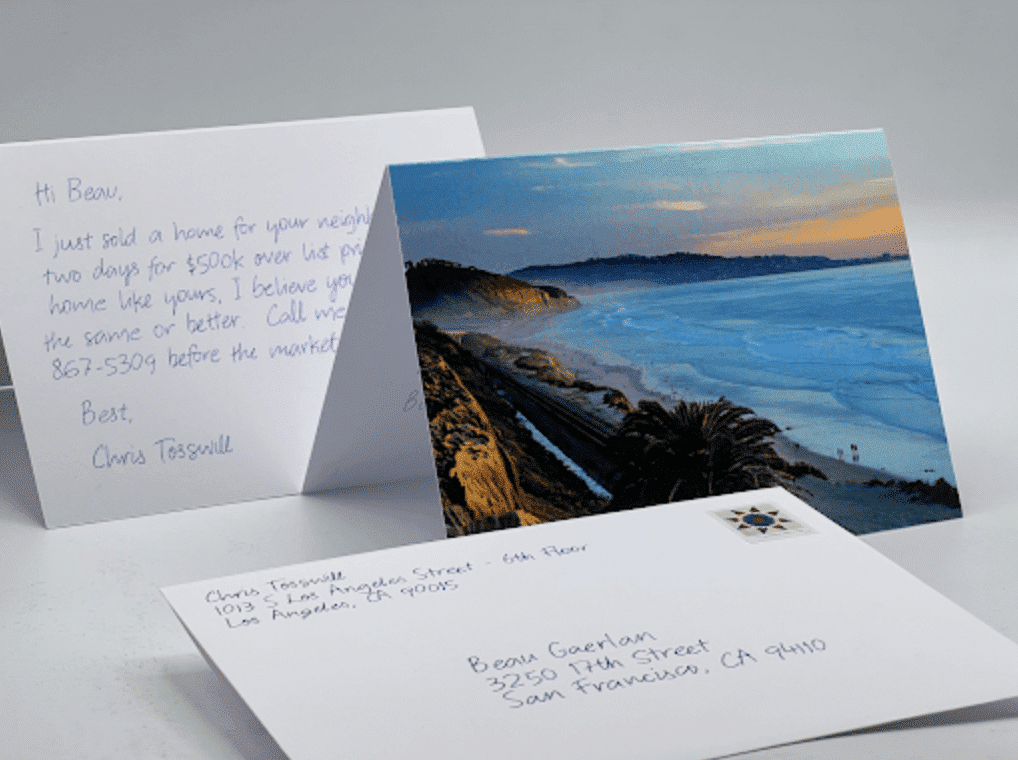
While not technically a postcard, few things are as impactful as a handwritten note — especially after a closed sale! 
 . They grab attention and leave a lasting impression. Sending personal notes to vendors, cooperating agents, and past clients is a simple yet powerful way to strengthen relationships.
. They grab attention and leave a lasting impression. Sending personal notes to vendors, cooperating agents, and past clients is a simple yet powerful way to strengthen relationships.
That said, writing out every note for a direct mail campaign isn’t practical. Save handwritten messages for high-touch moments like closings, anniversaries, or special milestones to make the most impact without overwhelming your schedule.
The 10 Best Real Estate Marketing Companies for 2025
Frequently asked questions (FAQs)
Who do I send my postcards to?
The best lists are cultivated organically, so don’t feel like you have to send a postcard to everyone you’ve ever met or even everyone within a certain ZIP code. Designing, printing, and mailing postcards isn’t cheap, so build your list strategically over time.
What information do I put on my real estate postcard?
The top priority is your contact information: at a minimum, your name and phone number. Many states have specific requirements for what must appear on postcards, such as a return address for unsolicited mail pieces and — in the case of real estate-related marketing — brokerage information, location, and license numbers. Be sure to double-check the legal requirements in your state and your association before sending your postcards to avoid legal headaches.
What is a CTA on a real estate postcard?
A call to action (CTA) describes what you want the recipient of your mailer to do after they read your message. Encourage the reader to take action, whether to give you a call to discuss home prices, put the football game schedule on the fridge, or remember you’d appreciate their referrals. It doesn’t have to be complicated, so don’t overthink it.
What design elements are important on a real estate postcard?
First and foremost, a compelling headline that stops your reader in their tracks is a good idea. Couple your eye-catching headline with big, bold imagery. Postcards are a visual medium, and even if your message is delivered in the text, you need to catch your recipient’s eye as they open the mailbox. You only have seconds, so make your design count!
Should I include a headshot on my postcards?
Yes, I recommend including a recent headshot. That way, you leave no doubt who is behind the message that your audience is enjoying. Plus, it helps establish a relationship with your readers. Make sure to smile in your headshot — smiles generate positive feelings!
What about the NAR disclaimer?
The National Association of Realtors’ Code of Ethics[1] prohibits the solicitation of business from buyers or sellers already exclusively represented by a Realtor. You may inadvertently mail postcards to addresses that are currently on the market or to buyers who are already represented by an agent. To avoid the headaches of potential ethics complaints, include the following somewhere on your postcard (very fine print suggested):
“If your property is currently listed with a Realtor and/or you are represented exclusively as a buyer by a Realtor, please disregard this notice. It is not our intention to solicit the offerings of other brokers.”
The post 23 Real Estate Postcard Templates To Generate Leads [+Design Guide] appeared first on The Close.
Investing in real estate leads can be a smart strategy to transform your business and boost your sales. However, not all lead sources are created equal. The best lead generation platforms offer high-quality, targeted leads that align with your market and business goals. In this article, I’ve listed the best places to buy real estate leads, why I chose them, and their standout features.
- Market Leader: Best for monthly guaranteed leads
- Offrs: Best for seller leads
- SOLD.com: Best for preferred agent network and referral leads
- REDX: Best for prospecting leads
- Zillow Premier Agent: Best for buyer leads
- zBuyer: Best for on-demand leads generated via cash offer
- CINC: Best for paid search advertising
- Zurple: Best for digital marketing and automation
The Close’s top picks for best places to buy real estate leads
| Provider | Best for | Starting Monthly Price | Learn More |
|---|---|---|---|
 |
Monthly guaranteed leads | $189 | Visit Market Leader |
 |
Seller leads | $399 | Visit Offrs |
 |
Preferred agent network and referral leads | Free to join; you’ll pay referral fees | Visit SOLD.com |
 |
Prospecting leads | $50 | Visit REDX |
 |
Buyer leads | Depends on the market; around $300 to $1,000 | Visit Zillow Premier Agent |
 |
On-demand leads generated via cash offer | $400 minimum spend | Visit zBuyer |
 |
Paid search advertising | $900 | Visit CINC |
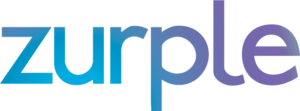 |
Digital marketing and automation | $149 | Visit Zurple |
Market Leader: Best for monthly guaranteed leads
| Pros | Cons |
|
|
Market Leader starting monthly prices
- Professional for Agents: $189 + $30 to $50 per lead (for one user only)
- Market Leader Teams: $329 + $30 to $50 per lead (up to 10 users)
- Market Leader Business Suite: Custom
- Network Boost: $300 for 30 leads (must purchase Professional for Agents or Teams)
Why I chose Market Leader
Market Leader has a long-standing reputation and a proven real estate lead generation track record. It’s ideal for agents who have calculated their conversion rates and have a healthy budget. These agents know how to buy real estate leads and how many leads they need each month to make paid lead generation profitable. Consequently, Market Leader makes that possible with its lead guarantee, ensuring agents get the expected results.
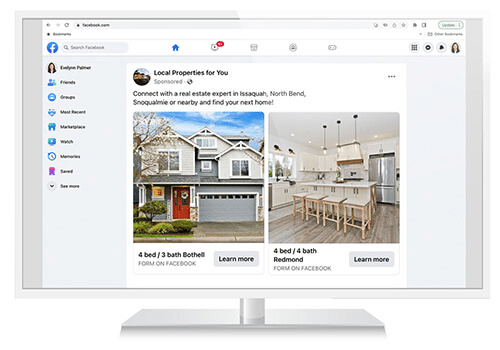
Additional features
- Network Boost: If you want to increase your pipeline, you can use Market Leader’s Network Boost, which can give you an estimated volume of 30 leads for $300 per month.
- HouseValues: Market Leader’s HouseValues provides homeowners with free home valuations and captures their contact information. These seller leads are then given to agents so they can proactively connect with potential sellers early in their decision-making process.
Offrs: Best for seller leads
 |
|
|---|---|
| Pros | Cons |
|
|
Offrs starting monthly prices
- 10 cents per month for each lead
- $400 per month for leads in one ZIP code
- $800 per month for exclusive leads in one ZIP code
- RAIA (AI-powered lead conversion): $499
- Premium: $799
- Premium + ISA: $1,199
Why I chose Offrs
Offrs is one of the best places to purchase real estate leads because it uses predictive analytics to identify homeowners most likely to sell, offering high-quality, targeted leads. Its Smart Data feature analyzes over 200 data points to ensure agents receive leads with a high probability of conversion.
Offrs is the only predictive analytics company that guarantees a certain number of leads: 30 leads per month in your targeted ZIP code and 90 leads within five ZIP codes if you upgrade to the premium package. Offrs is great for agents because these leads are targeted at sellers who are ready to list. And you know what they say—leverage those listings to get even more leads.

Additional features
- ROOF lead platform: ROOF is a great feature that acts as an inside sales agent (ISA). ROOF will contact, qualify, and convert your leads to be ready for you. One of the biggest points in buying real estate leads is ensuring you can follow up and convert. This feature solves that pain point.
- RAIA (AI chatbot): Offrs’ RAIA (real estate artificial intelligence advisor) uses SMS and email to qualify leads. It leverages advanced AI to predict homeowner selling behavior, offering agents accurate leads.
SOLD.com: Best for preferred agent network and referral leads
| Pros | Cons |
|
|
SOLD.com monthly starting prices
- Signing up on SOLD.com is free, but agent referral fees (or a percentage of your commission) are undisclosed as of this writing.
Why I chose SOLD.com
SOLD.com is one of The Close’s recommended pay-at-closing real estate lead companies. It connects agents with motivated buyers and sellers and uses data-driven insights and proprietary algorithms to match you with serious clients.
You create your profile, set your preferences for leads, and convert the leads you’re sent. However, I’ve seen some reviews stating that if an agent is new and signs up, they may not see many leads. So if you’re a new agent, I’d recommend signing up, but don’t expect a flood of leads to come your way.
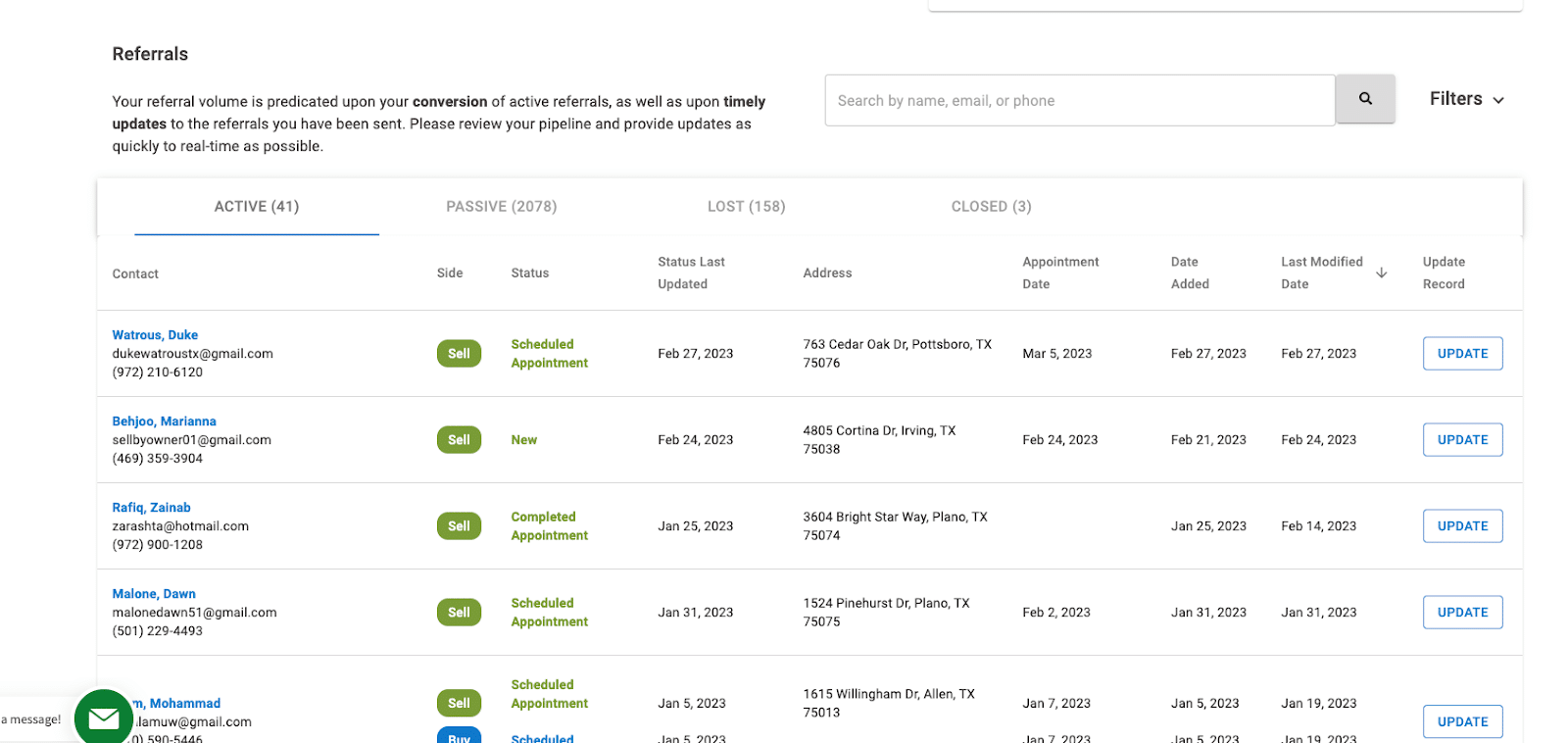
Additional features
- Agent portal: Upon logging in, agents can view their wins, losses, and the number of their SOLD.com leads. They can also check their agent ranking within their ZIP codes and explore opportunities to boost their rankings and get more referrals.
- Marketplace: As members of SOLD.com’s referral network, agents can access vendor offers in the Marketplace. These offers include discounts, educational resources, and sales performance incentive funds (SPIFs).
REDX: Best for prospecting leads
| Pros | Cons |
|
|
REDX monthly starting prices
- Expired leads: $69.99
- GeoLeads: $69.99
- FSBO leads: $49.99
- FRBO leads: $59.99
- Pre-foreclosure: $49.99
- Ad builder: $49.99
- Brand Builder Social Video Edits: $267
- Brand Builder UNLIMITED: $899
- Brand Builder Social Management: $699
- Power dialer products: $59
- Vortex: Free with any subscription
Why I chose REDX
REDX is an outbound real estate lead marketing system that provides data on property details, FSBO and expired listings, and contact information for buyers and sellers. This data is organized in VORTEX, its customer relationship manager (CRM), to help agents in their outbound prospecting.
REDX is ideal for budget-conscious agents who invest time in phone or door-knocking. Success with REDX requires consistent effort and a proactive approach to lead gen. So, if you’re going with REDX, practice your cold-calling scripts and have your CRM handy.
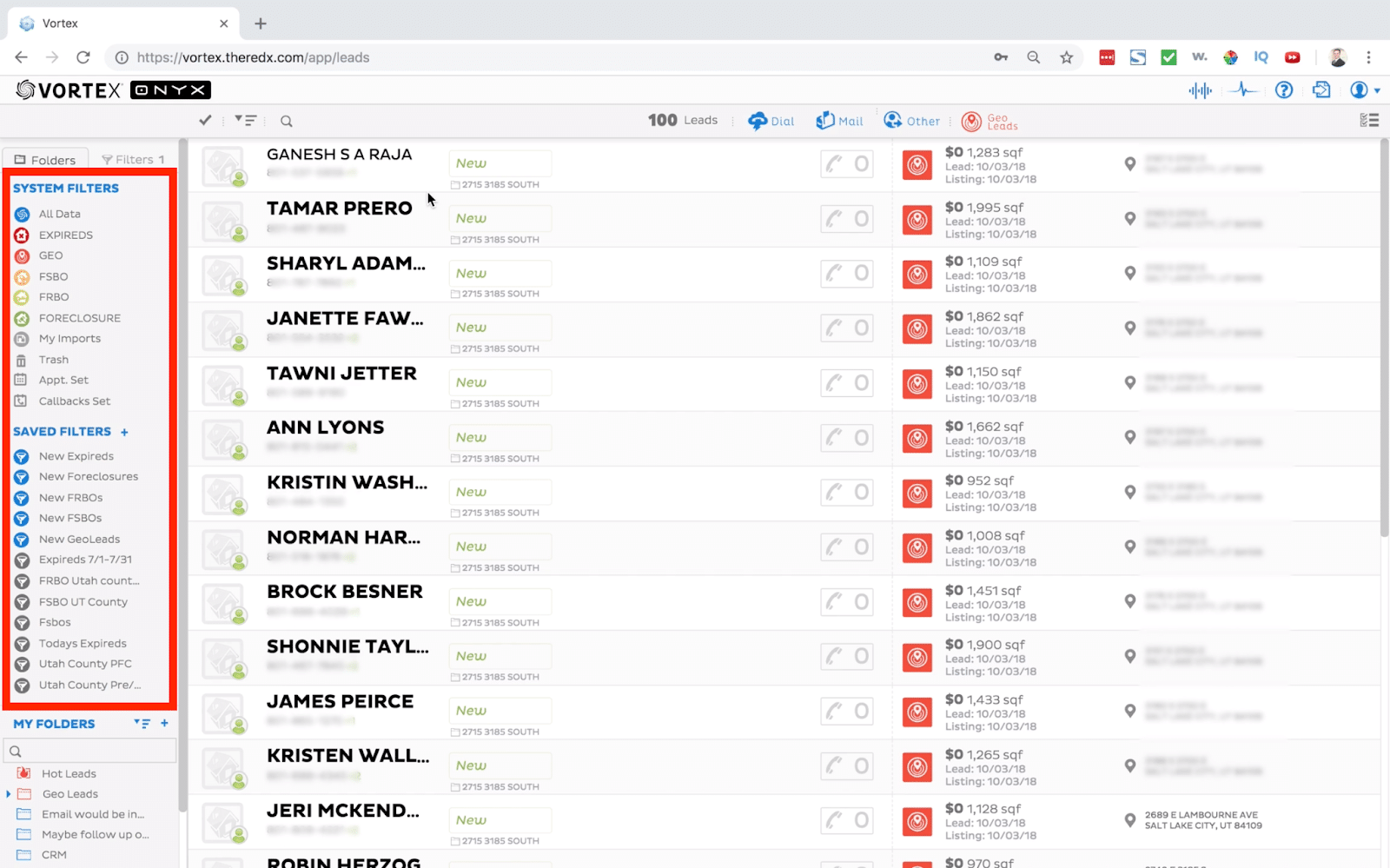
Additional features
- Power Dialer: The Power Dialer helps agents connect with more prospective clients by automating the dialing process, saving time, and increasing efficiency. It has up to four lines so that you can make the most of your prospecting calls.
- Ad Builder: For only $49.99, REDX’s Ad Builder simplifies creating and managing social media ads for agents. It customizes the audience who’ll see ads, ensuring their brand is seen by homeowners likely to sell.
Zillow Premier Agent: Best for buyer leads
 |
|
|---|---|
| Pros | Cons |
|
|
Zillow Premier Agent monthly starting prices
- Price starts at about $1,000 for major metro markets
- For markets outside of major metros, Premier Agents pay between $300 and $500
Why I chose Zillow Premier Agent
Zillow Premier Agent (ZPA) should be on your radar if you want more buyer leads in real estate. Zillow puts ads for Premier Agents right next to property listings on its site. When someone picks you, they fill out a quick form with their contact info, and then Zillow sends that info your way.
Most of these leads are going to be buyers who are near the top of the funnel. Becoming a ZPA widens your reach, as you’ll receive premium placement on Zillow and its network sites like Trulia, StreetEasy, and RealEstate.com.

Additional features
- Third-party CRM integrations: ZPA integrates with multiple CRMs, such as Top Producer, Follow Up Boss, and Lofty, enabling agents to manage and nurture leads seamlessly.
- Training resources: ZPA provides training resources for agents, including courses and guides to enhance lead generation and client management skills. These resources help agents utilize Zillow’s tools effectively and improve business performance.
zBuyer: Best for on-demand leads generated via cash offer
 |
|
|---|---|
| Pros | Cons |
|
|
zBuyer monthly starting prices
- $400 per month minimum (leads cost between $12 and $17 each)
- $12 per lead for buyer leads
- $15-$17 per lead for seller leads (price range is based on county and availability)
- No contract or startup fees
Why I chose zBuyer
zBuyer maintains a solid commitment to customer satisfaction that some of the larger software companies can’t match. It has an excellent track record of supplying valuable, verified leads by targeting potential sellers’ interest in cash offers and directing them to HousingNow.com. The site is similar to Zillow, where buyers can browse listings—after inputting their contact information.
What makes zBuyer different is its process of verifying leads for realtors to ensure they are ready to transact. While the leads aren’t exclusive, zBuyer only shares each with a maximum of six agents. So, if an area has that many agents already active, it will be sold out.
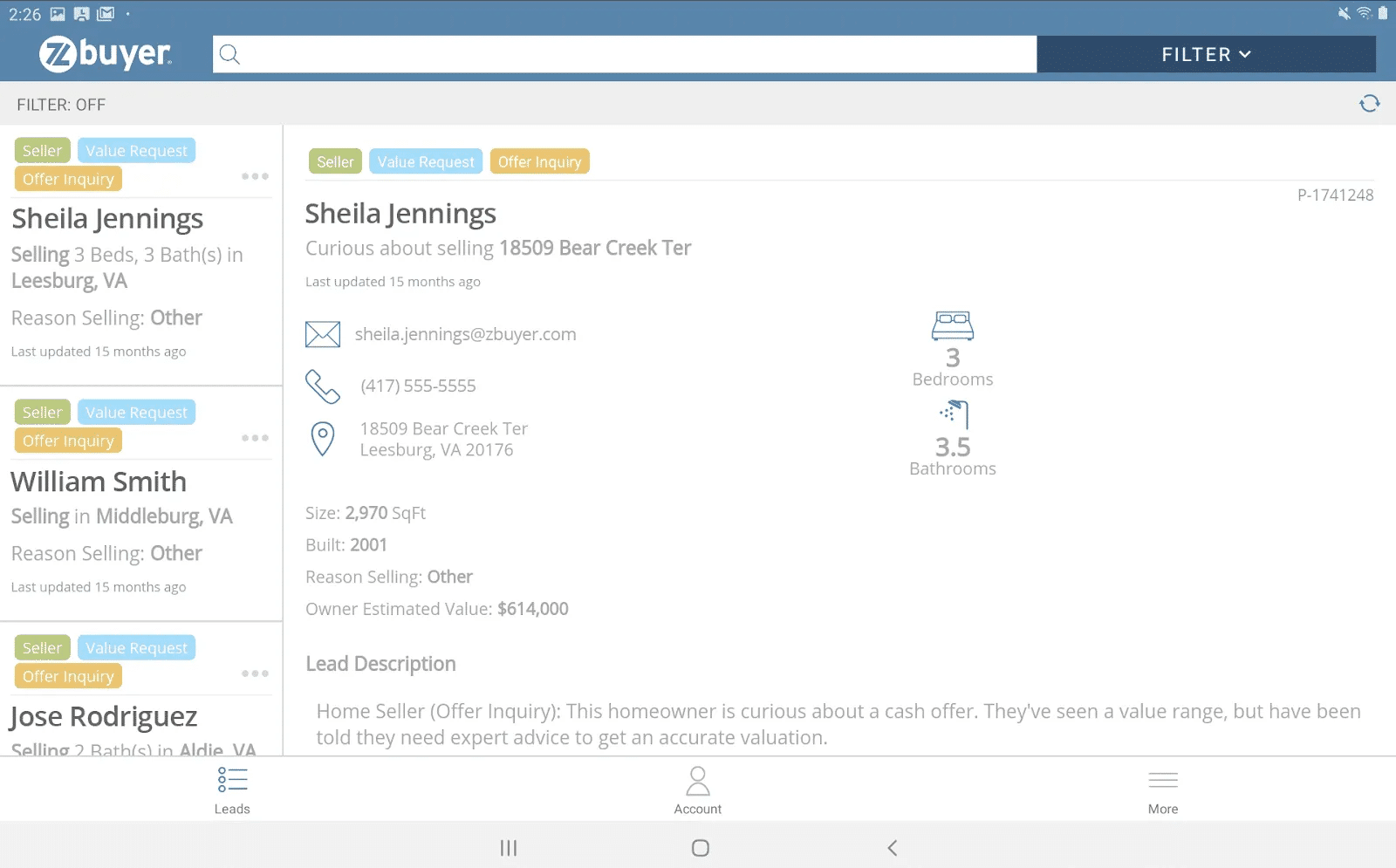
Additional features
- Lead count guarantee: When you sign up with zBuyer, you can select the monthly number and type of leads you want to receive, such as 20 real estate buyers leads and 15 seller leads. If these numbers aren’t met, zBuyer will provide additional leads or adjust the price for the following month to ensure you reach your target.
- Lead replacement: zBuyer ensures agents receive a replacement for every bad lead, maintaining the value of their investments. This extra layer of security allows agents to focus on engaging with viable prospects.
CINC: Best for paid search advertising
| Pros | Cons |
|
|
CINC monthly starting prices
- $899 for single agents
- $1,299 for teams
Please contact a CINC sales rep for more details about pricing for the Guaranteed Sales Program and additional advertising promotions available to new clients.
Why I chose CINC
CINC is an excellent platform to buy leads in real estate, as it uses Google and Meta to generate leads via hyper-local advertising done for you by the CINC team. Instead of only advertising, CINC funnels leads directly into its proprietary system using paid search, remarketing campaigns, and cash offer ads.
This approach ensures potential clients are reached and directed into a streamlined management system. If you already have a solid digital footprint, I’d recommend investing in CINC, which can widen your reach even more.
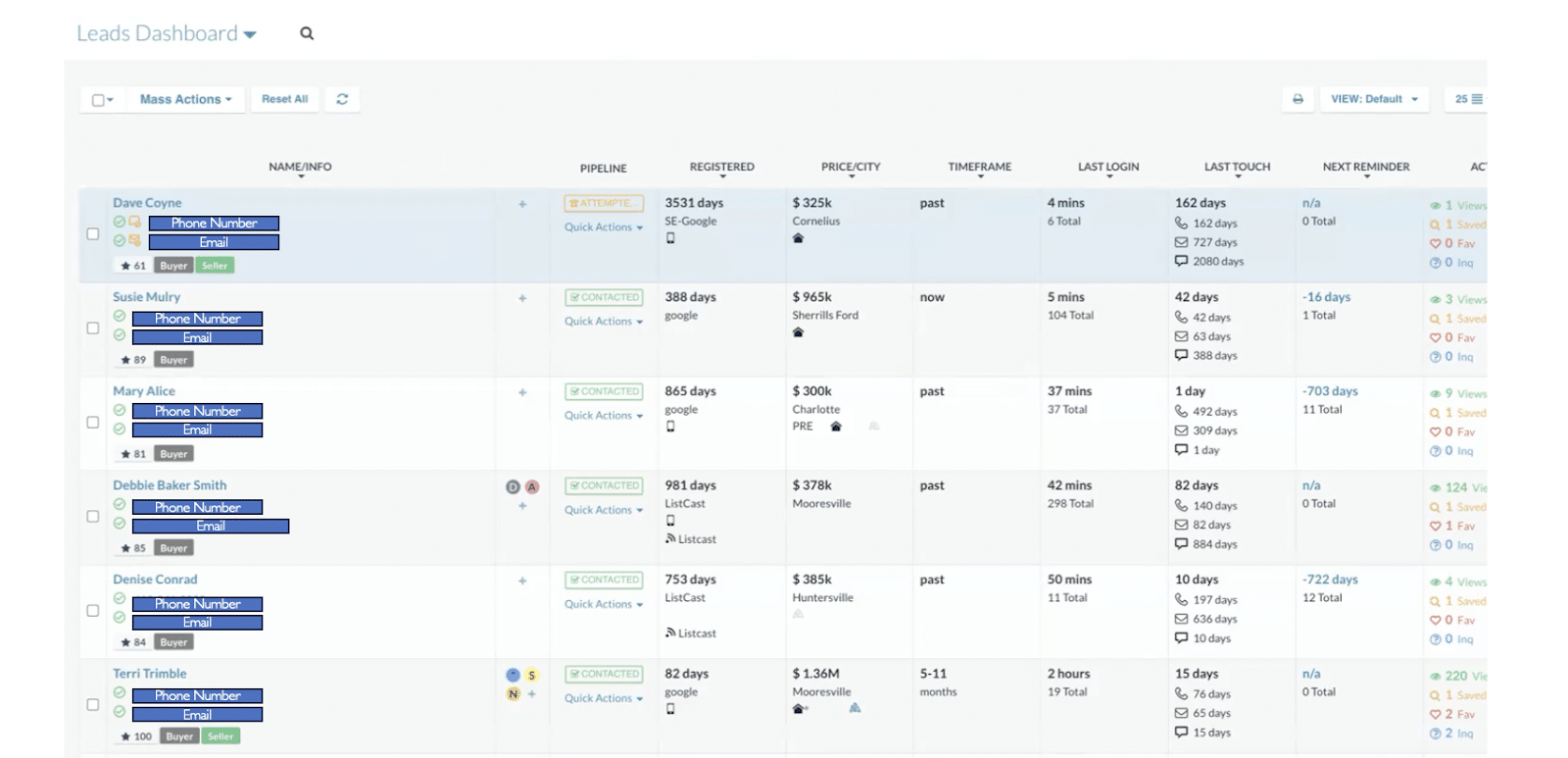
Additional features
- CRM and mobile app: The CRM and mobile app are top-notch, and with artificial intelligence (AI), CINC nurtures and responds to your leads 24/7, no matter when they engage with your ads. That way, you can always ensure you take care of your leads promptly and automatically.
- Alex (CINC AI bot): Alex engages with leads by sending personalized messages, streamlining communication, and enhancing lead conversion rates. It’s available 24/7, ensuring timely responses to potential clients.
Zurple: Best for digital marketing and automation
 |
|
|---|---|
| Pros | Cons |
|
|
Zurple monthly starting prices
- Basic package: $309
- Auto Leads: $448
- Additional sites: $100 per month, per site
- Pipeline Boost: $609
- Auto Leads (add-on): $25 to $35 per lead
- Pipeline Boost (add-on): $300 for 30 leads
Why I chose Zurple
Zurple is another place to purchase real estate leads. It generates leads using community-specific landing pages that capture contact information in exchange for home valuations or IDX searches.
If you’re a tech-savvy agent seeking robust analytics, Zurple might be your ideal fit. Its seamless integration with Facebook and Google Ads can benefit agents with a strong online presence. Additionally, Zurple’s automatic follow-up tools make it an excellent choice for agents not using their CRM to its highest potential.
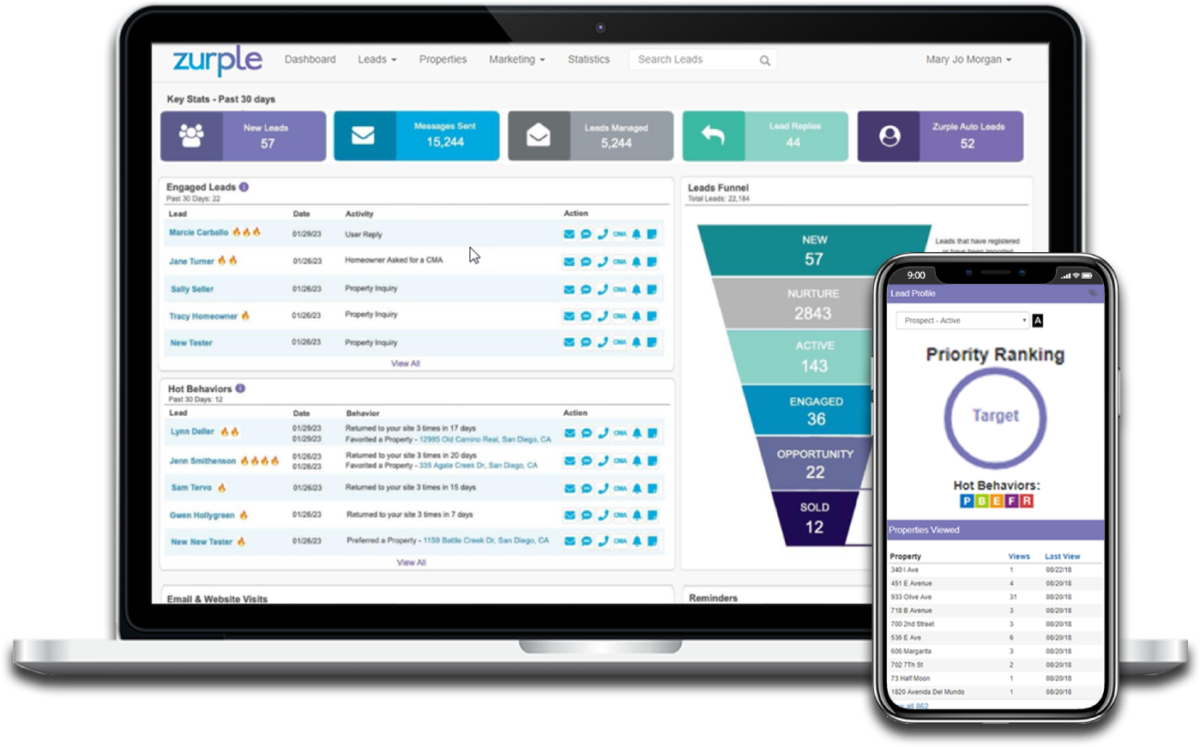
Additional features
- Lead-capturing websites: Zurple’s customizable IDX websites showcase current MLS listings and property search features. They include lead capture tools such as forms for scheduling showings and home valuations, turning visitors into potential clients.
- Pipeline Boost: It is a cost-effective solution for agents to grow their databases through expert-managed Instagram and Facebook ad campaigns. It generates targeted real estate buyer leads for realtors and engages them with personalized email and text messages.
Frequently Asked Questions (FAQs)
What is the best platform to get real estate leads?
Market Leader is our top platform for purchasing real estate leads, mainly because it guarantees a certain number of exclusive leads each month. However, the best lead gen platform depends on your budget and preferences.
Is it worth it to pay for leads?
Paying for leads is worth it if they are high quality and you have a solid follow-up system. Buying leads can provide a consistent flow of potential clients. However, you’re responsible for evaluating the cost per lead and conversion rates to ensure a good return on investment.
Is it worth it to buy leads on Zillow?
Buying leads on Zillow can be beneficial because of the Zillow network’s broad reach among homebuyers and sellers. Its platform, Zillow Premier Agent, boosts the visibility of agents’ profiles, allowing you to get more leads than non-Premier agents. However, it can be costly for newer agents. So ensure you’re extra diligent with following up to convert your leads.
Methodology: How I chose the best places to buy real estate leads
Our expert researchers, agents, writers, and editors at The Close evaluated dozens of lead generation companies to find the best places to buy real estate leads. We analyzed each platform and based our top choices on the following criteria:
- Pricing: We looked at the average price per lead for buyer and seller leads, exclusive leads, subscription costs, the minimum required ad spend, and whether a contract is required.
- General features: This category covers the main features of each lead generation company. This includes lead-capture tools, lead management, built-in CRM, multiple integrations, mass marketing tools, analytics and reporting tools, and IDX websites.
- Advanced features: Do these lead gen companies offer advanced features? Some notable advanced functionalities include lead scoring, lead nurturing, team distribution, scripts, and AI tools.
- Reputation: I assessed each lead generation company’s reputation by considering feedback from verified users.
Read more about our methodology here.
Your take
Getting paid real estate leads isn’t the only strategy for success in the industry, but it is an essential part of your business development. Where do you buy your leads? Did your favorite make it to our list? Let us know in the comments!
The post The 8 Best Places to Buy Real Estate Leads in 2025 appeared first on The Close.
12 Mar, 2025 | Admin | No Comments
12 Best Real Estate Apps for Agents in 2025
With countless real estate apps on the market today, it’s hard to know which ones are actually worth your time (and phone storage!). So, I did the homework for you! I researched, tested, and narrowed it down to the 12 best apps for real estate agents; these apps will help you stay organized, market more efficiently, and close more deals.
The Close’s top picks for best real estate apps
| Our Top Picks | Best For | Starting Price | Learn More |
|---|---|---|---|
| Lead generation | Free with Zillow Premier Agent membership | Zillow Premier Agent ↓ | |
| Open houses | Free | Curb Hero ↓ | |
| Home valuations | Free for National Association of Realtors (NAR) members | RPR ↓ | |
| Commercial real estate listings | Free | LoopNet ↓ | |
| DIY 3D tours | Free with a $400 Pivo Pro device | Pivo Tour ↓ | |
| DIY design and marketing templates | Free; Subscription starts at $9.99 | Canva ↓ | |
| Video messaging | $33 per month | BombBomb ↓ | |
| Organizing files and data | Free; Subscription starts at $10 | Notion ↓ | |
 |
Transaction management | $31.99 per month | Dotloop ↓ |
| Realtor safety | $20 per month | Forewarn ↓ | |
| Social media on-the-go | $39 per month | Agent Crate ↓ | |
 |
Agent coaching and goal-setting | $39 per month for agents; $459 for teams | Agently ↓ |
1. Zillow Premier Agent
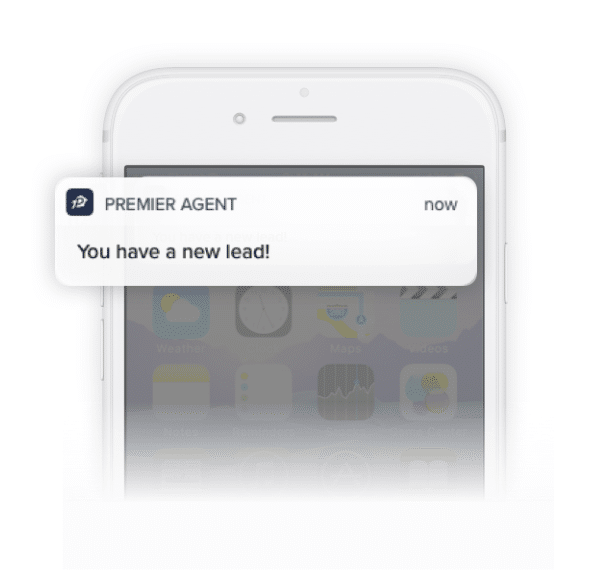
-

Best for:
Lead generation -

Cost:
Free with Zillow Premier Agent membership -

Favorite feature:
Built-in CRM and automated digital advertising -

Available on:
Zillow is a powerhouse in the real estate world, especially when it comes to lead generation for agents. Sure, Zestimates can be hit or miss, but there’s no denying that millions of potential buyers flock to Zillow every day.
Becoming a Zillow Premier Agent lets you tap into an enormous pool of local, targeted leads. Plus, its app has a surprisingly robust customer relationship manager (CRM), allowing you to import leads, set up tasks, and automate texts and emails.
2. Curb Hero
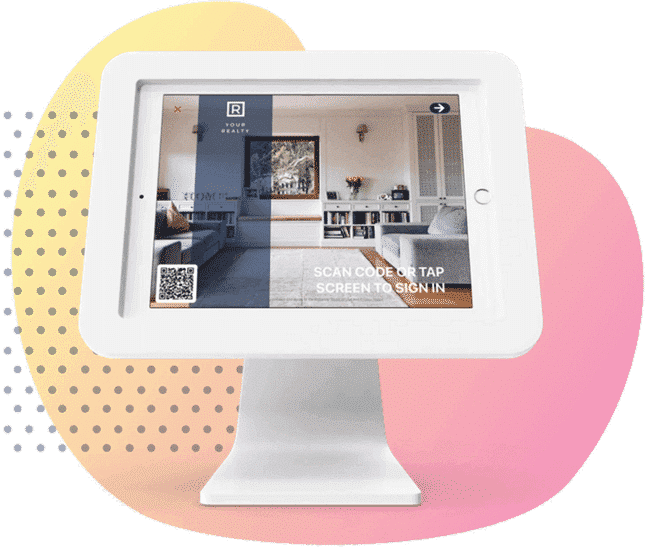
-

Best for:
Open houses -

Cost:
Free -

Favorite feature:
QR-code sign-in forms; integrations with 6,000+ CRMs -

Available on:
Curb Hero is one of The Close’s best open house apps. It lets you create sleek open house digital sign-in sheets customized with your branding. These sheets are perfect for capturing visitors’ information for effortless follow-ups.
But it’s more than just a sign-in app — it gives you real-time data and analytics on your open house performance. Plus, the app integrates with most CRMs, allowing you to manage your leads easily after your event.
3. RPR (Realtors Property Resource)
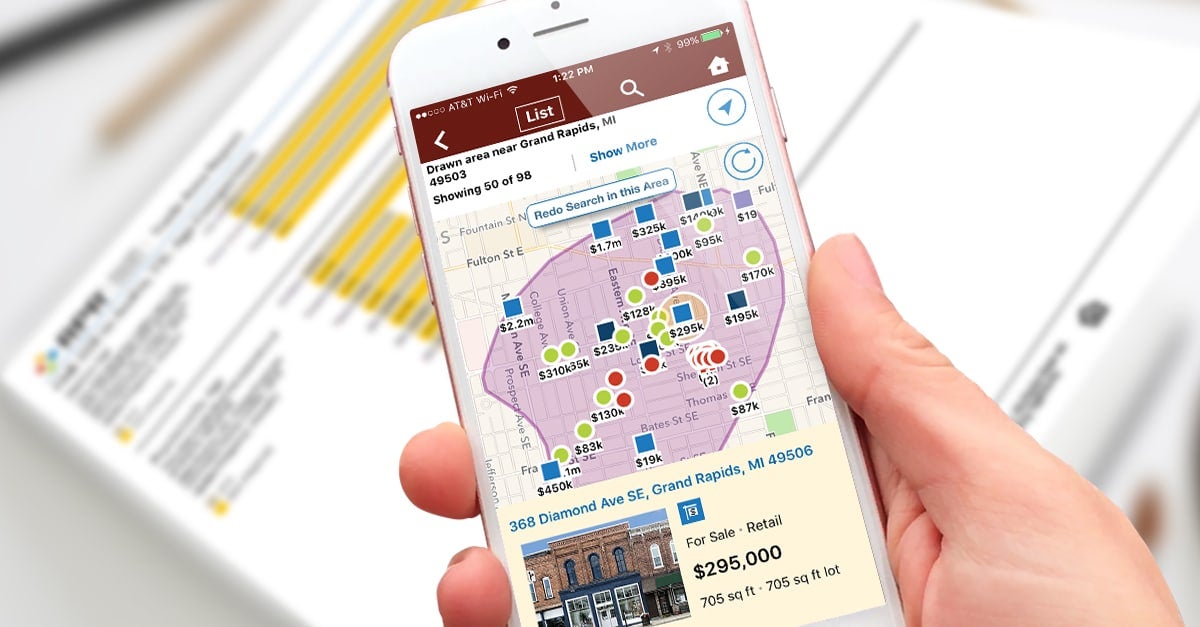
-

Best for:
Home valuations -

Cost:
Free for NAR members -

Favorite feature:
In-depth property reports and neighborhood demographics -

Available on:
RPR (Realtors Property Resource) is a game-changer for NAR members, especially since it’s free. It’s packed with tools, including an in-depth property report and an Automated Valuation Model (AVM) that rivals how experienced agents do comparative market analysis.
You’ll get insights on home ownership history, mortgage info, neighborhood demographics, and market trends. The app also has GPS-enabled driving directions and instant property and market data access.
4. LoopNet
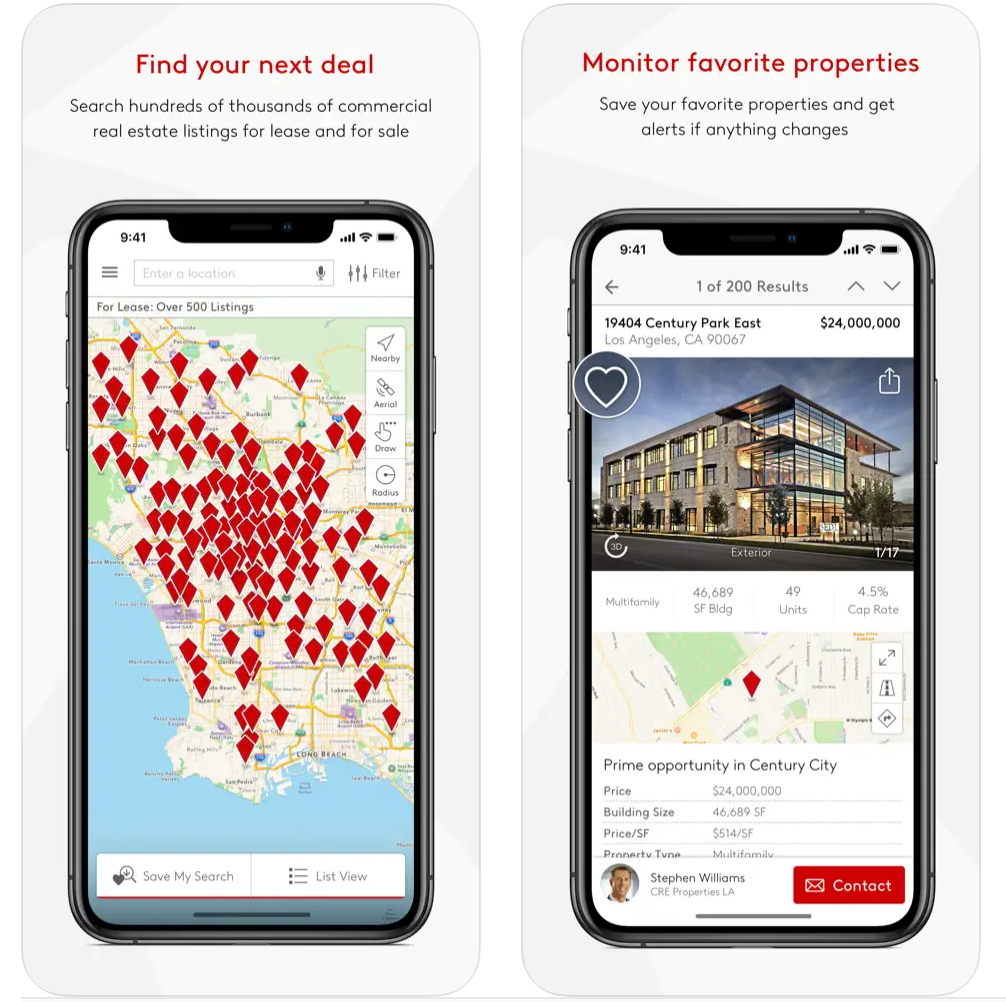
-

Best for:
Commercial real estate -

Cost:
Free -

Favorite feature:
Comprehensive property insights; map-based search feature -

Available on:
LoopNet is the premier online commercial real estate marketplace. It offers many tools and resources to help you access a vast network of potential buyers, sellers, and investors. It boasts over half a million listings, including industrial and multifamily properties.
Its tools provide insights into property values, rental rates, and market conditions in specific areas or asset types. If you’re looking to scale your business, LoopNet is a must-have app.
5. Pivo Tour
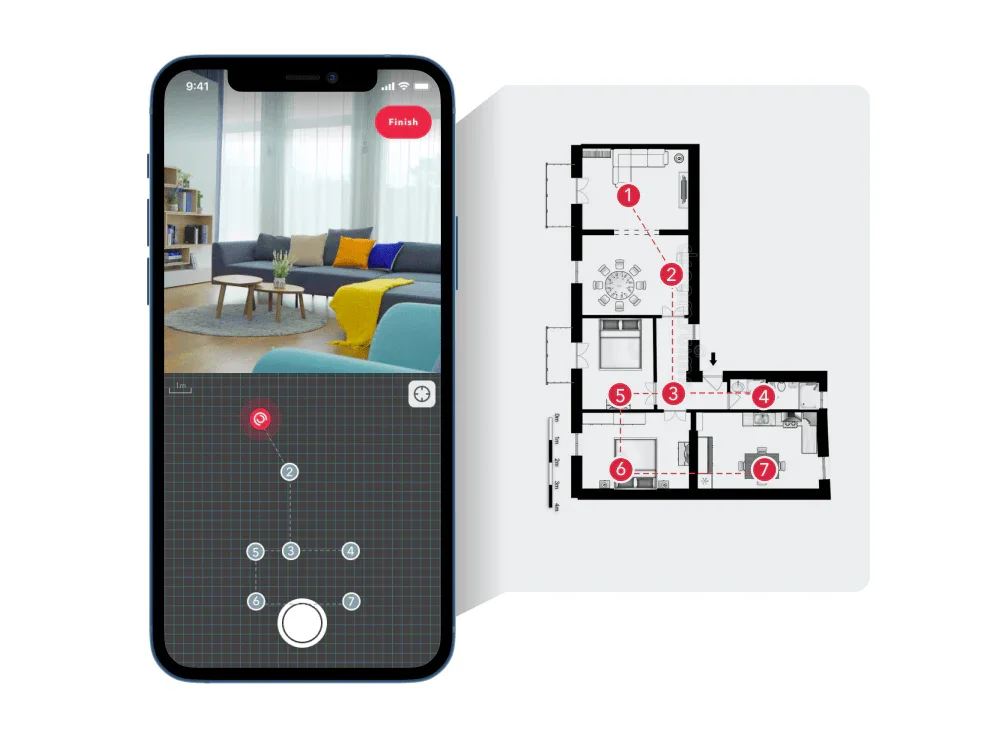
-

Best for:
3D tour videos -

Cost:
Free with a $400 Pivo Pro device -

Favorite feature:
Unlimited captures and AI-powered motion-tracking -

Available on:
Pivo is one of the best apps for real estate agents looking to create virtual home tour videos. It combines an AI-driven motion-tracking camera with a high-quality photo editing app, making it easy to create videos for open houses and new listings.
The system costs $400 as a one-time purchase and includes the Pivo phone holder, tripod attachment, and a remote. Compared to pricier 3D tour services like Matterport, Pivo can pay for itself with just one listing.
How to Make a Virtual Tour in 6 Easy Steps
6. Canva
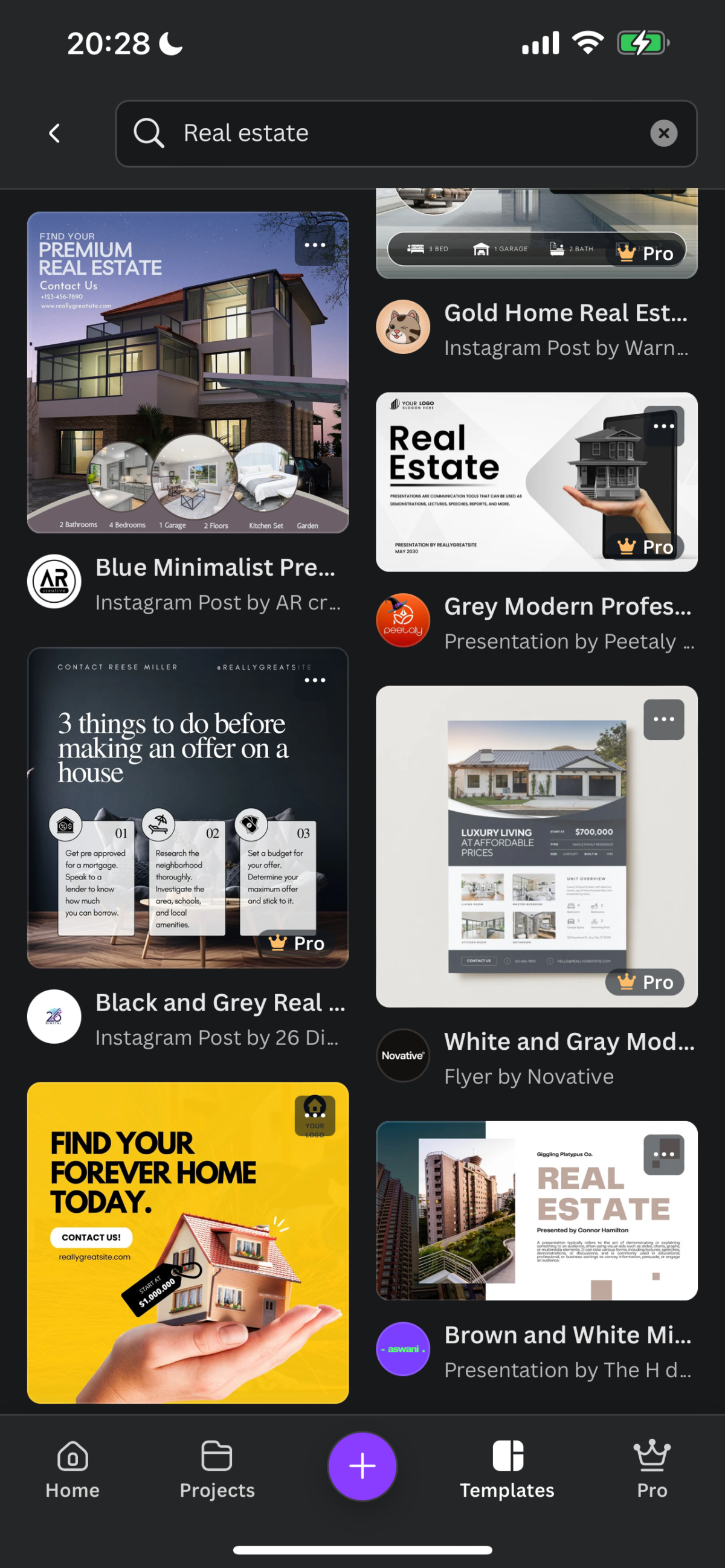
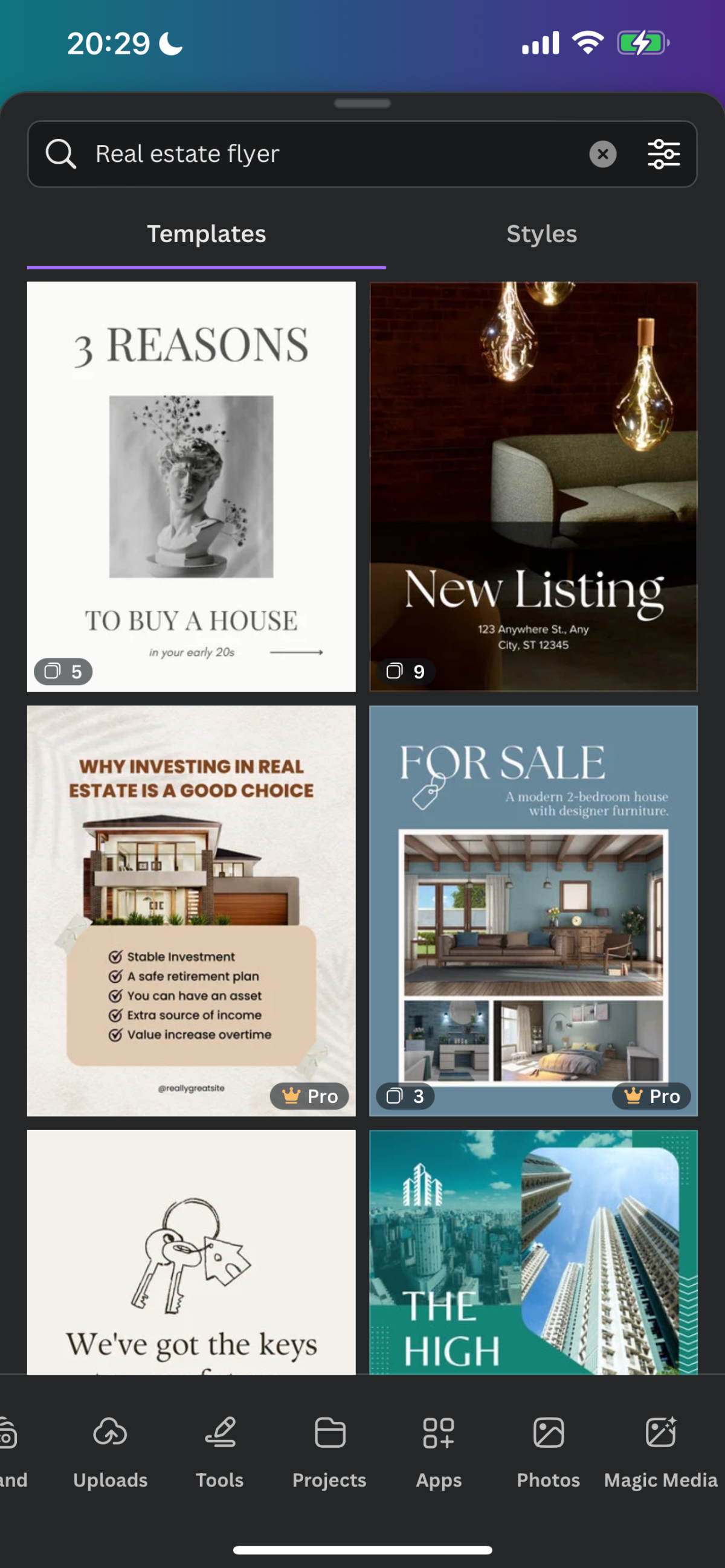
-

Best for:
DIY design and marketing templates -

Cost:
Free; Subscription starts at $9.99 per month when billed annually -

Favorite feature:
In-app mobile editor; lots of free real estate templates -

Available on:
Seriously, who hasn’t heard of Canva these days?! Canva is the most well-known and versatile design platform — a must-have for all your real estate marketing materials. Its user-friendly interface and massive template library let you quickly whip up social media posts and edit real estate videos. It even has real estate-specific icons, stock photos, and prefilled templates to streamline your workflow.
Looking for video editing software? Check out the Close’s roundup of the best real estate video editing software for some curated options.
7. BombBomb

-

Best for:
Video messaging -

Cost:
Subscription starts at $33 per month -

Favorite feature:
Unlimited recording length; custom branded videos -

Available on:
BombBomb is one of those top-rated real estate apps that makes video marketing seamless. It helps agents connect with leads in a more personal way. The app compresses your videos so they’re easy to send via text or email.
While it’s not real estate-specific, its seamless email marketing integrations make it a favorite among agents. If you’re looking for the most powerful platform to harness the power of video marketing, BombBomb is a stellar choice.
8. Notion

-

Best for:
Organizing files and data -

Cost:
Free; Subscription starts at $10 -

Favorite feature:
Unlimited file uploads; custom websites and automation -

Available on:
Notion is an incredibly versatile tool for organization and productivity that lets you customize your workspace to fit your needs. Whether you’re managing transactions or tracking leads, Notion’s system helps keep everything in one place.
It integrates with tools like Google, Slack, Trello, and Dropbox. Agents can use databases, project boards, and task management tools to stay on top of every deal.
9. Dotloop
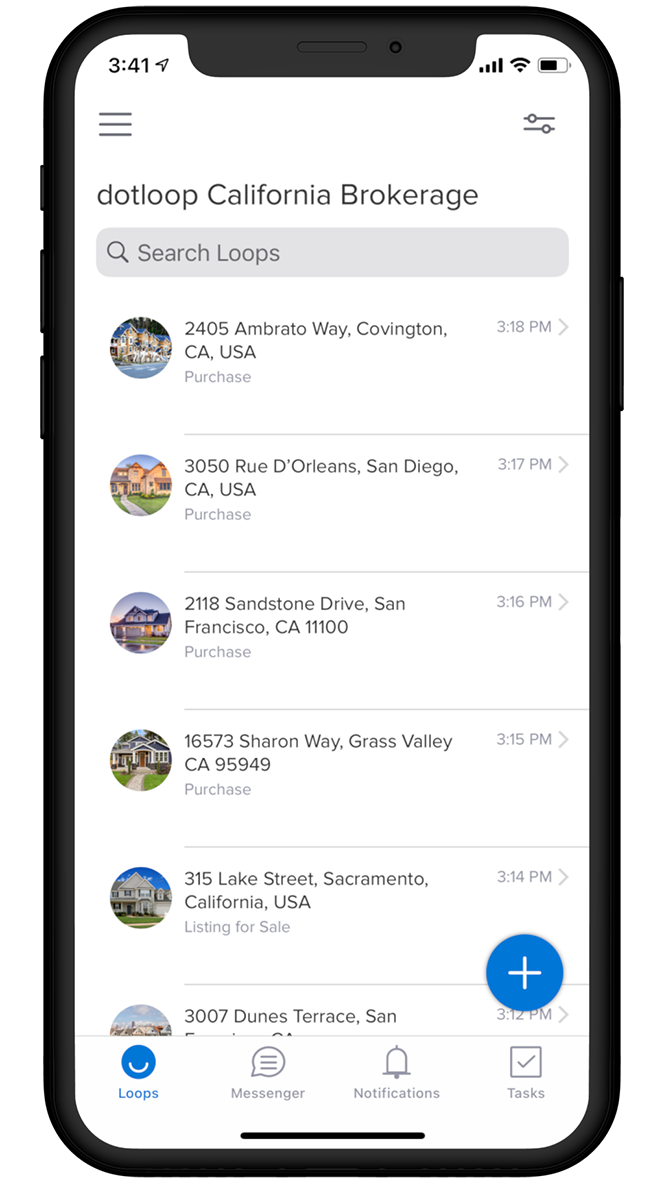
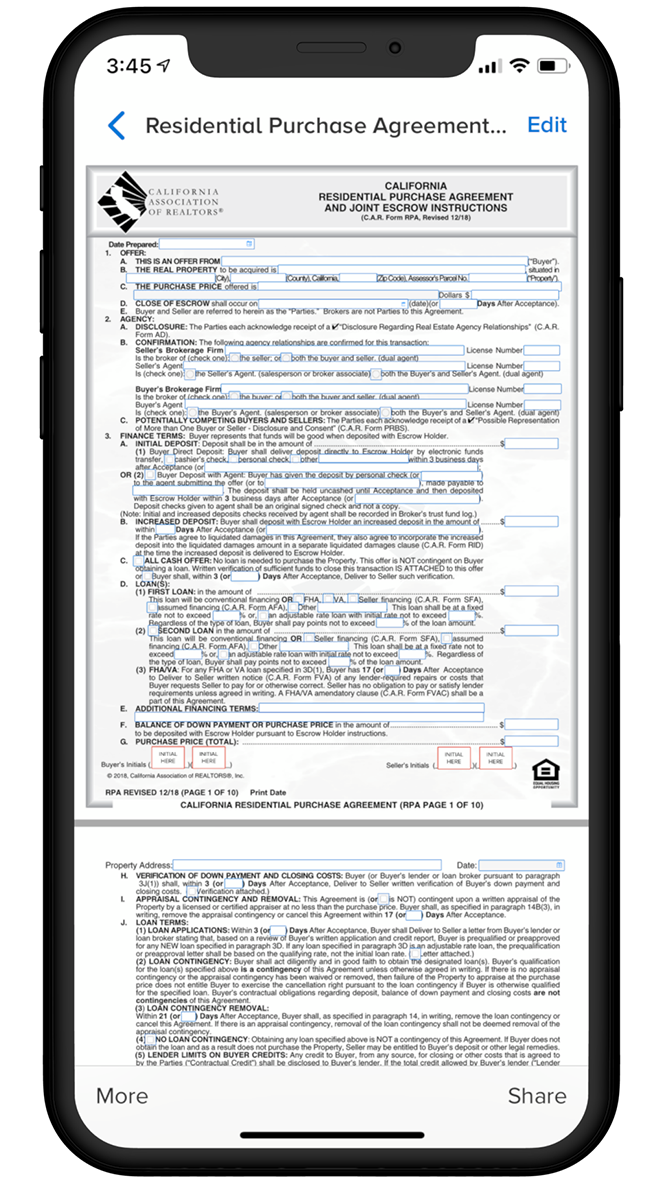
Manage transactions and modify real estate contracts anytime
-

Best for:
Transaction management -

Cost:
$31.99 per month for agents -

Favorite feature:
Document scanner, clause manager, and audit trail -

Available on:
Dotloop makes transaction management a breeze, keeping all your documents, e-signatures, and contracts in one easy-to-use platform. No more chasing paperwork — everything’s centralized for easy collaboration with clients and teammates. If you’re tired of the back-and-forth and want to save time, download the Dotloop app on your phone. We strongly recommend it — in fact, it’s in our list of the best real estate transaction management software.
10. Forewarn

-

Best for:
Realtor safety -

Cost:
$20 per month -

Favorite feature:
Verify identities; view criminal histories and financial risks -

Available on:
Realtor safety is non-negotiable, and Forewarn gives you instant background info on potential clients before you meet them. No more waiting days for a report — all you need is a quick search on your phone for key details like criminal history and financial risks.
It’s a simple, no-fuss way to vet strangers and add more security to your business. If you are looking for a reliable, efficient, and easy-to-use tool to protect yourself, Forewarn is worth checking out.
Honorable Mentions
I came across some cool real estate software that works perfectly on mobile, although they don’t have a dedicated mobile app (yet!). But here’s an insider trick: you can save any website to your home screen for an app-like experience. Just visit the site, tap the share or menu icon, and select “Add to home screen.” Voila! One-click access anytime.
Here are two of those tools you can use this way:
11. Agent Crate
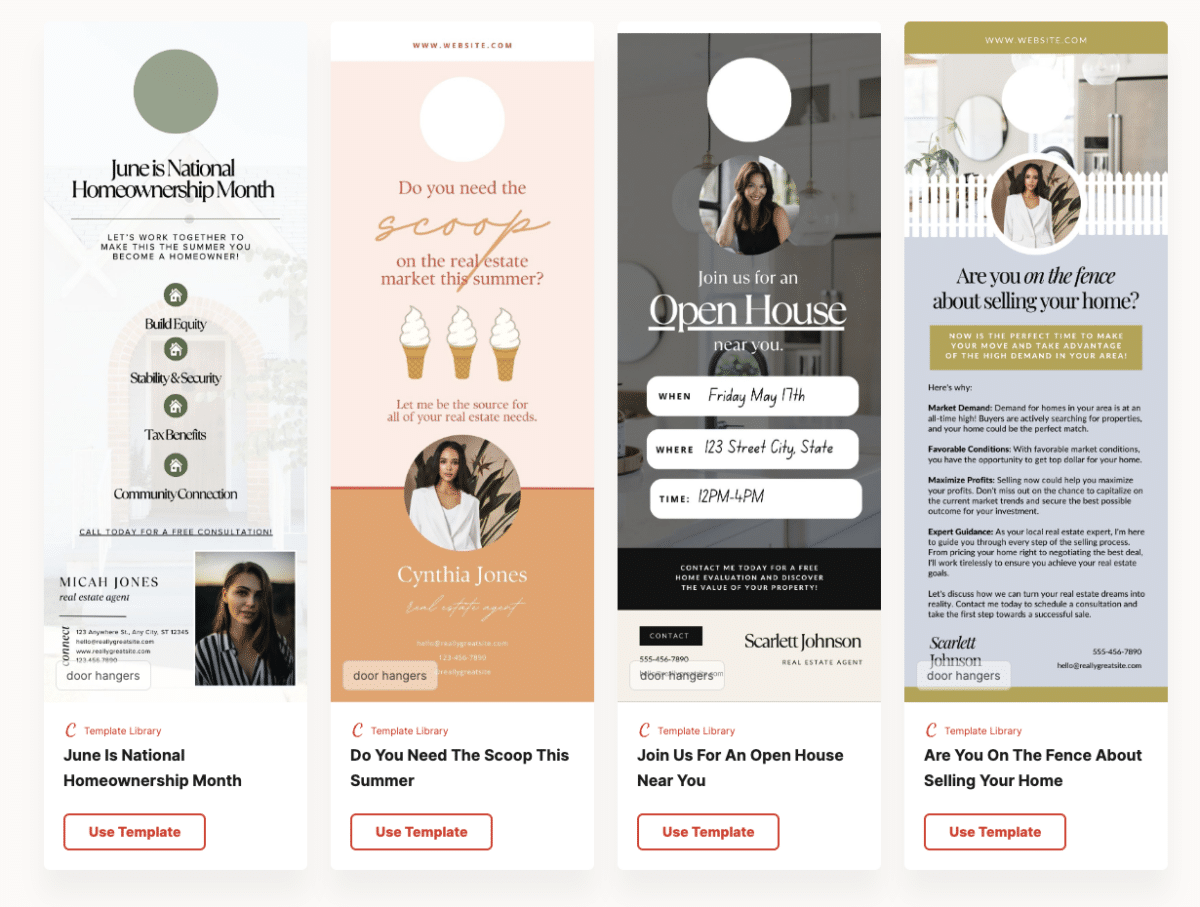
-

Best for:
Social media on the go -

Cost:
Starting at $39 per month -

Key features:
Marketing templates and a design studio that’s great for mobile
Agent Crate takes your social media posting to the next level. It features a vast library of content you can customize to fit your brand colors, logo, and design and post from anywhere. As with many real estate tech trends right now, it has also incorporated AI into its platform, helping you get your posts out even faster. If keeping up with social media feels like a chore, Agent Crate does the heavy lifting.
12. Agently
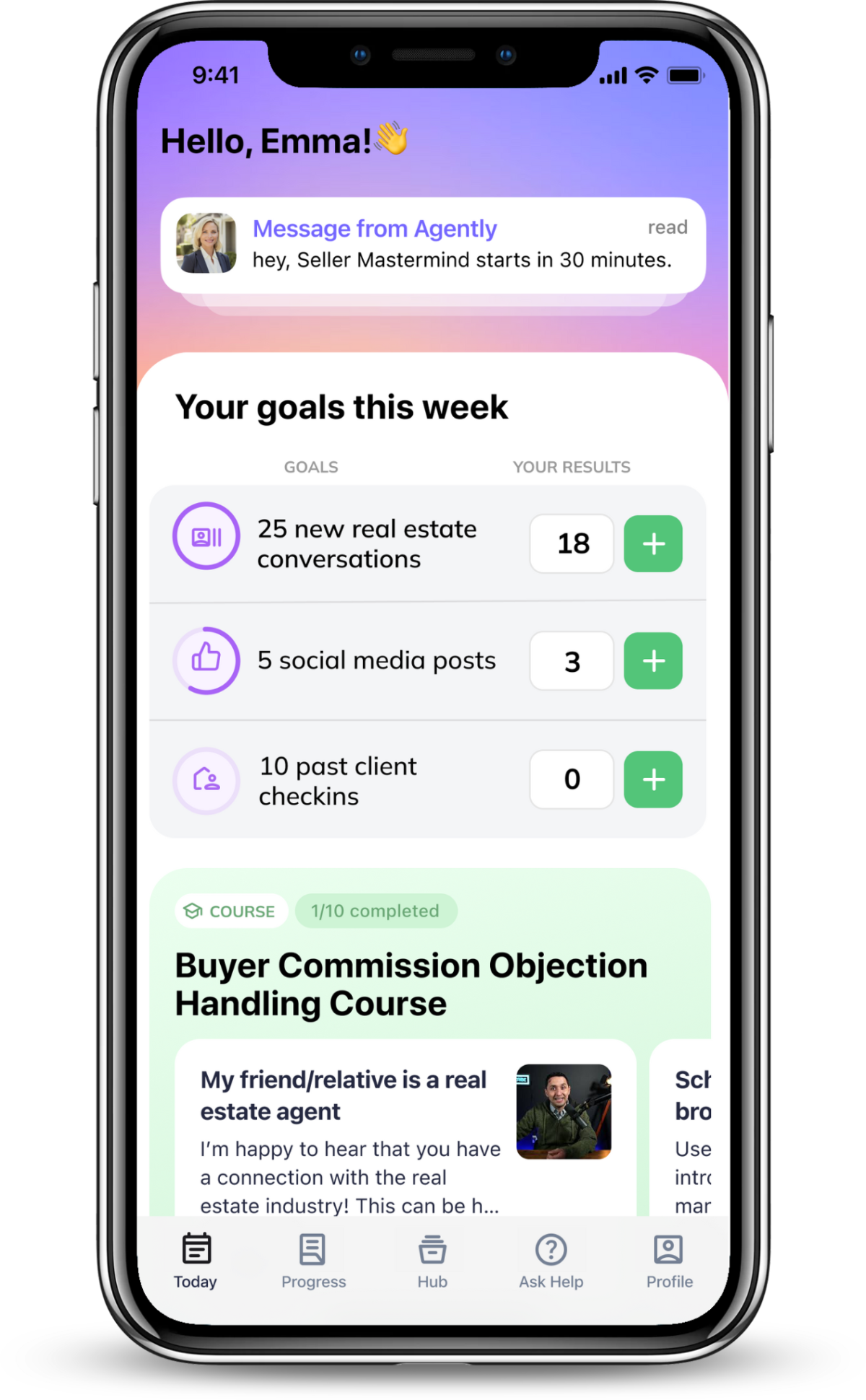
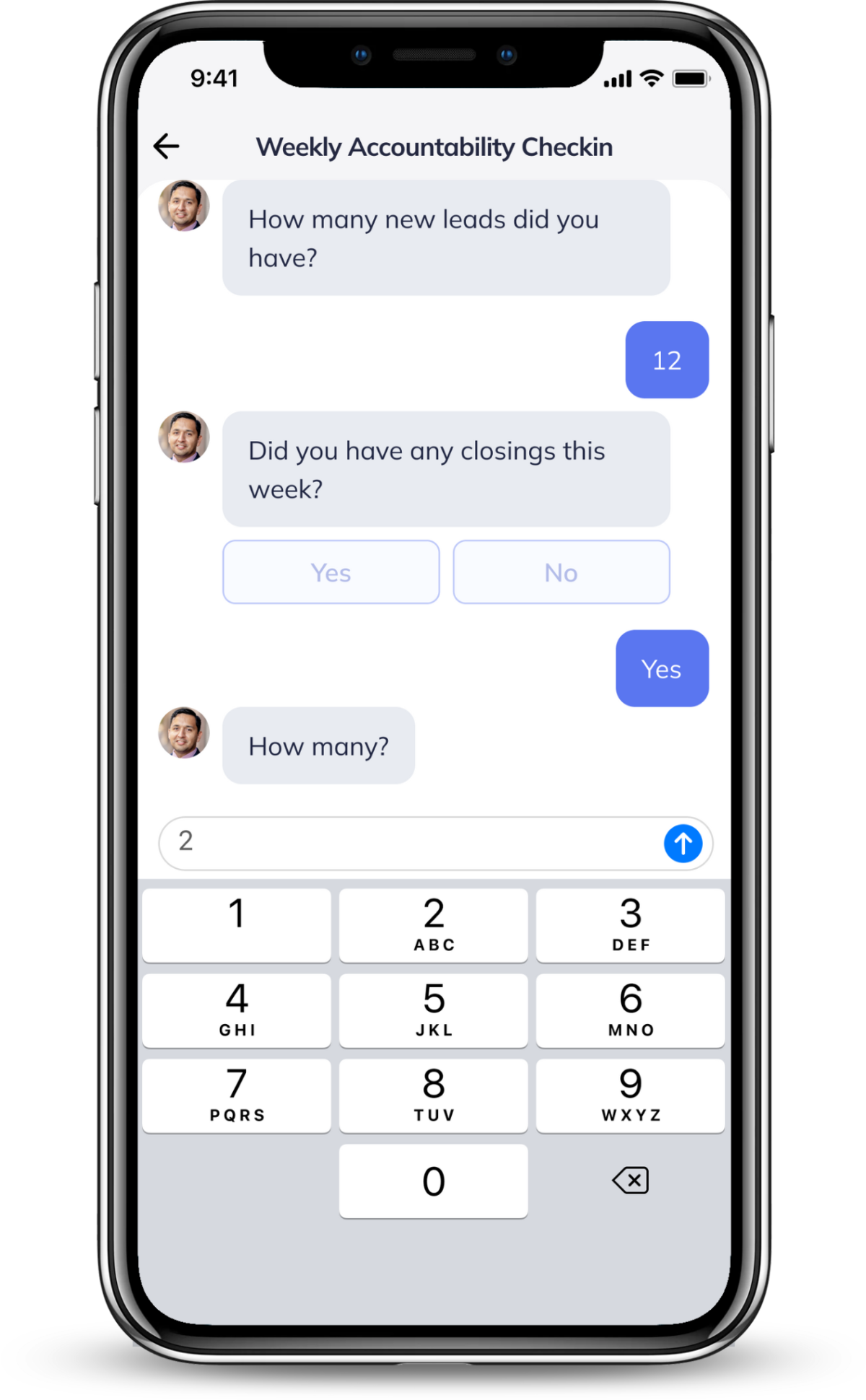
Set goals and stay on track with Agently
-

Best for:
Agent coaching and goal-setting -

Cost:
$39 for agents; $459 for teams -

Key features:
Automated agent onboarding and AI-powered listing builder
Agently is like having a real estate coach in your pocket. With innovative tools to assist in onboarding, training, and productivity tracking, Agently gives brokers a leg up in keeping their agents moving forward and hitting their productivity and GCI goals while supporting their professional development.
One standout feature? There are agent challenges and contests that turn daily tasks into fun, rewarding competitions.
Methodology: How we chose the best real estate apps
With years of experience analyzing and reviewing real estate tools, I’ve seen firsthand how the right apps can transform how agents and brokers work. For this article, our writers, editors, and real estate professionals reviewed hundreds of mobile apps for realtors. Our top picks were based on the following criteria:
- Functionality: The app must address agents’ practical challenges and streamline workflows rather than add unnecessary tasks. It should enhance efficiency and make daily operations easier.
- Pricing: The app’s cost should align with the value it provides. A strong return on investment (ROI) is key, whether through improved efficiency, lead gen, or enhanced agent productivity.
- Ease of use: The app should be intuitive and easily integrated into a busy workday. Having a minimal learning curve, user-friendly interface, and straightforward navigation are essential.
- Feedback and verified reviews: Widespread adoption and positive agent feedback indicate reliability. Growth in user adoption and positive customer reviews add credibility.
- Stability: The best real estate apps for realtors should run smoothly with limited interruptions, crashes, or technical issues, ensuring a seamless experience.
Our team regularly reviews and edits the articles on our site to ensure we provide you with the most up-to-date information. We pride ourselves on an independent editorial review process. Read more about our methodology here.
Frequently Asked Questions (FAQs)
What apps do realtors use?
There are several apps that real estate agents use—tons more than what’s on this list. One of the most important apps you should have on your smartphone is the app version of your CRM. That way, you can easily access your database, make contacts, and manage your tasks all while out in the field, working on open houses, showing properties, or meeting with potential home sellers. Several other apps on this list can add efficiency to your workflow.
What is the best real estate sales app?
The best real estate sales app is the one you will use the most. You could get tons of use from your CRM app, Supra eKEY, RPR, or BombBomb app. It really depends on how you like to work and which apps help facilitate efficiency in your day-to-day operations. No two real estate agents will work the same way, so there’s no one-size-fits-all solution. So, find the tools you enjoy using the most to create a system that works for you.
Which app is better, Zillow or Realtor?
Regarding home searches, Zillow is most widely used by potential buyers. However, Realtor.com likely has more accurate data because it comes directly from NAR. Most MLS databases syndicate to Zillow and Realtor.com (along with sites like Trulia and Homes.com) so if your clients love Zillow, lean into that. If they enjoy it, encourage them to send you listings they love from Zillow. You can then find the listings in your local MLS. Buyers have tons of resources available, but if you can get them off those platforms and onto your website, encourage them to make the move.
How do real estate apps determine home value?
Real estate apps use an AVM (Automated Valuation Model) tool to determine a home’s value. AVMs are algorithms that pull information from publicly available sources to determine a home’s value. The data points can include the number of bedrooms, bathrooms, the property’s age, location, and current market trends. It can’t consider unique features like home remodels or additions that may impact value. While AVMs are a great jumping-off point to start a conversation, nothing comes close to the comparative market analysis that you should create for your seller clients after checking the AVMs.
What is the best app for finding property?
Today, if you’re looking for a residential property, chances are Zillow is your best bet. It currently has the widest exposure and heaviest usage of all the real estate apps. If you’re trying to find commercial properties, LoopNet is your best friend. LoopNet gives you access to commercial spaces, including multifamily residential, office buildings, and industrial sites.
Which site is best for selling property?
If your client is looking to sell their property fast, they need to make sure it’s on Zillow. We as agents may loathe the real estate app, but more eyeballs are on Zillow every day, looking at properties and making purchasing plans, than on any other real estate app. So, get consent from your sellers to disseminate their listing to the online platforms, including Zillow. The MLS is great for agents looking for matches that meet their clients’ criteria, but buyers want to do their own looking, and they’re most likely looking on Zillow.
Your take
What are your go-to apps for real estate agents to boost your work efficiency, connect with leads faster, and close more deals? Do you agree with my list of the best apps for real estate? Which ones did I miss? Let me know in the comments!
The post 12 Best Real Estate Apps for Agents in 2025 appeared first on The Close.
